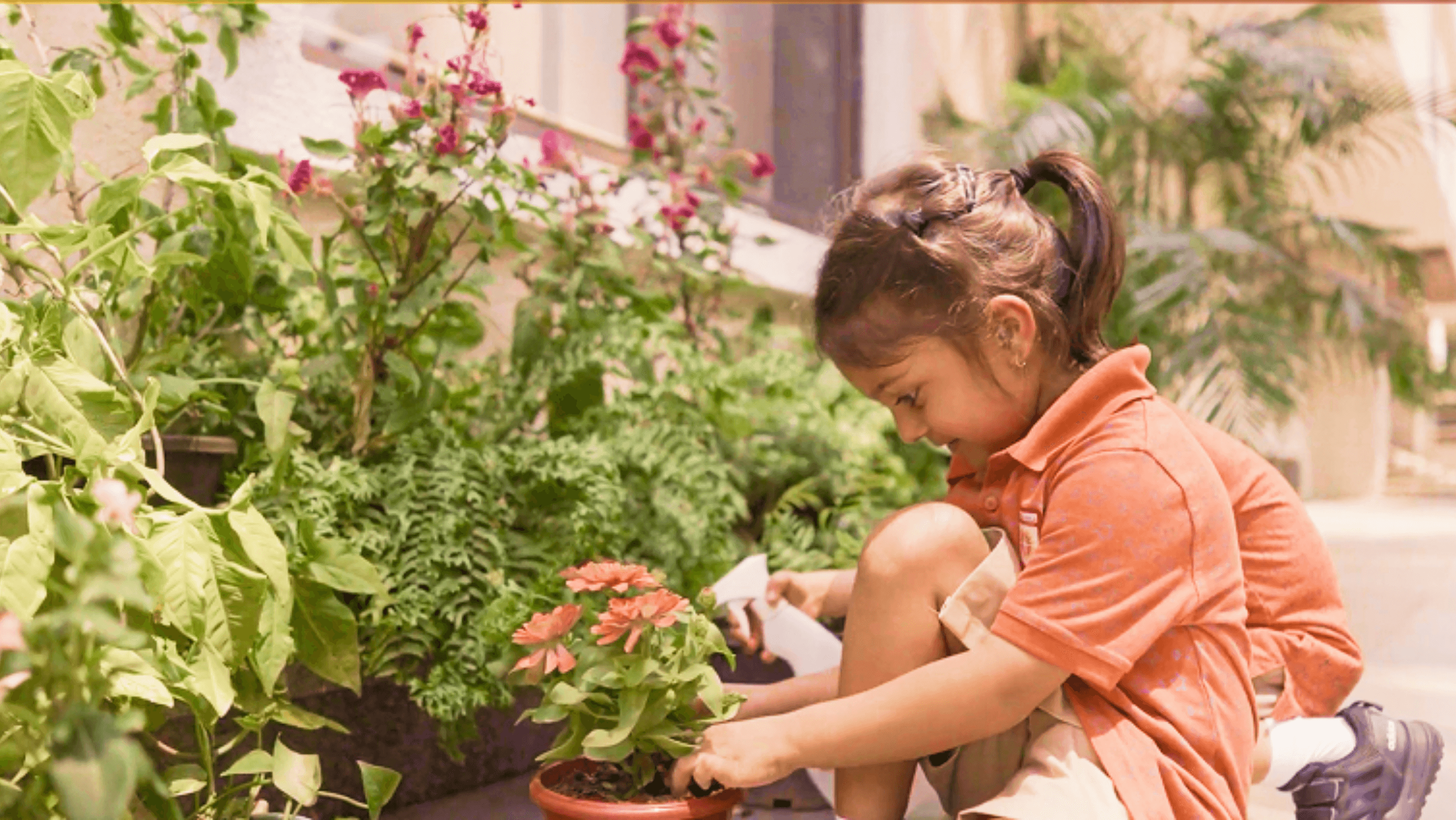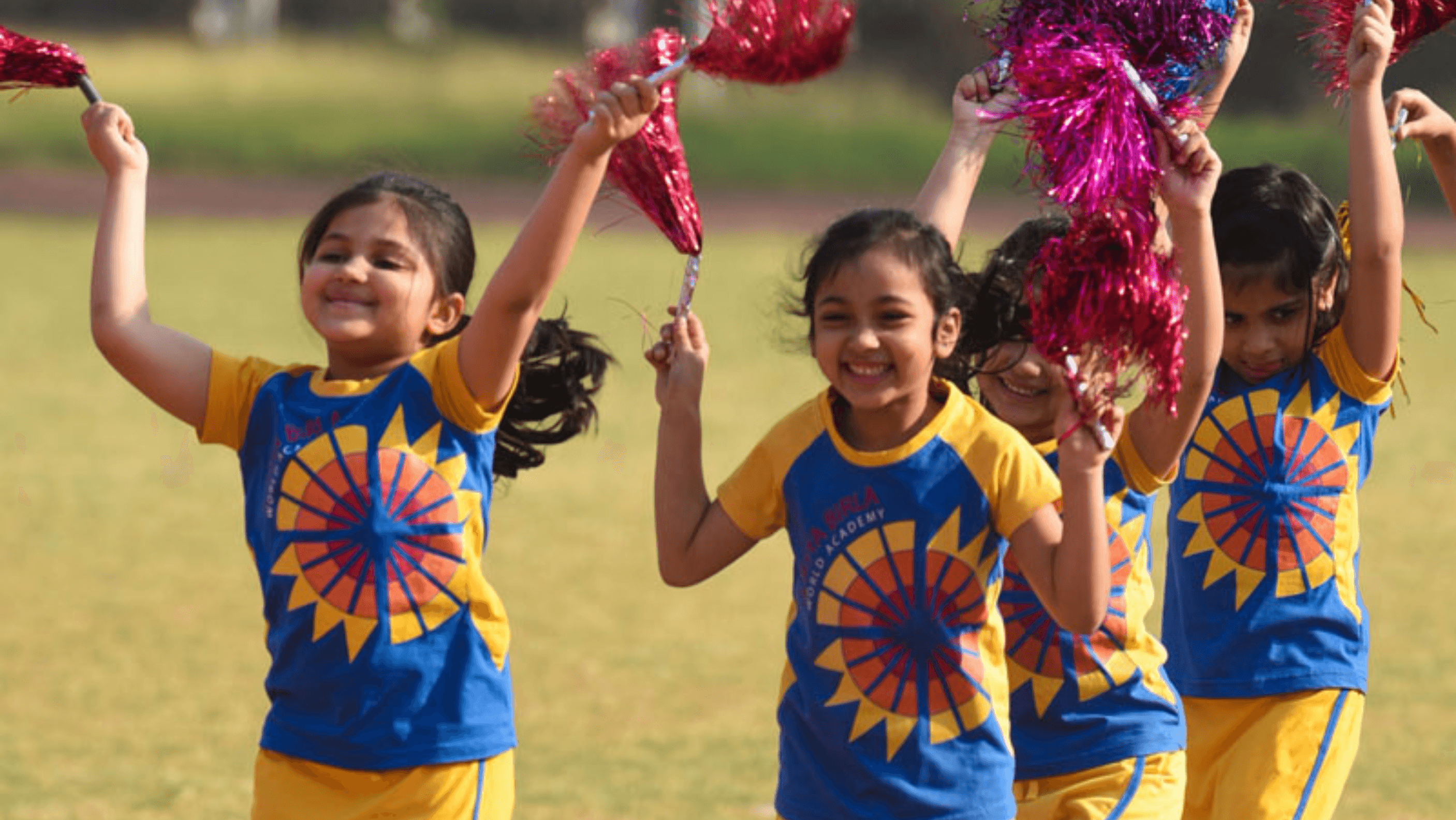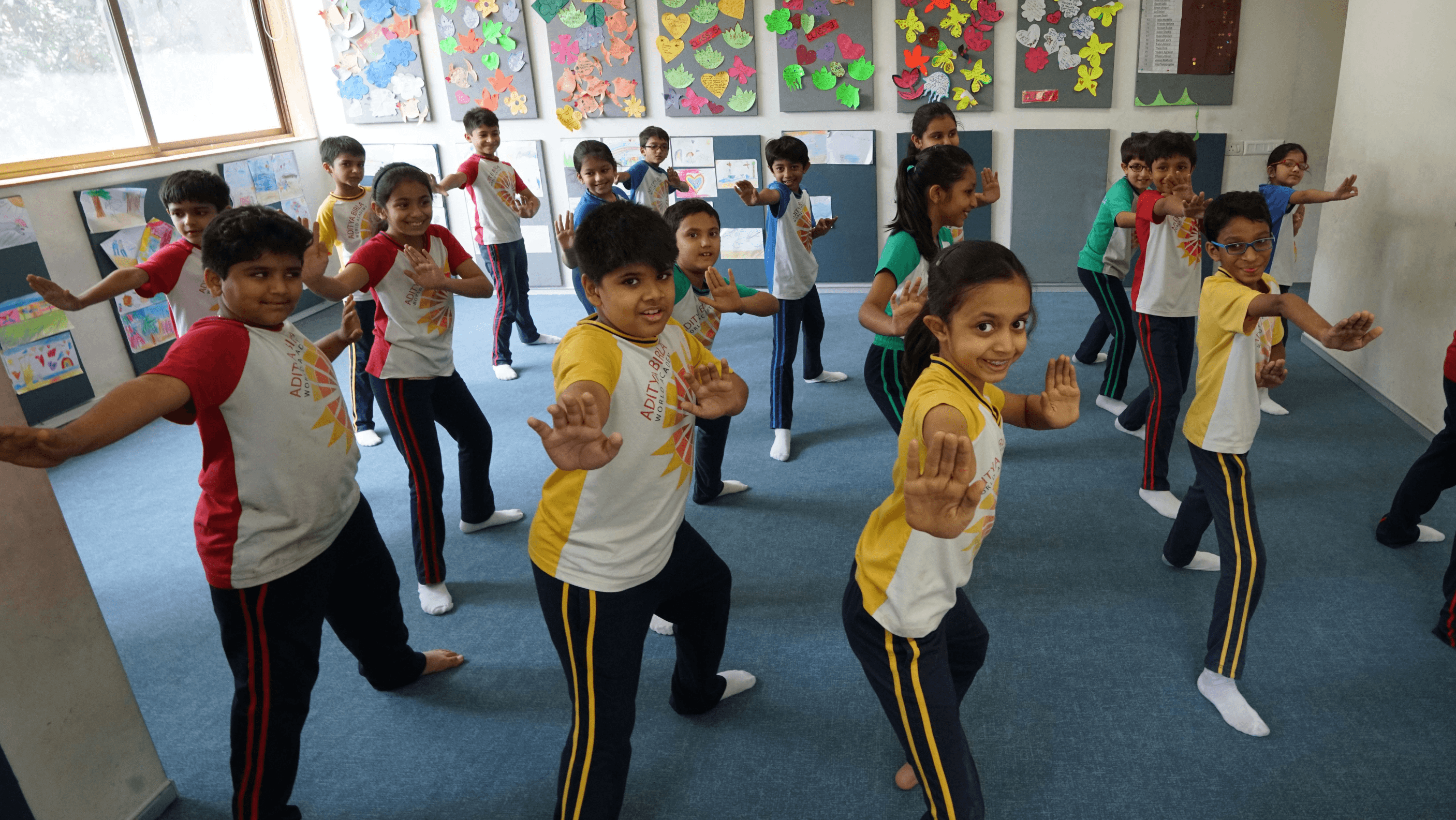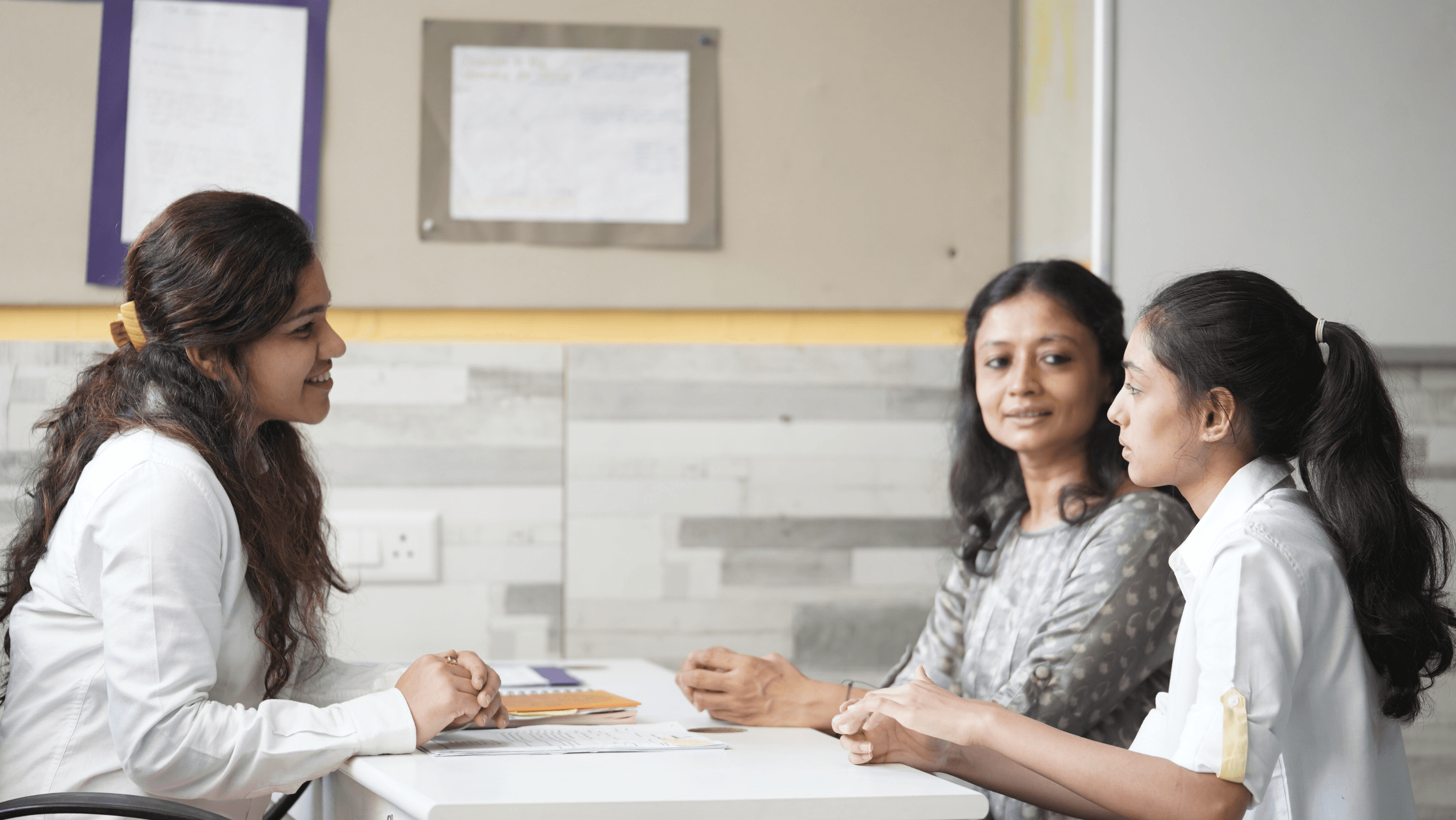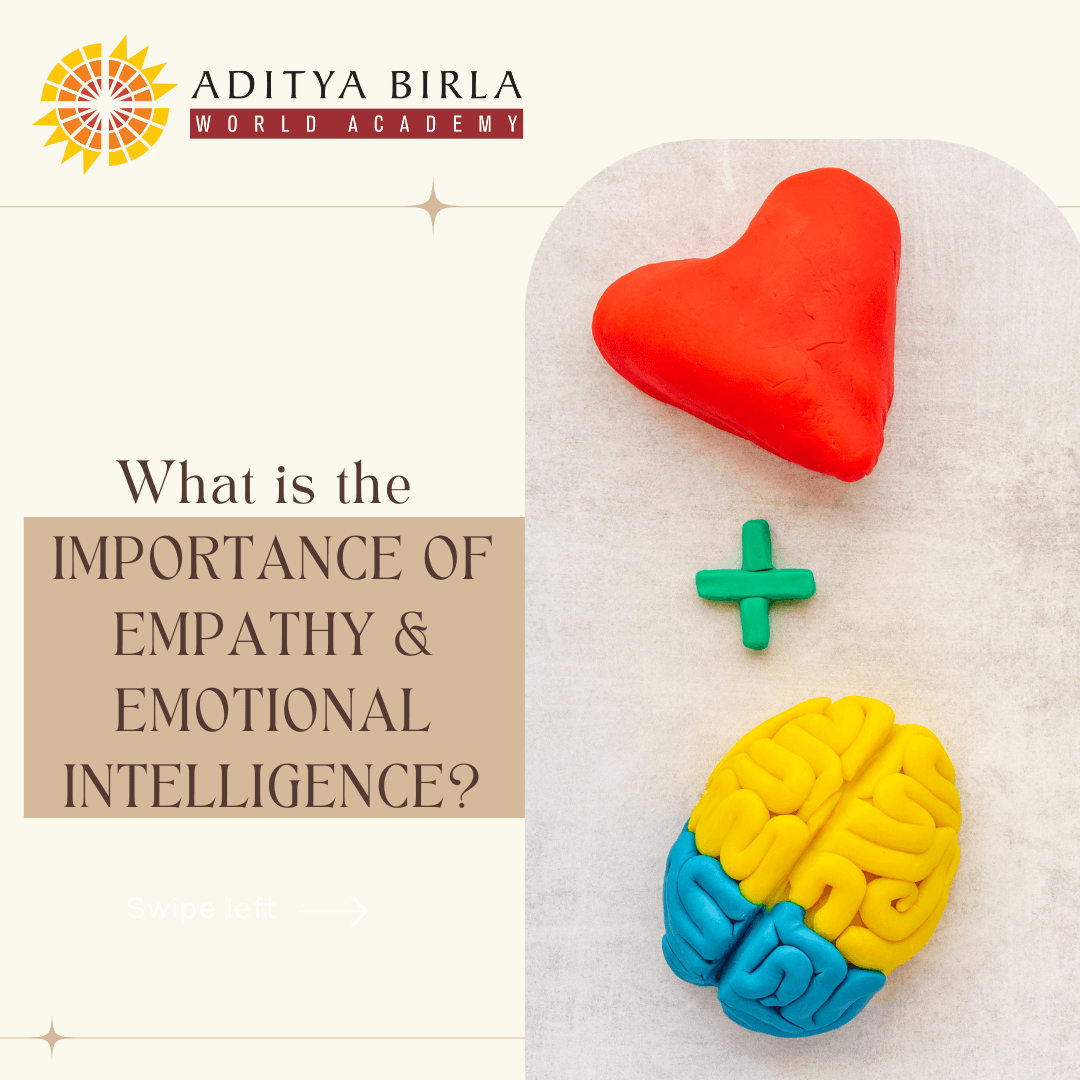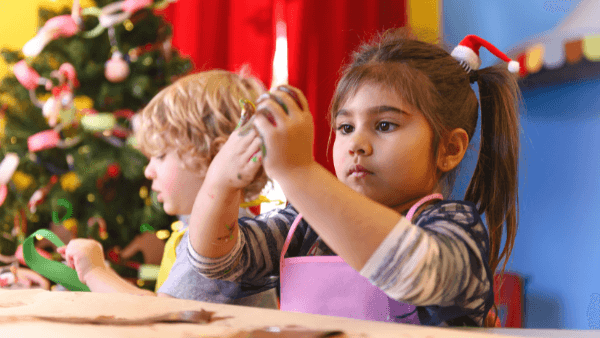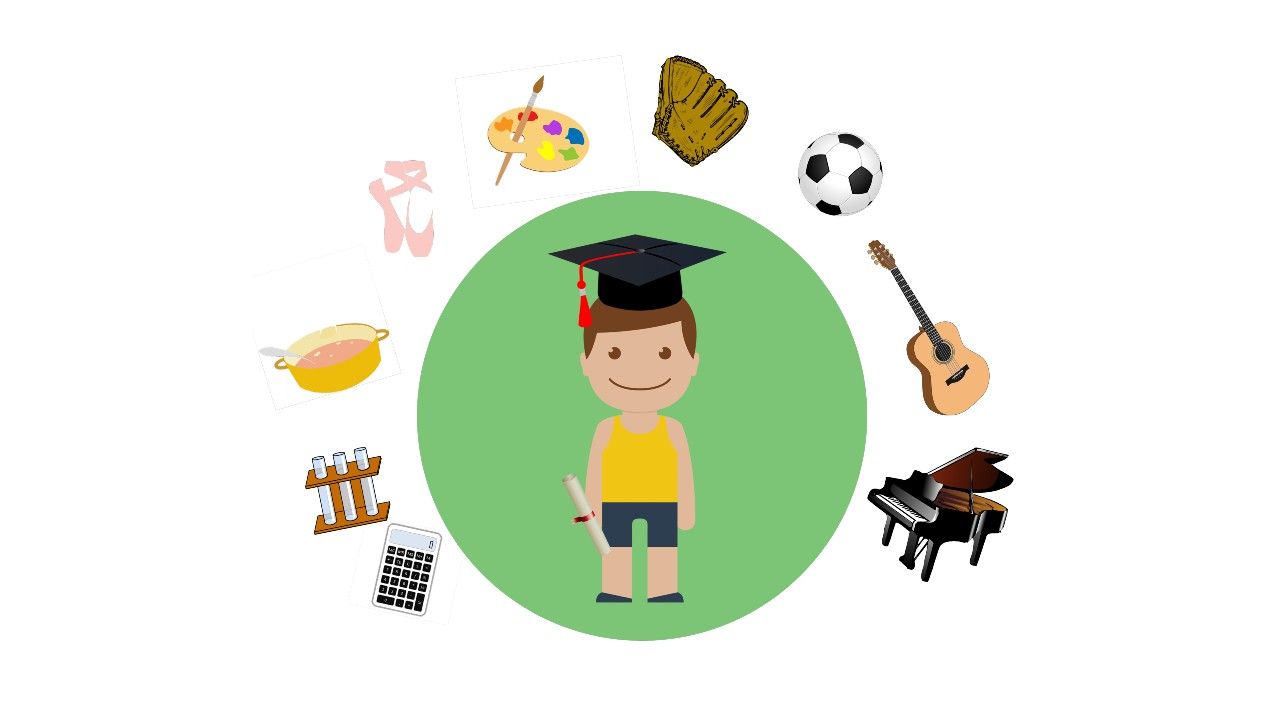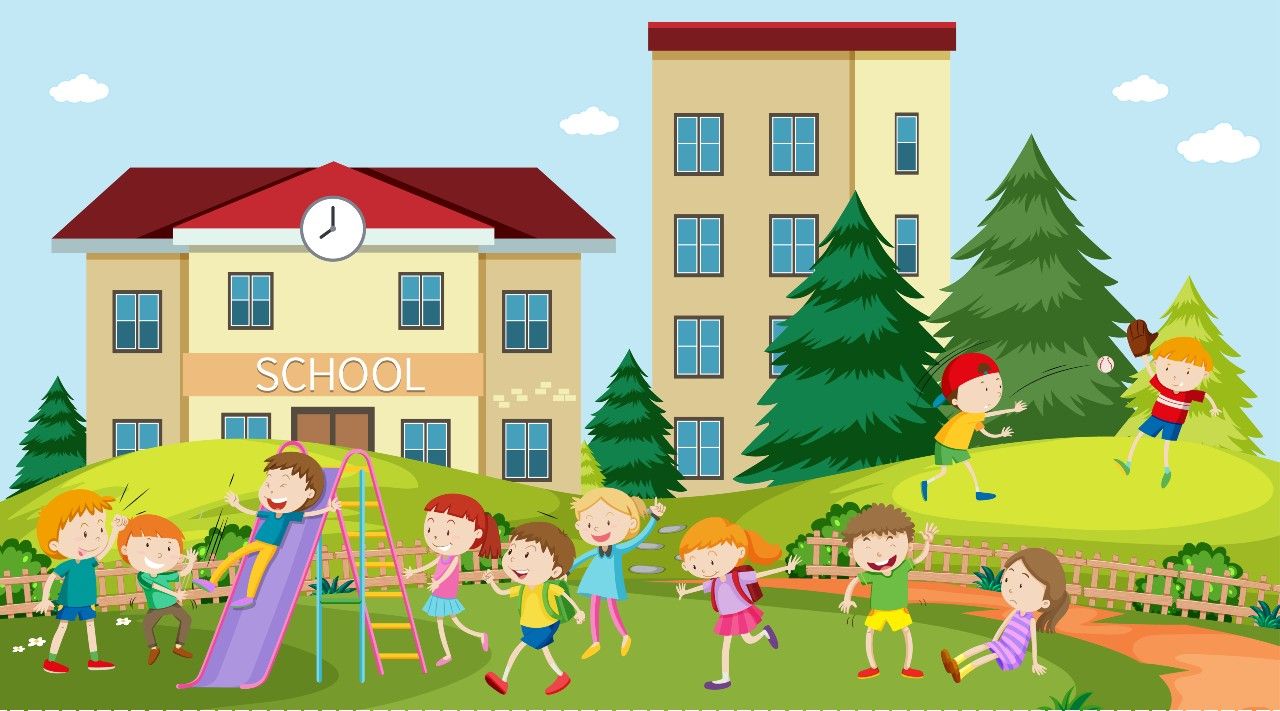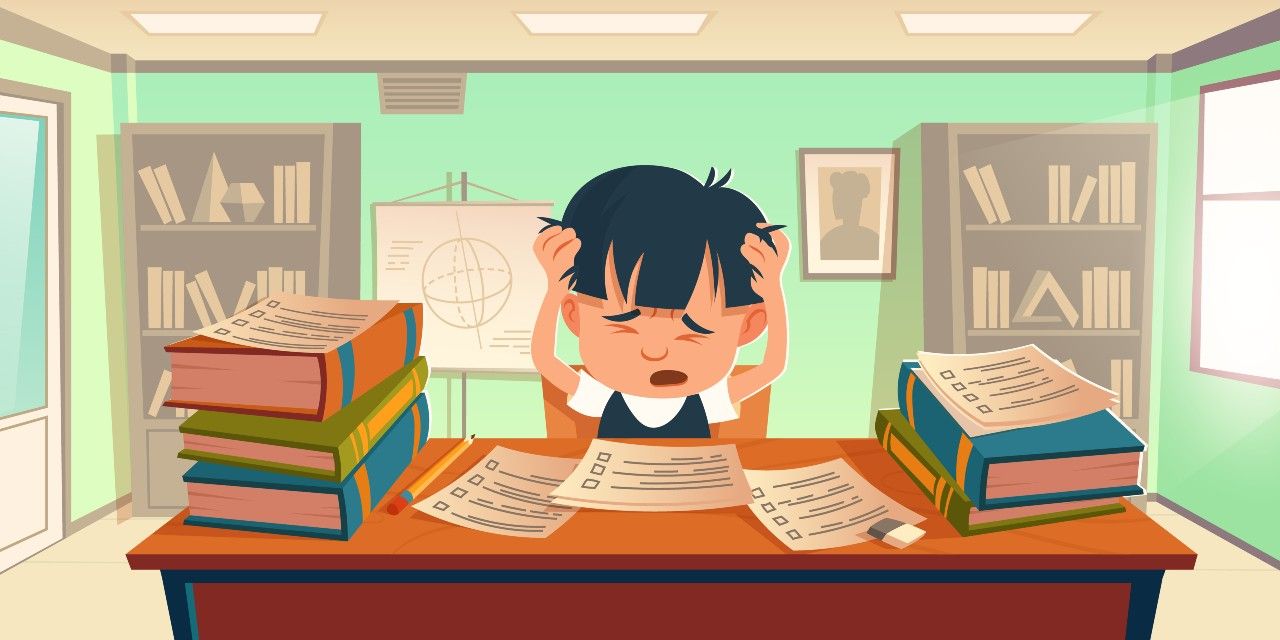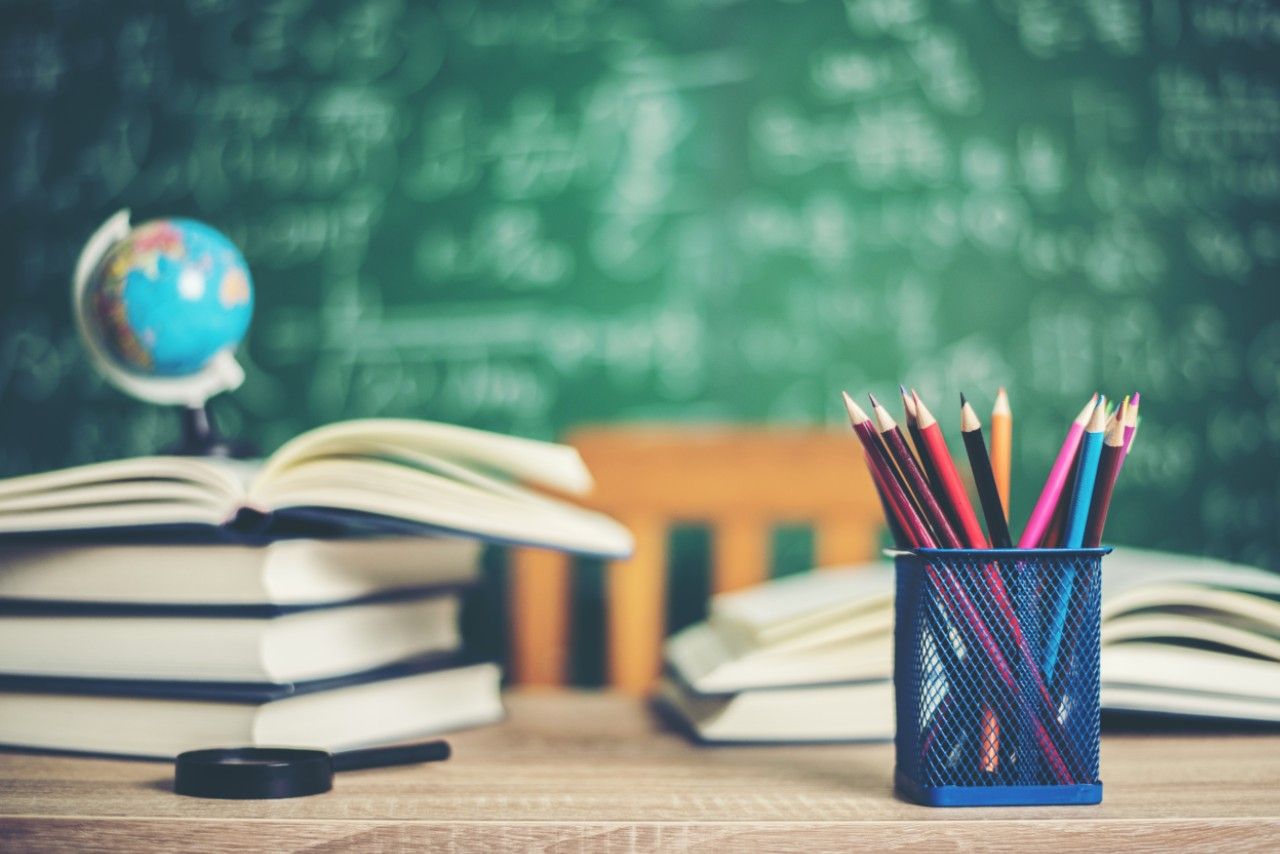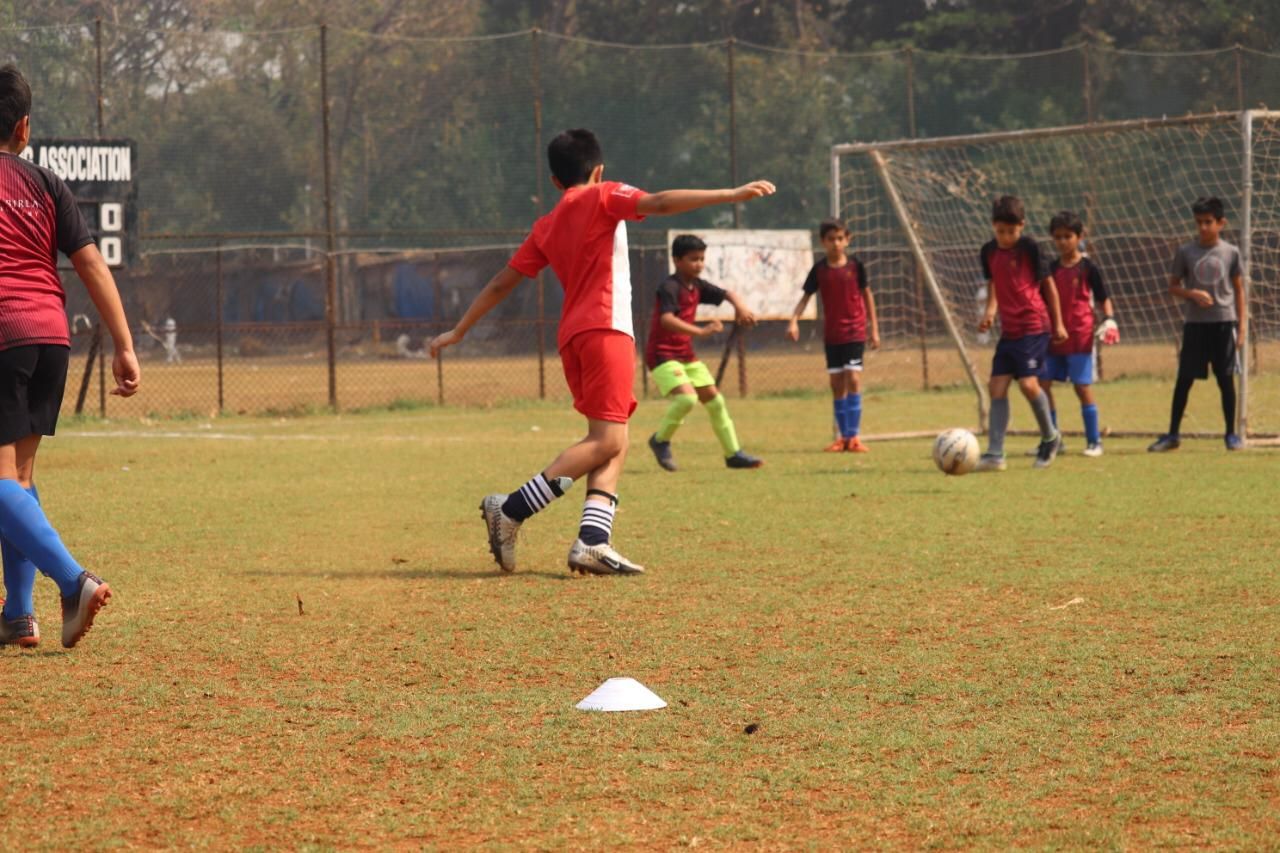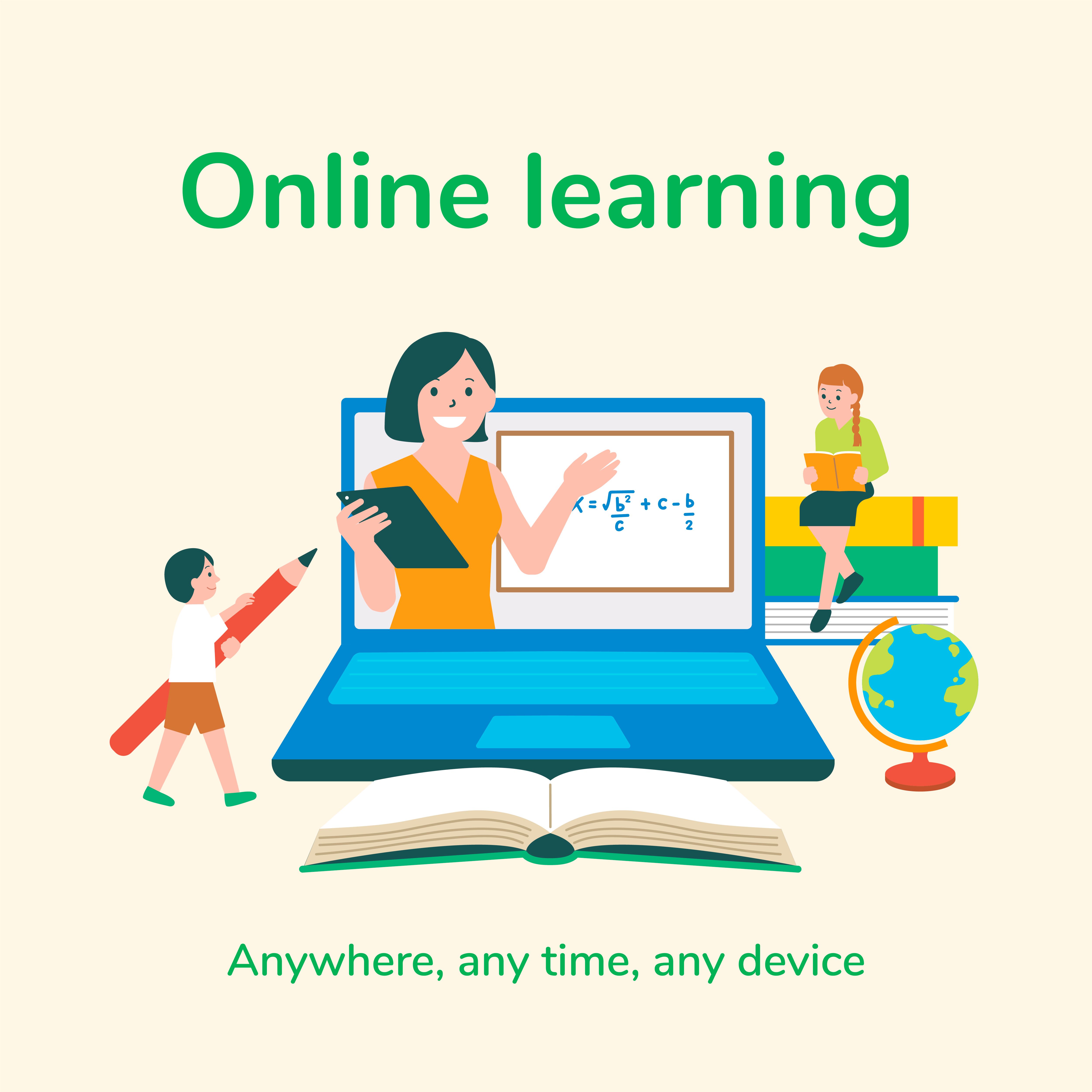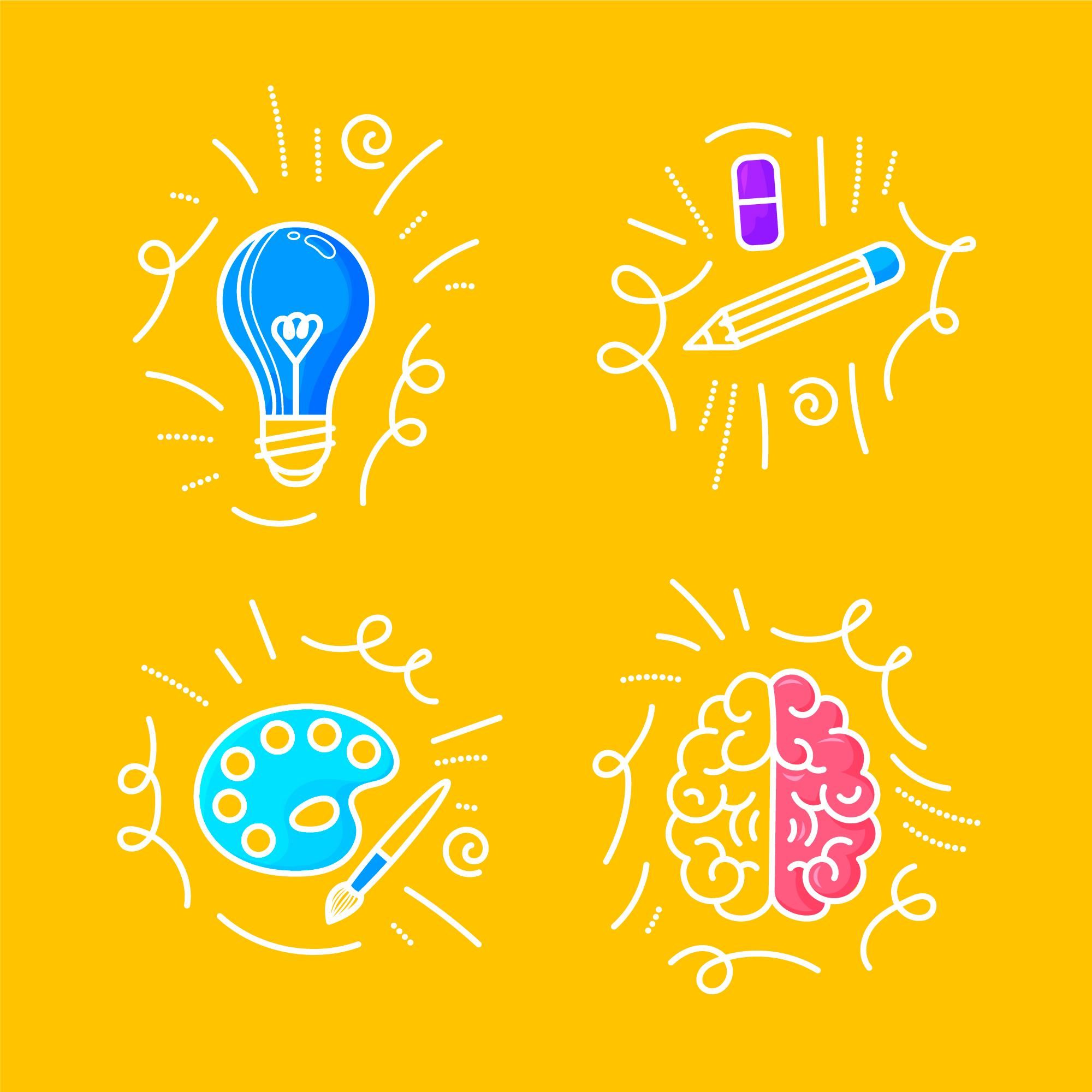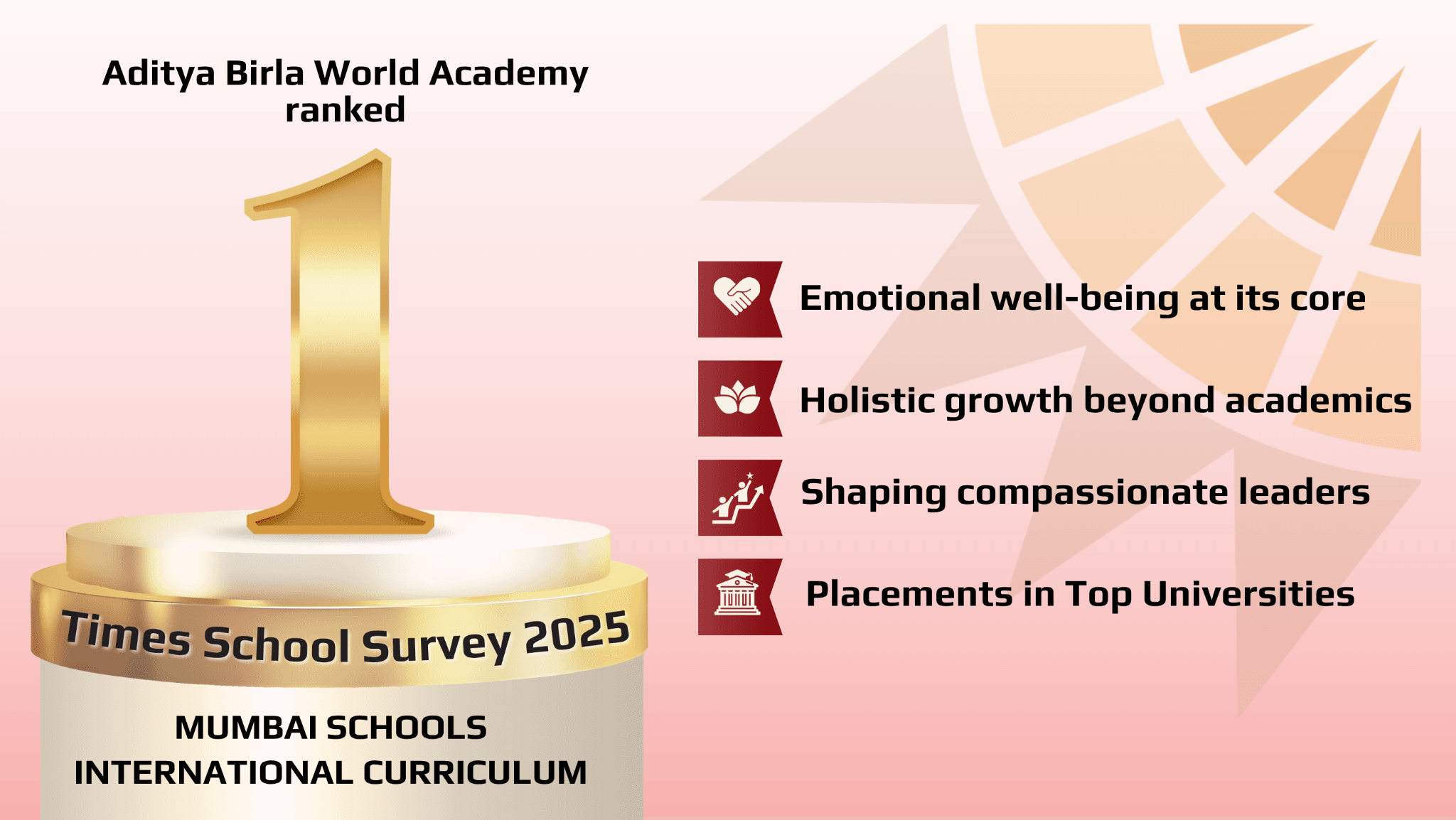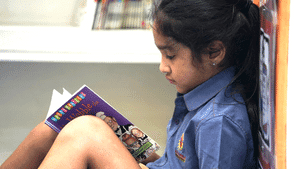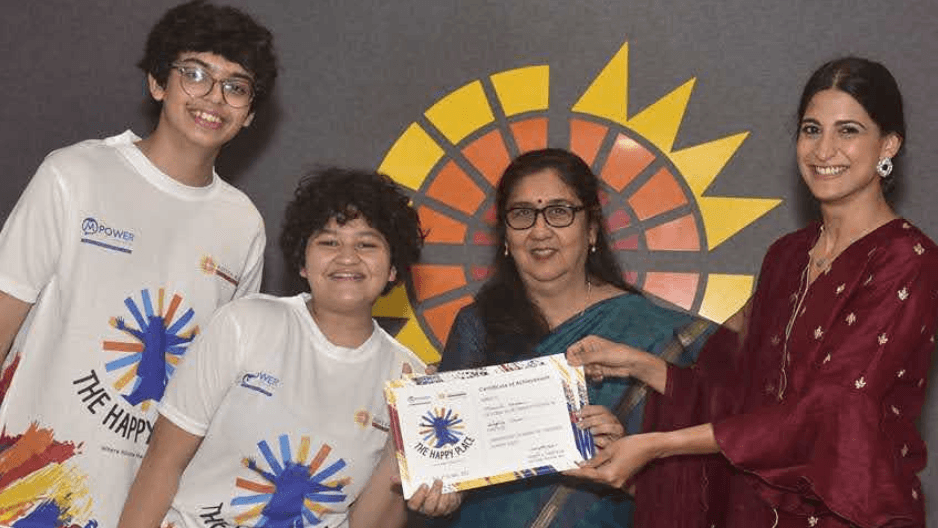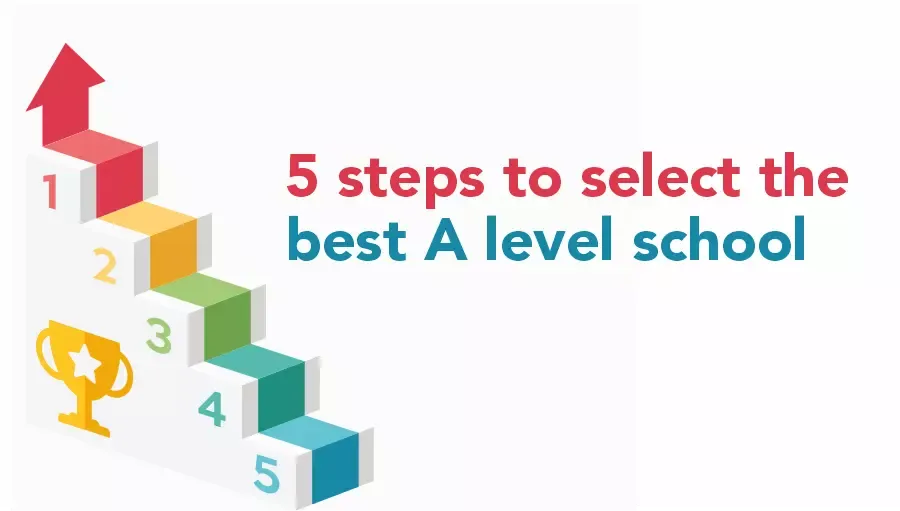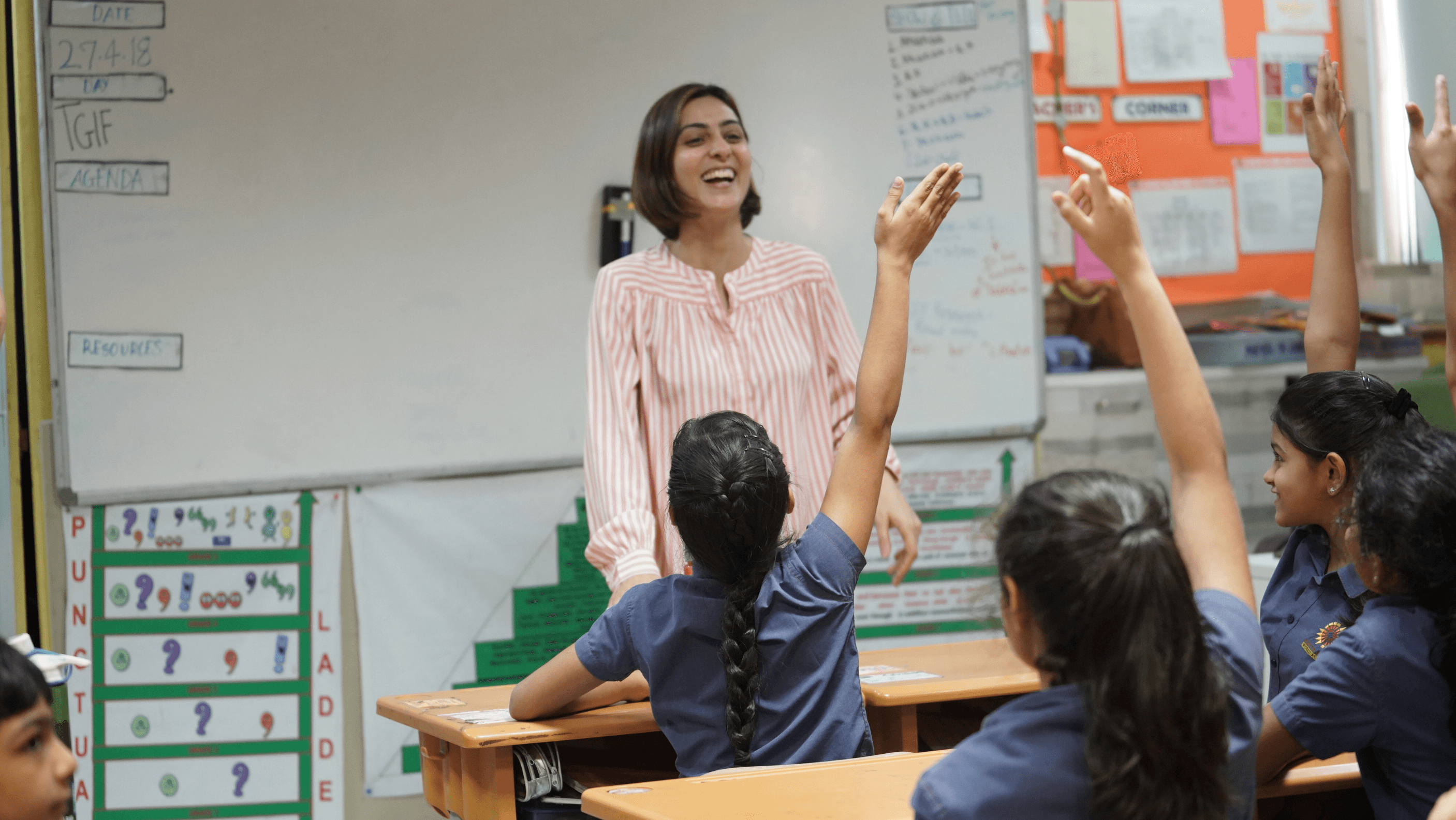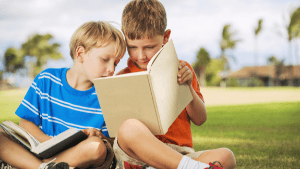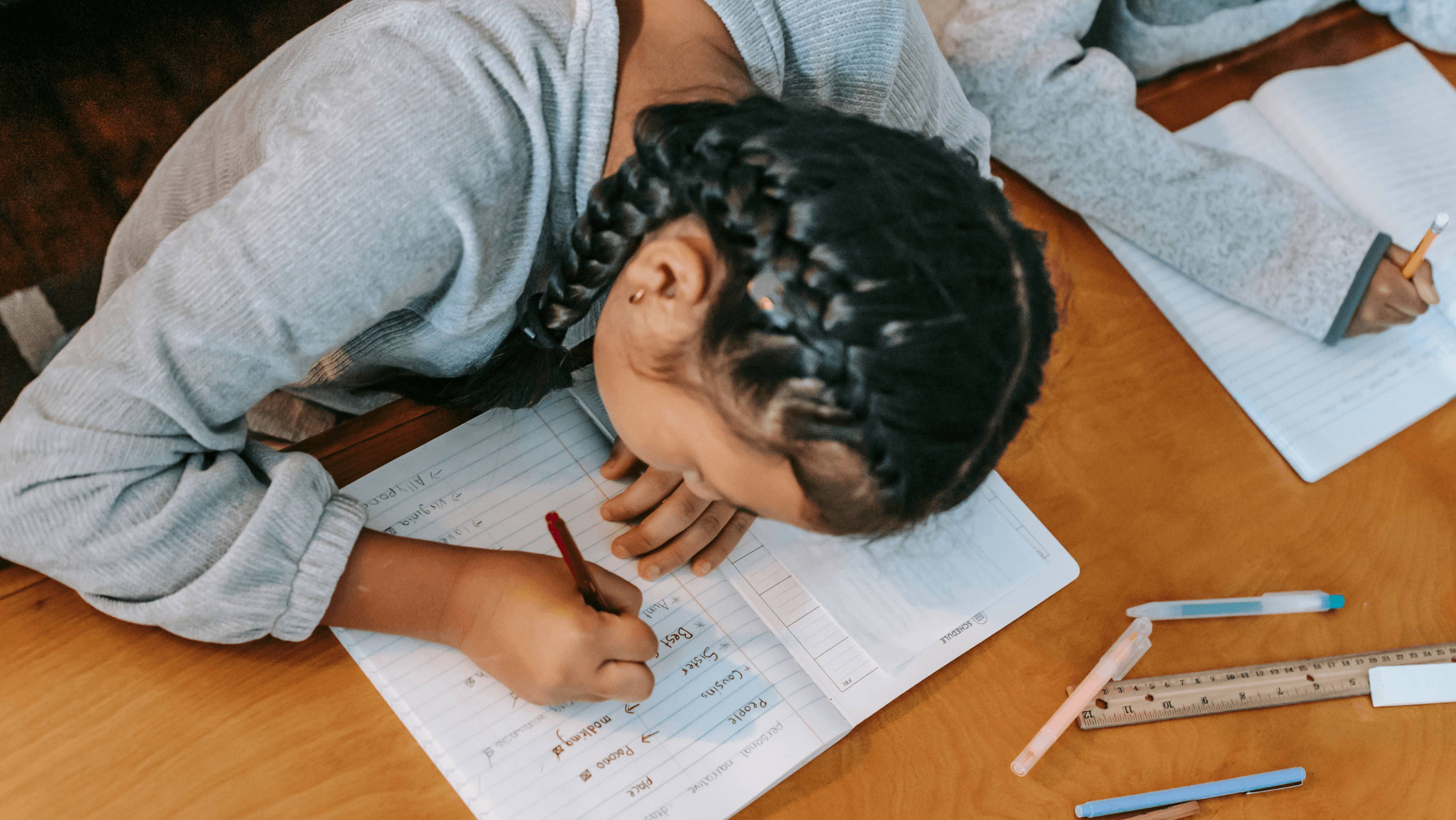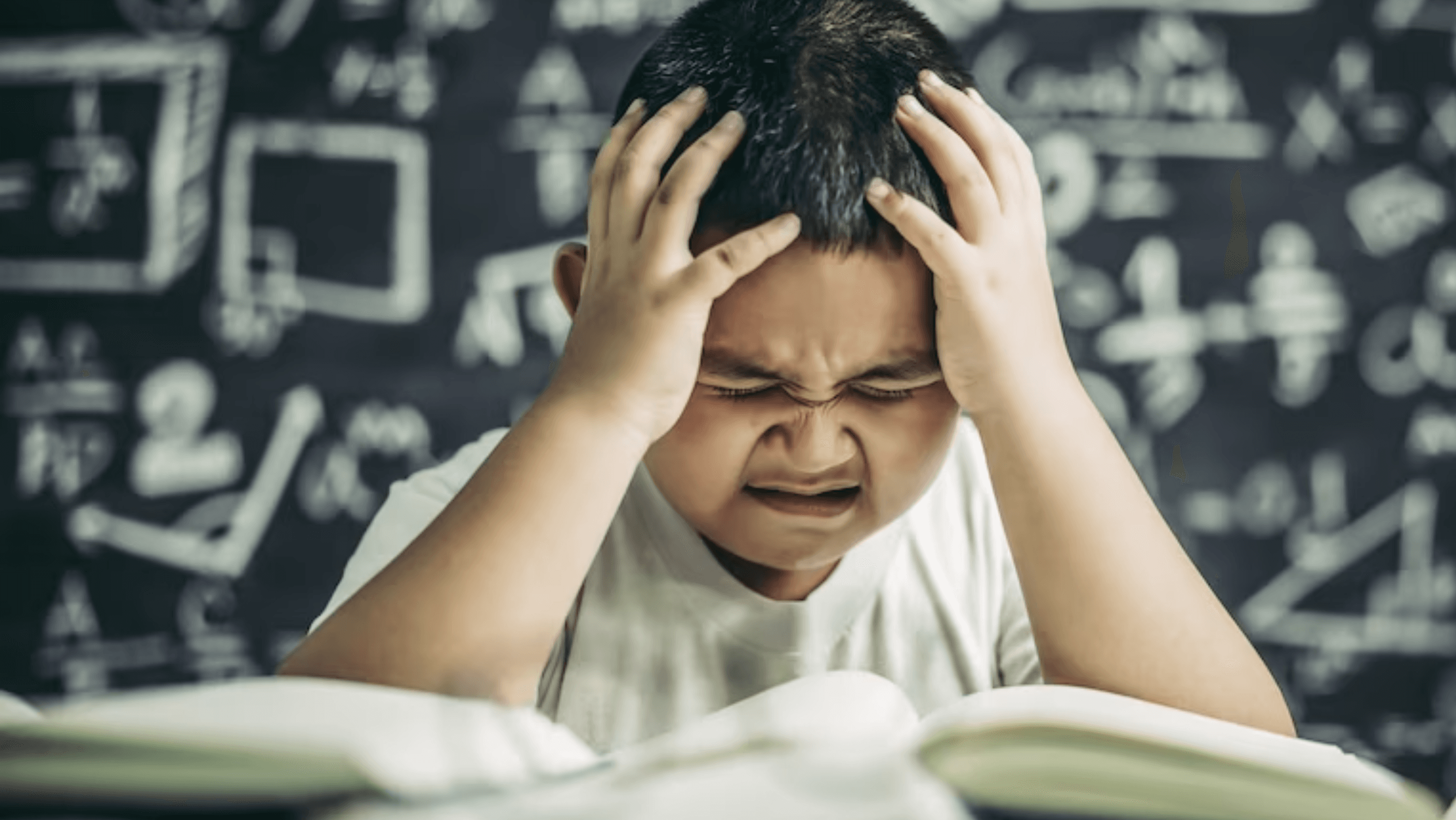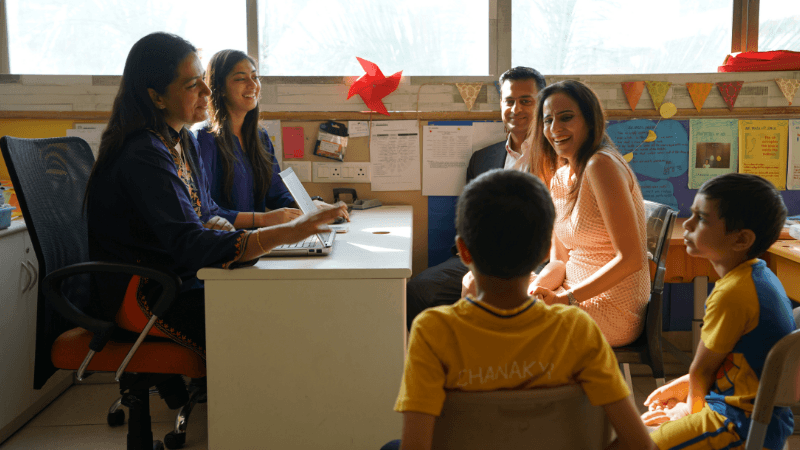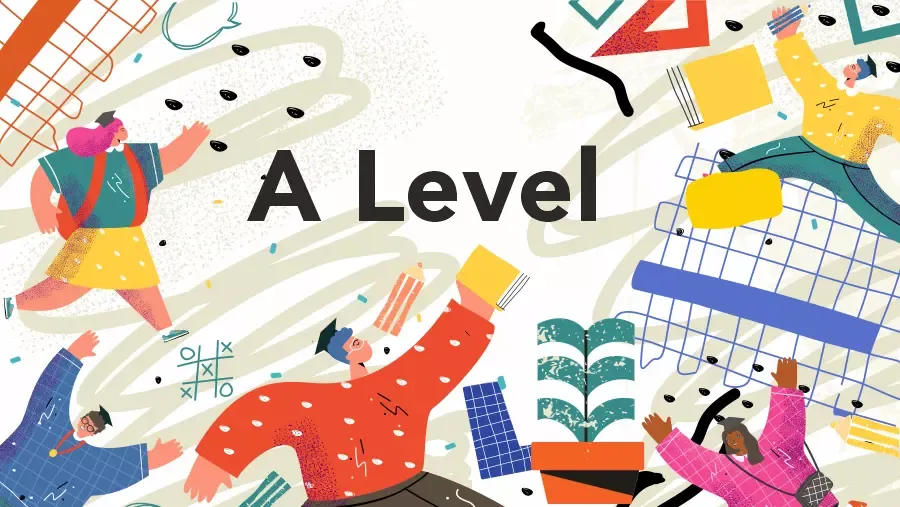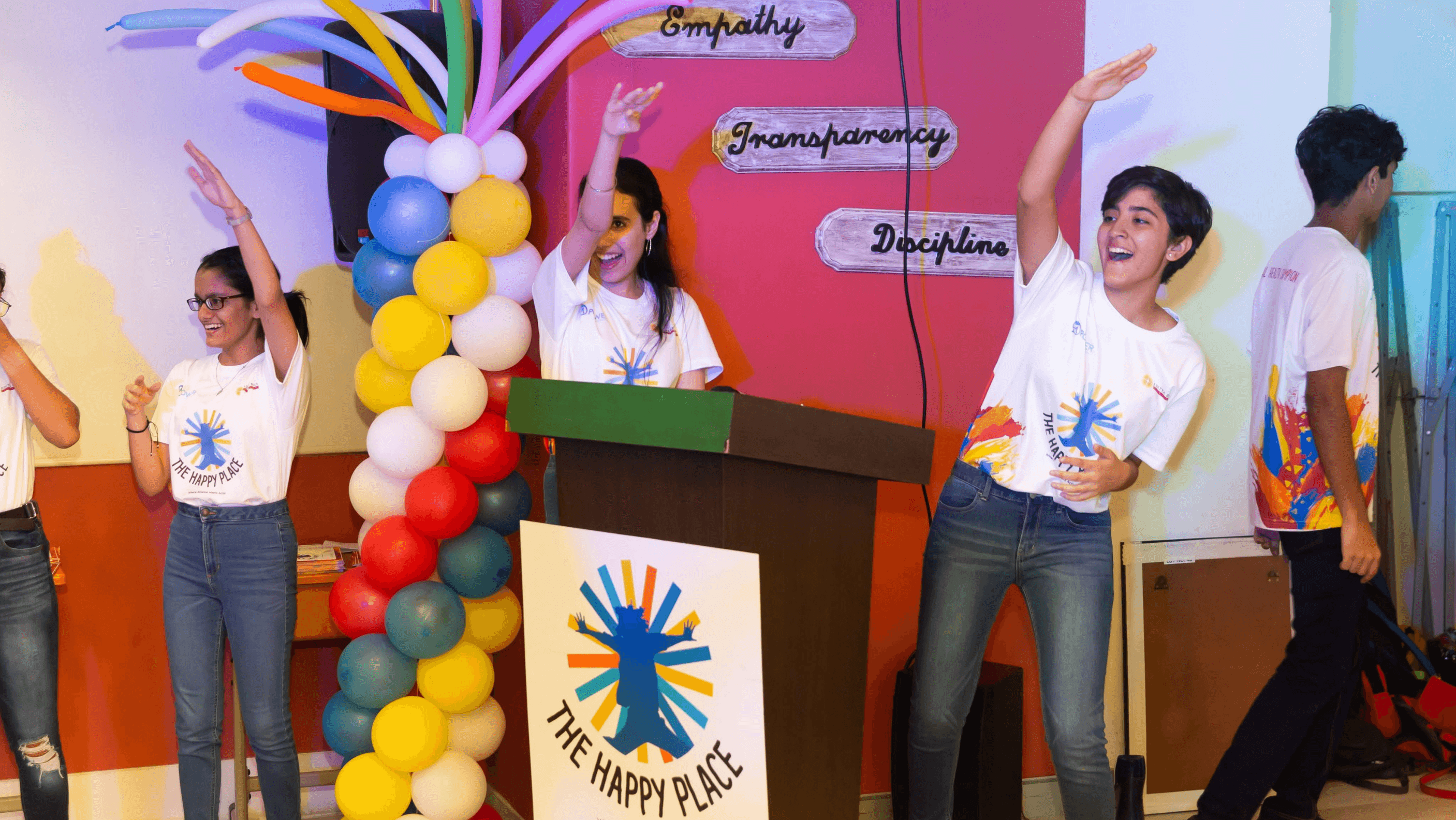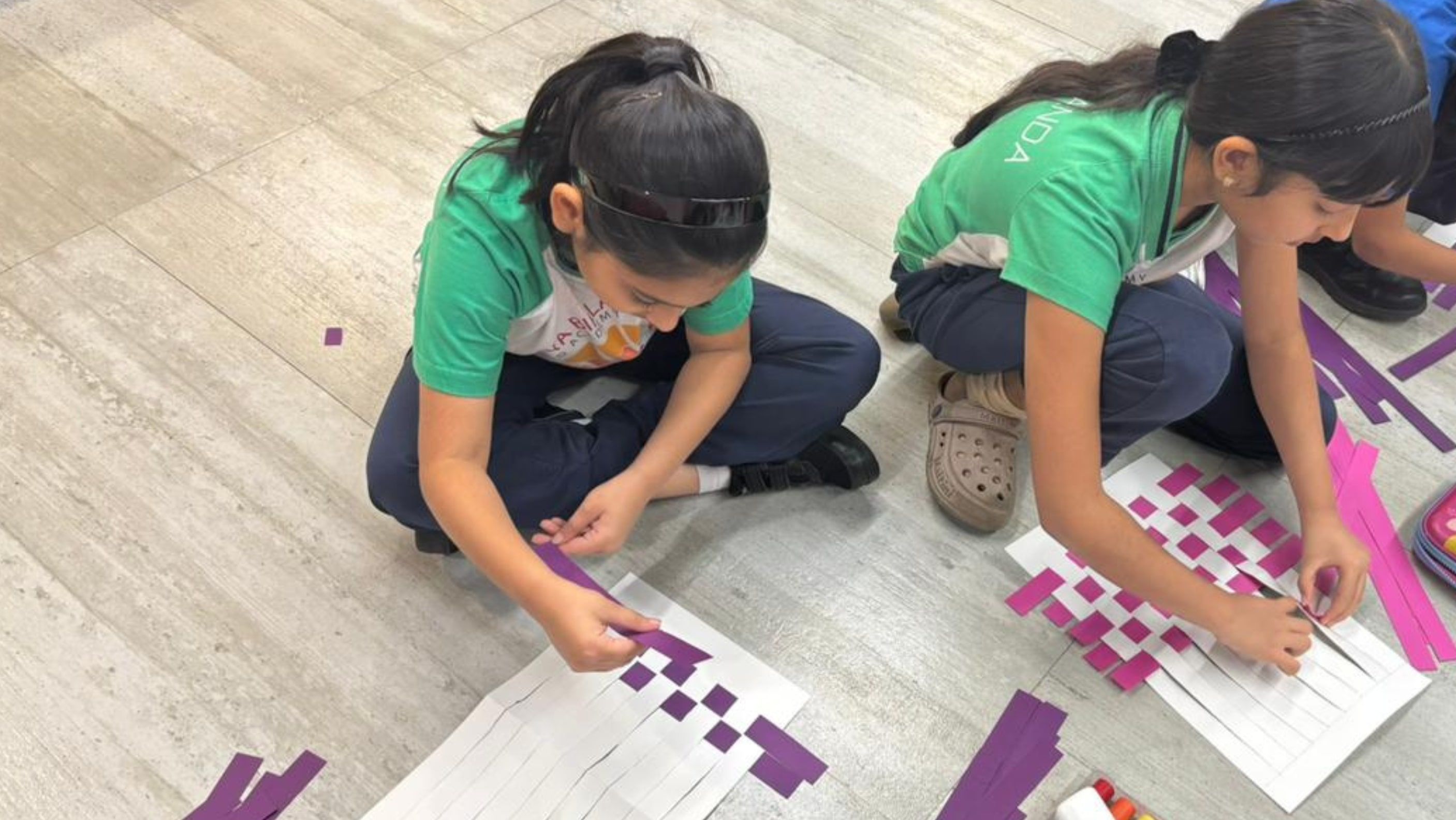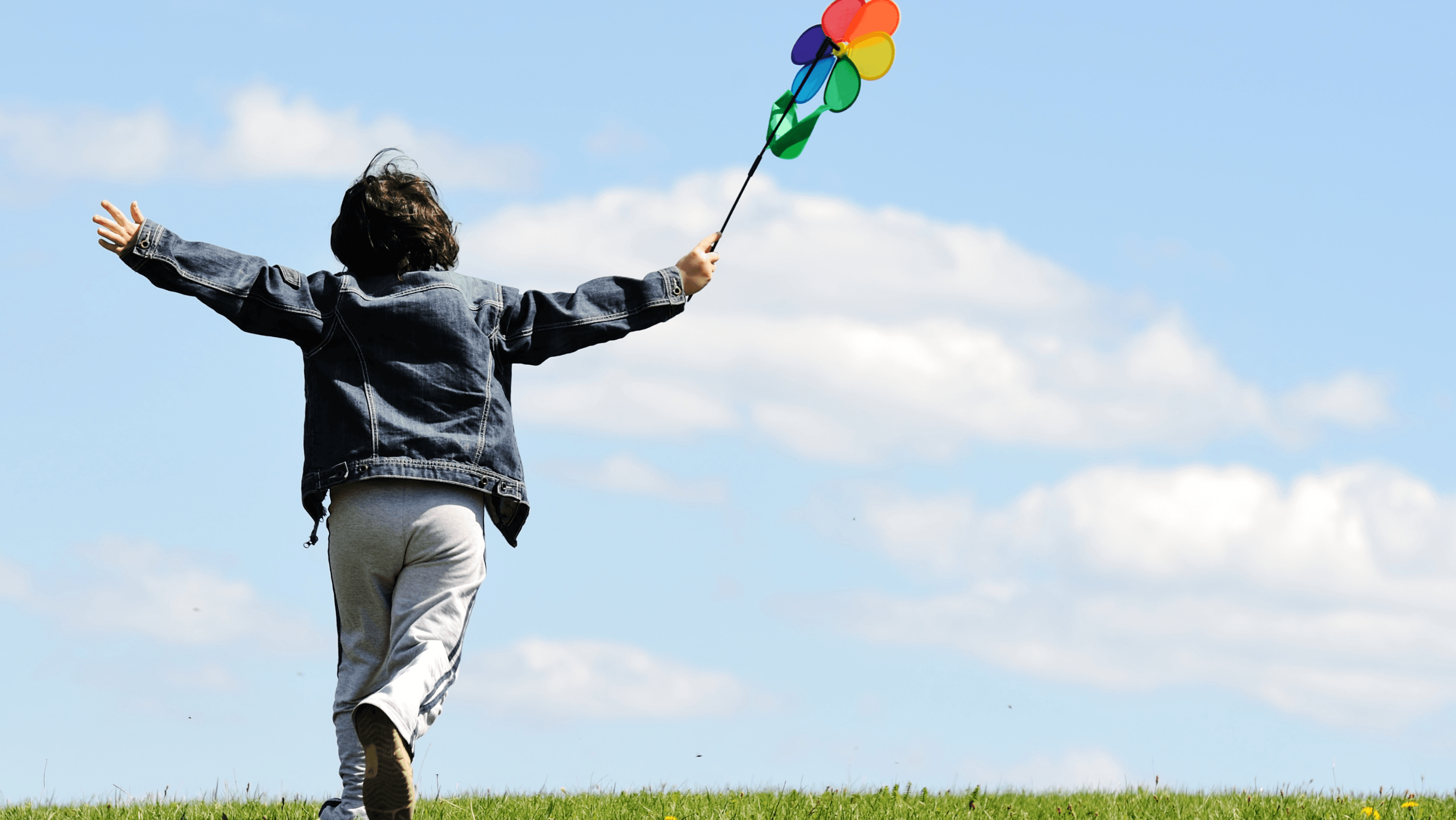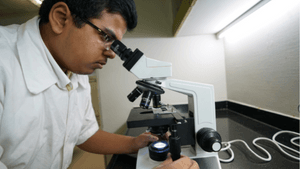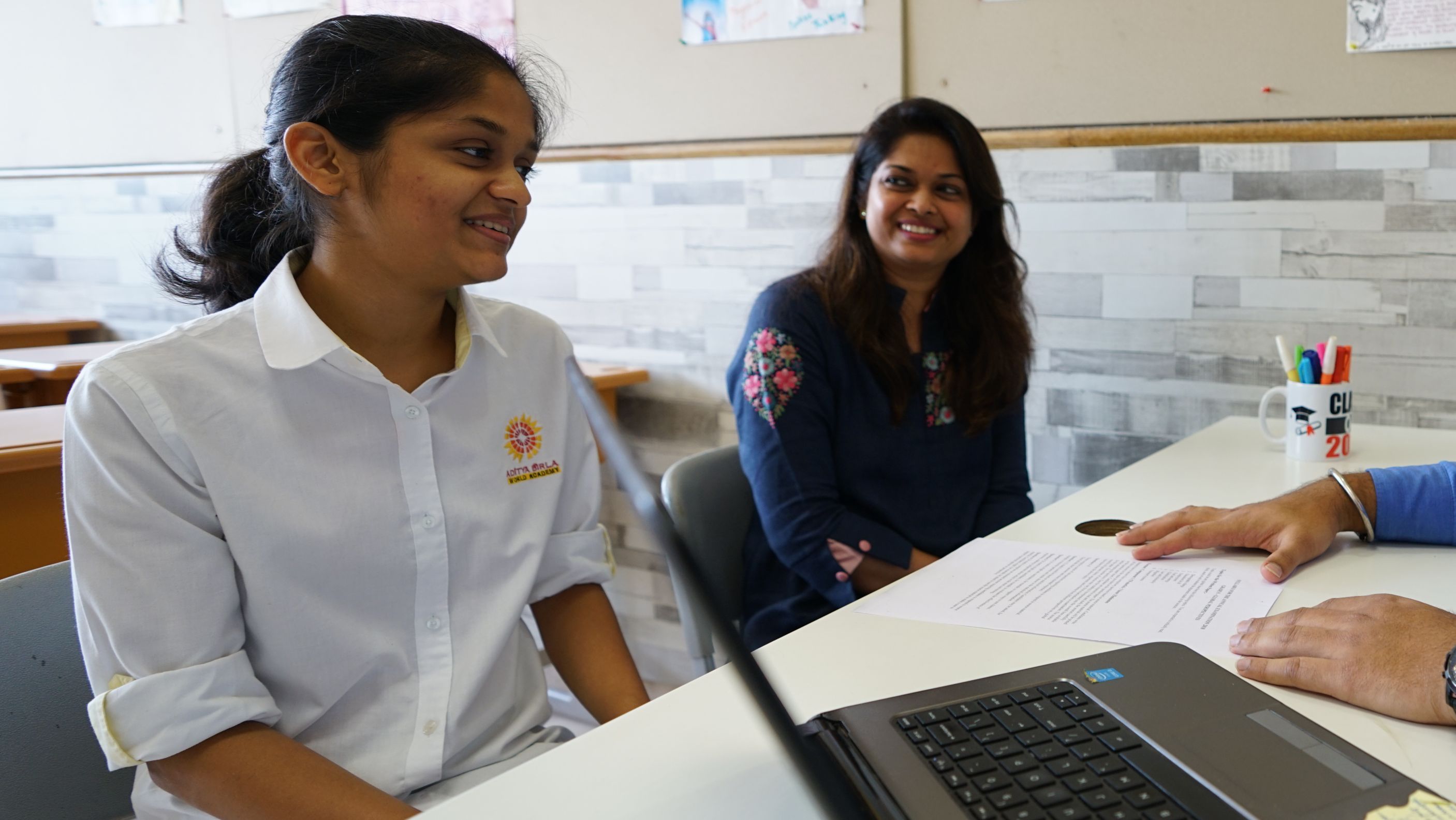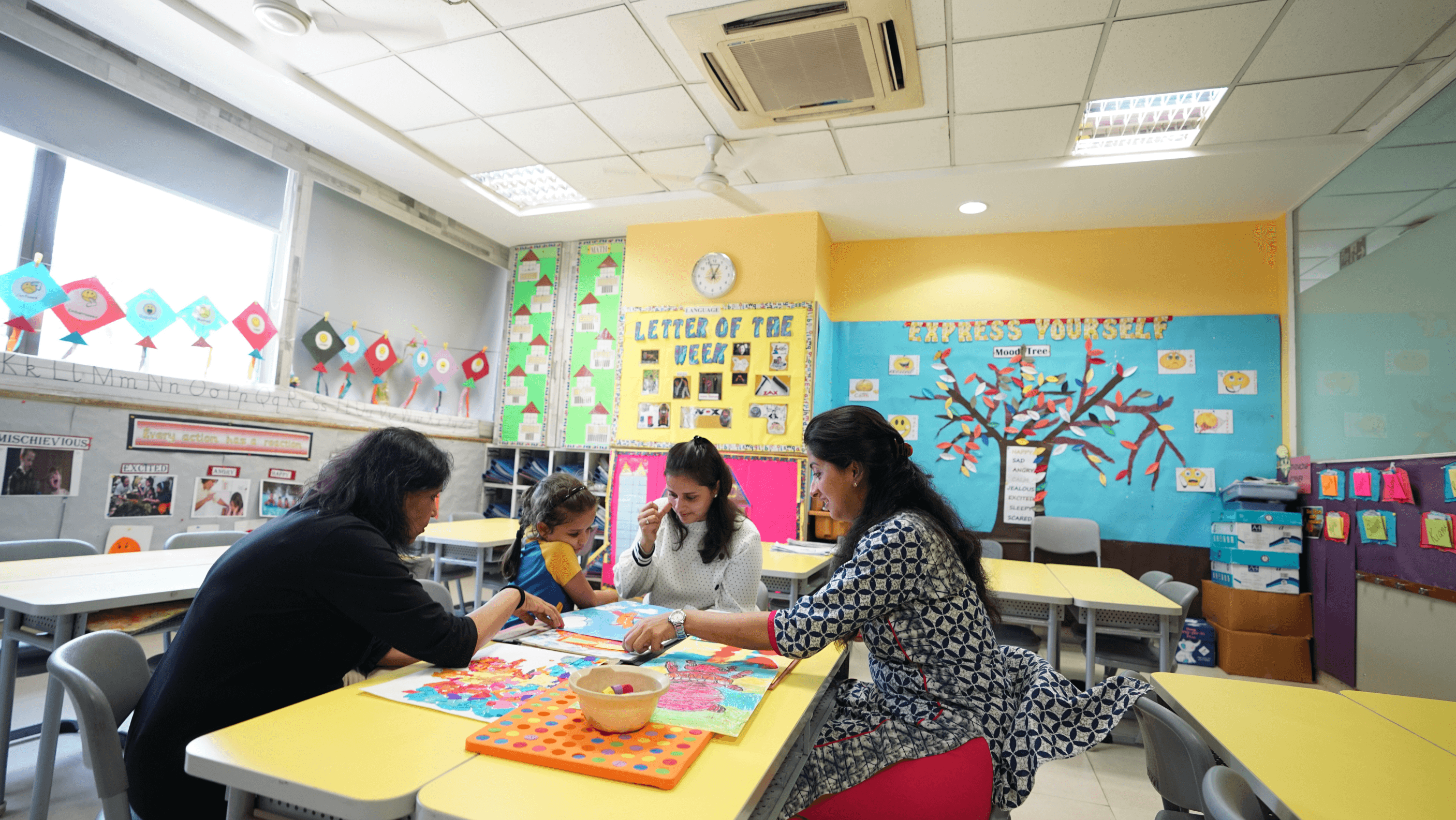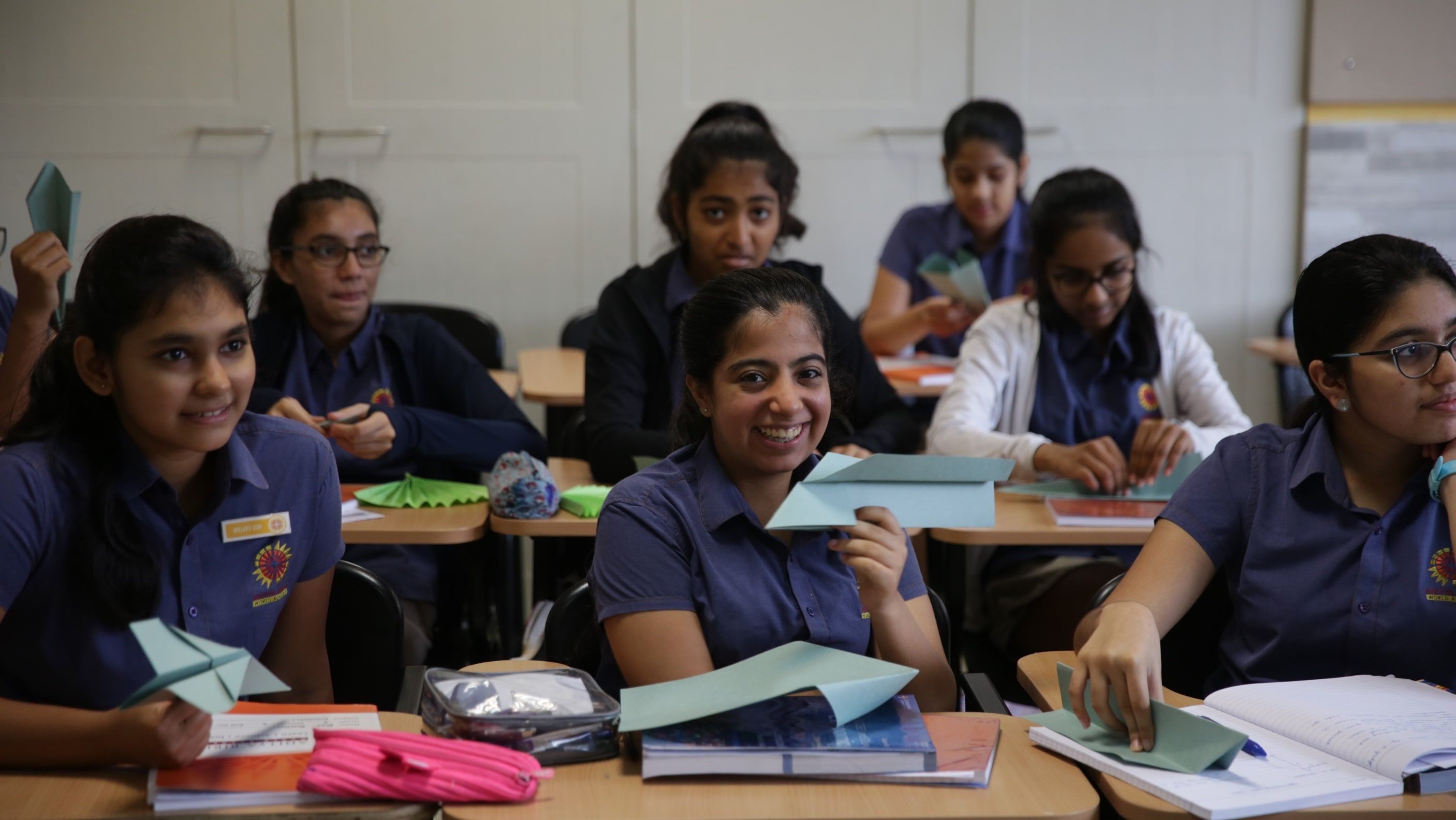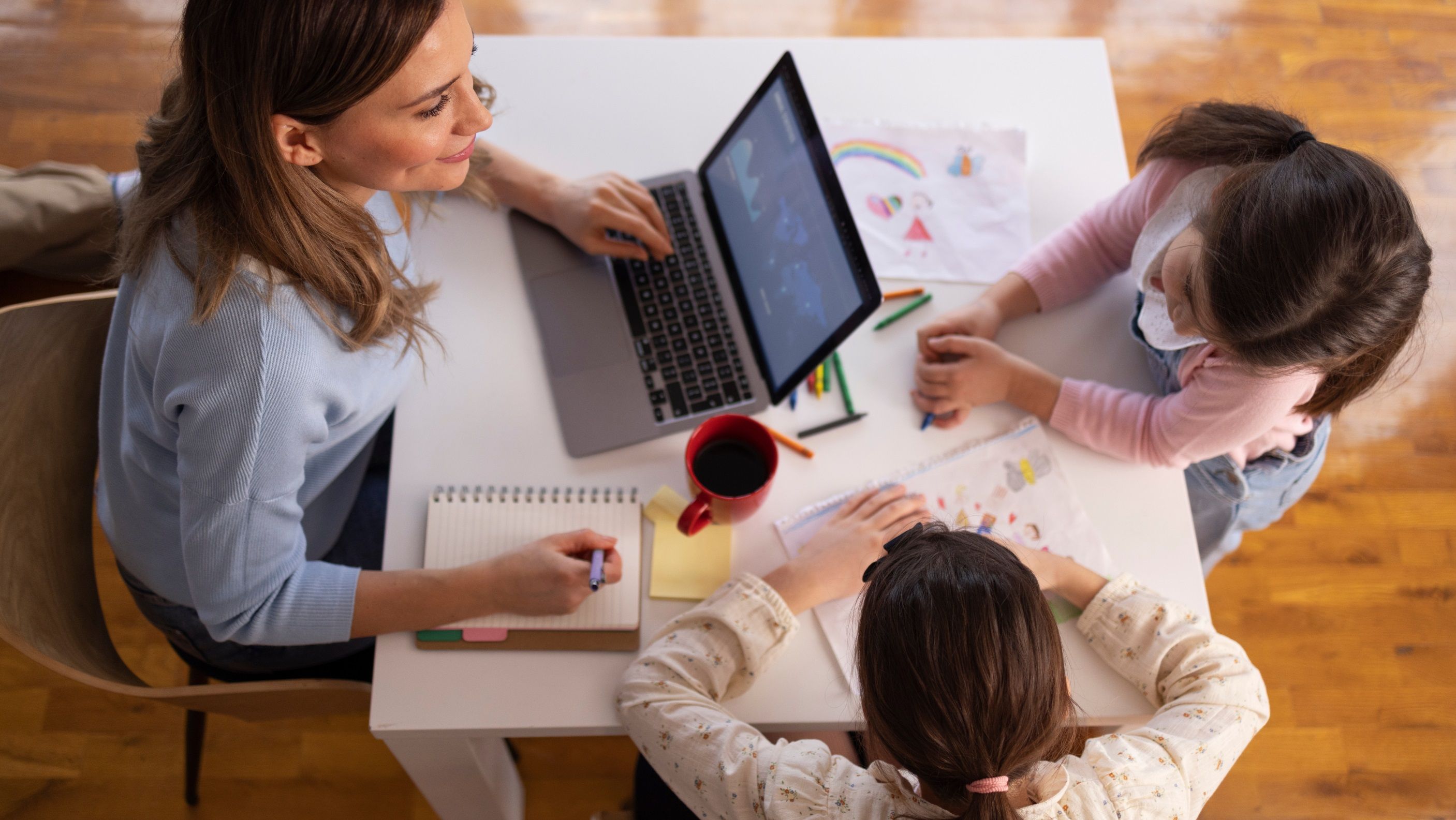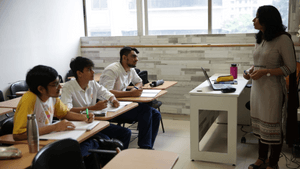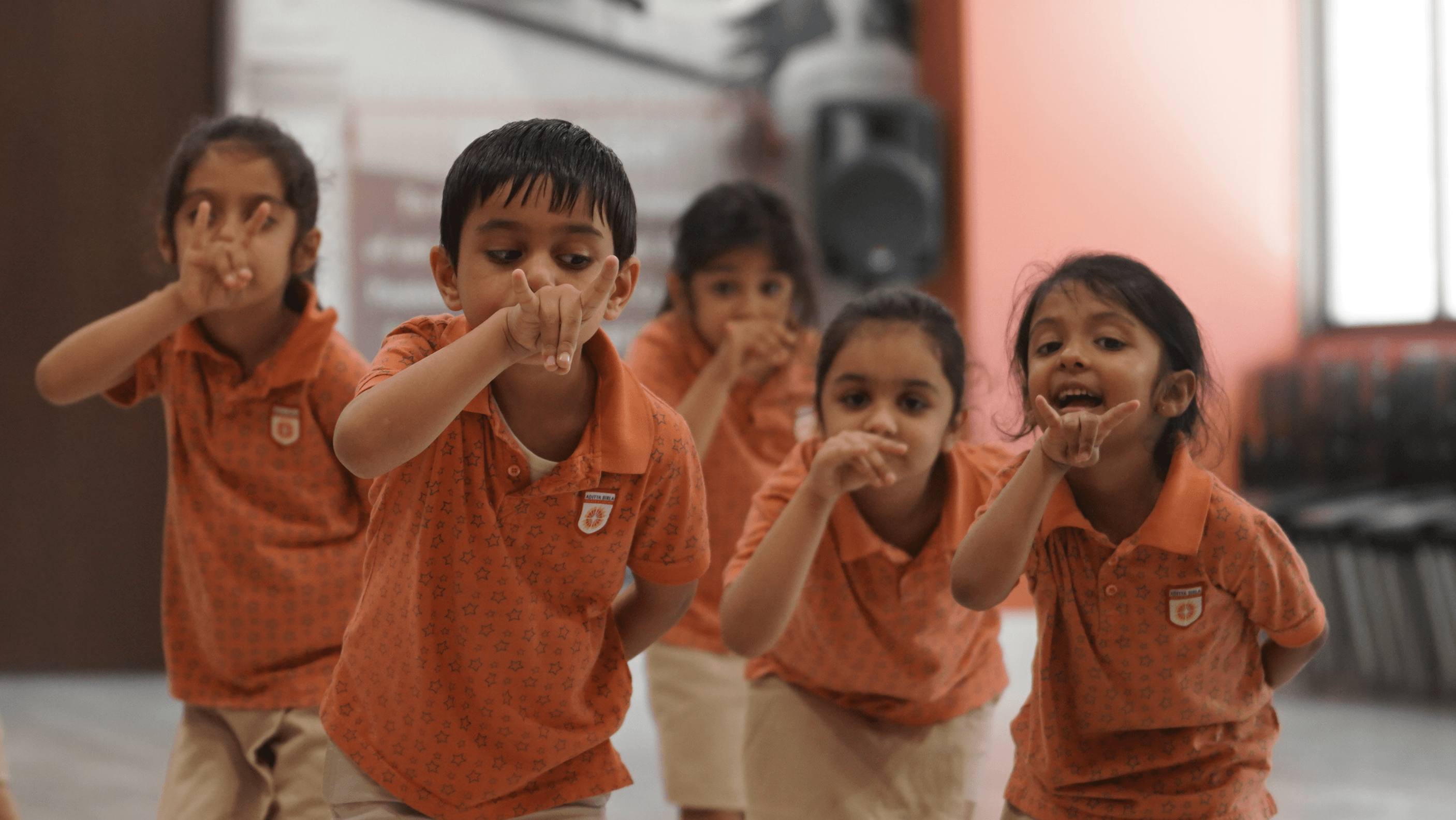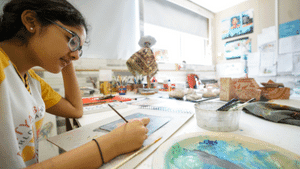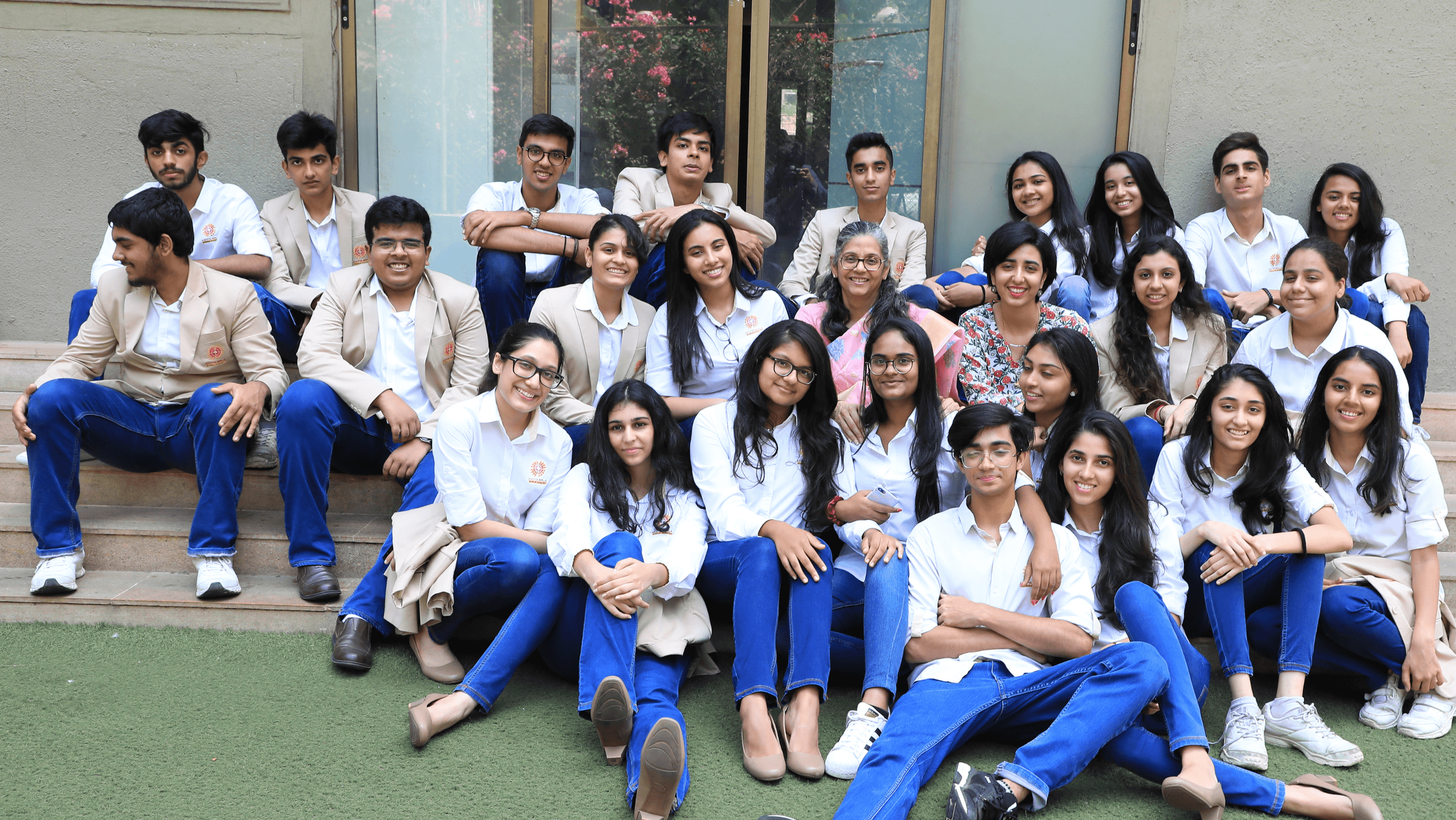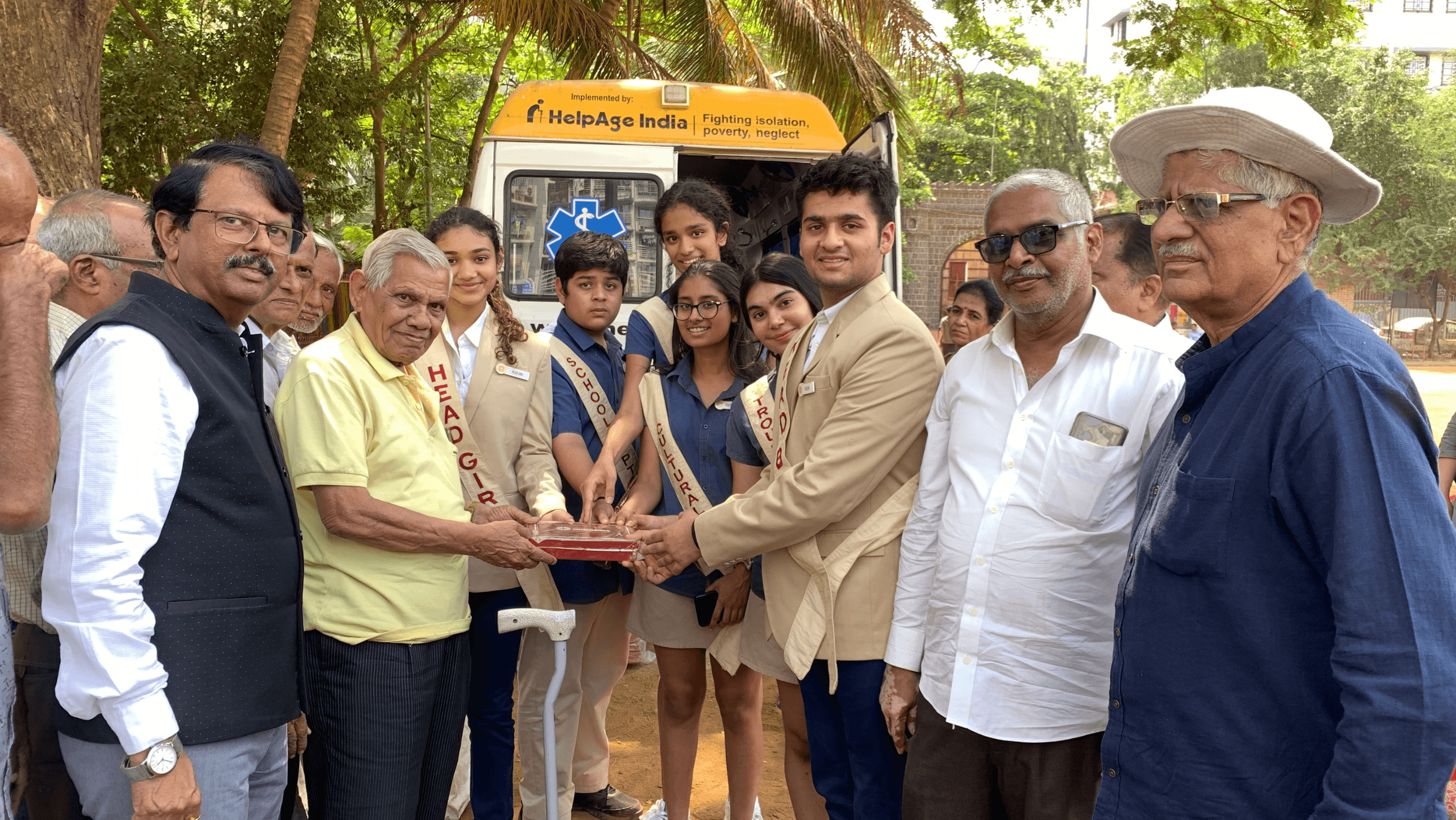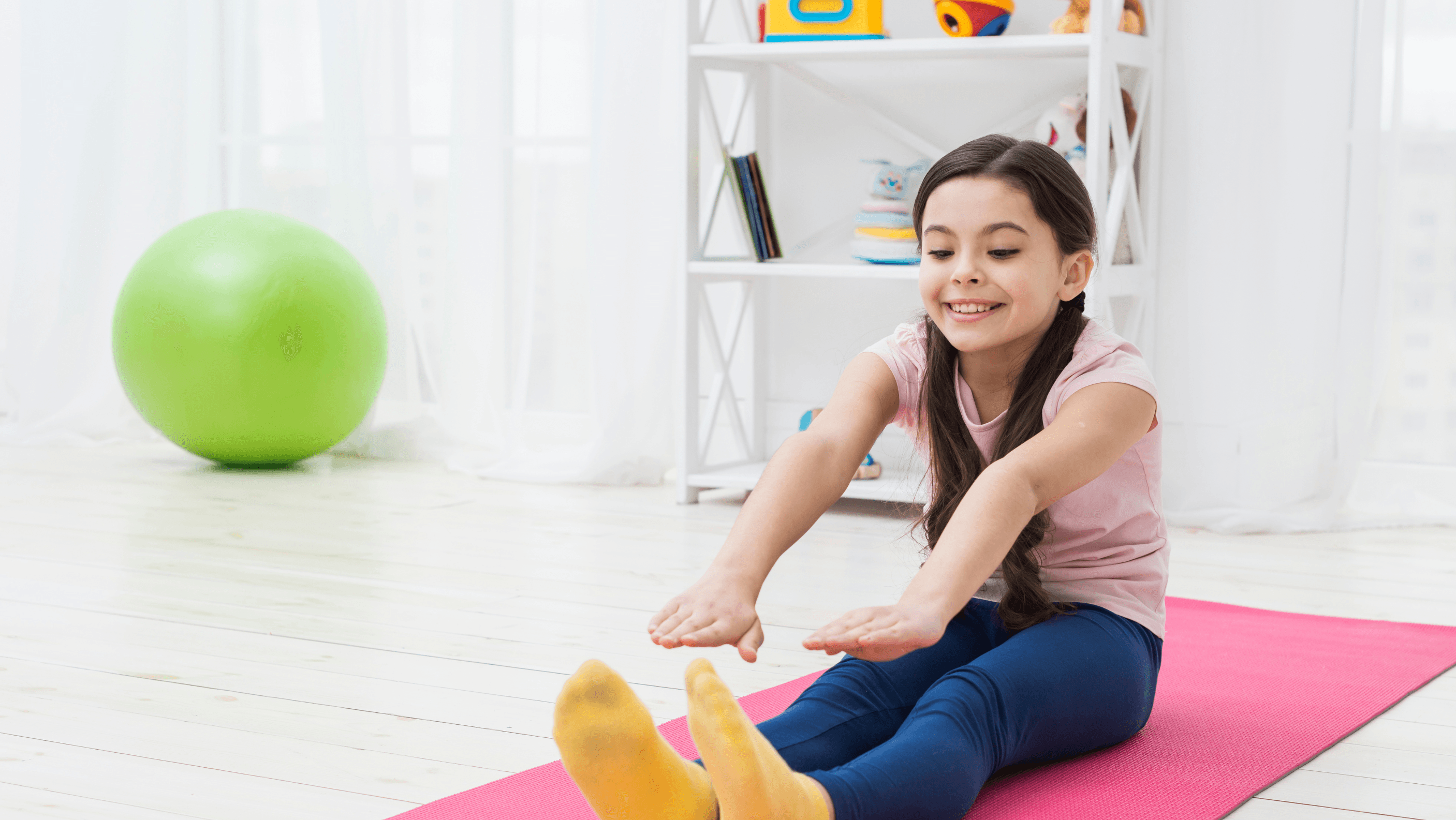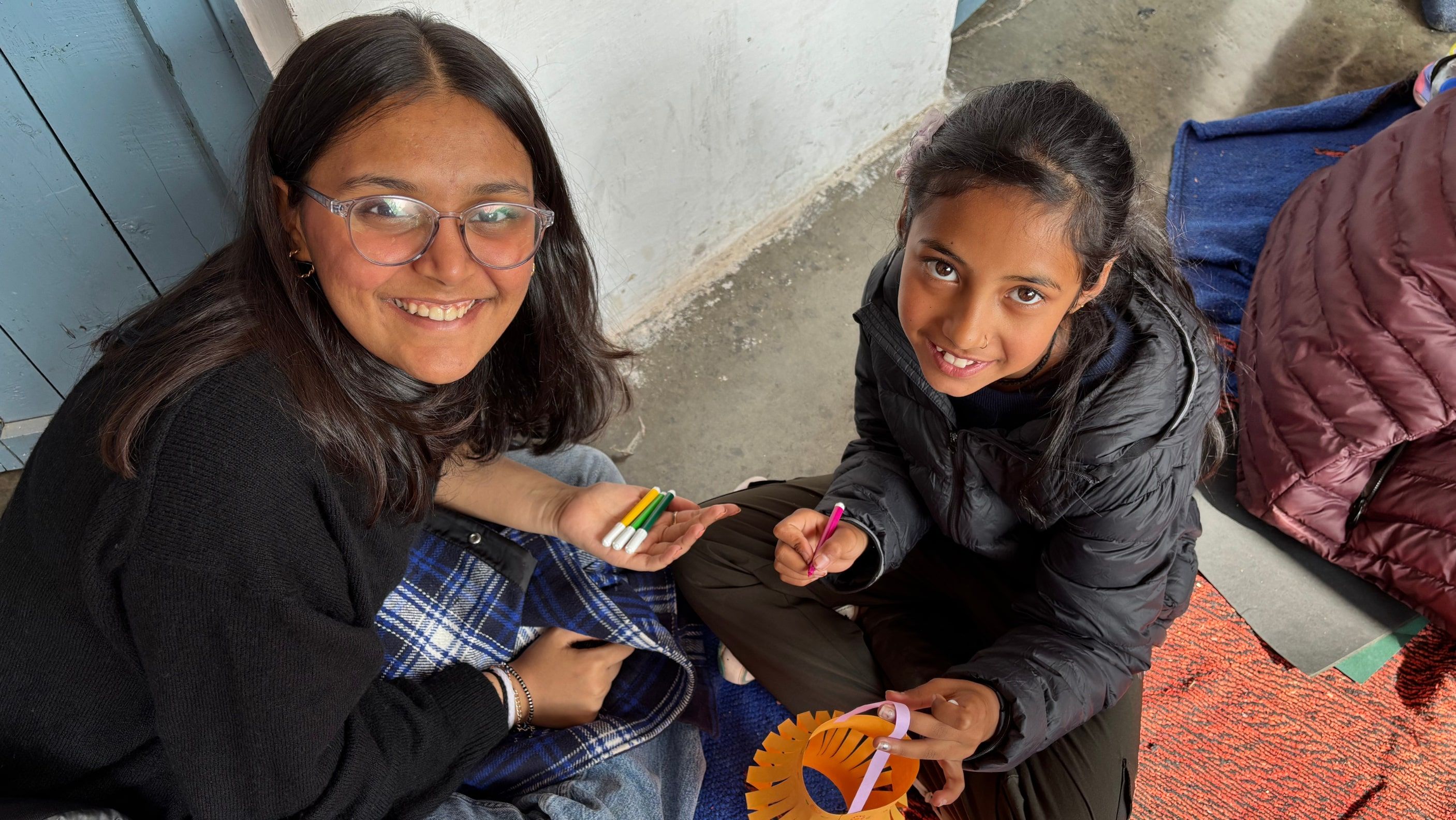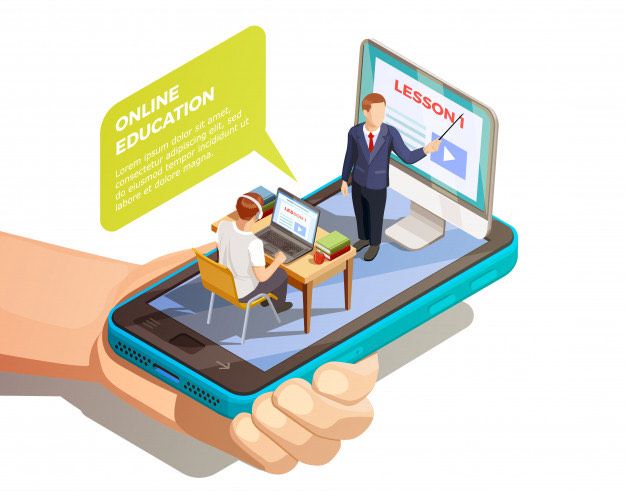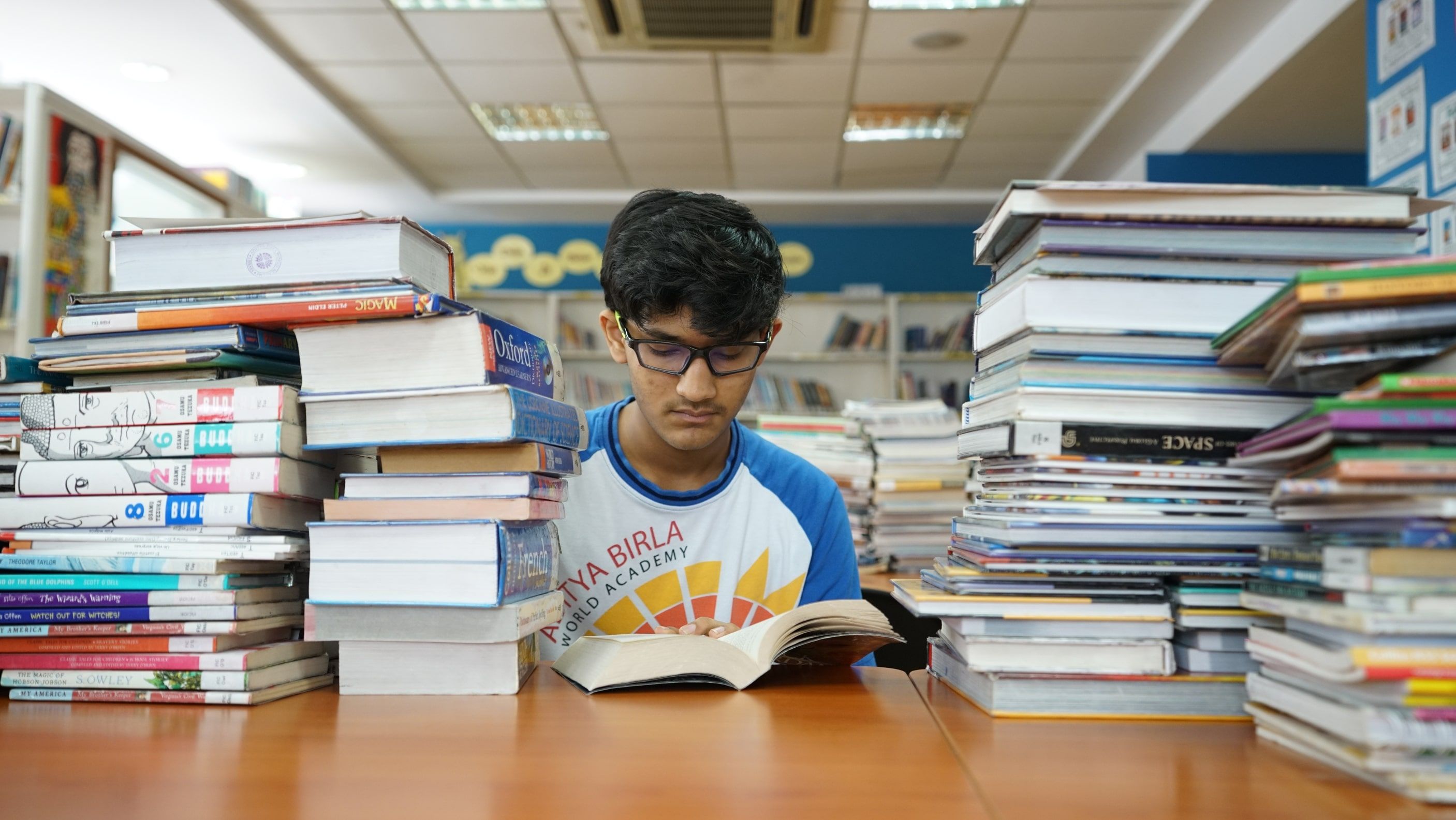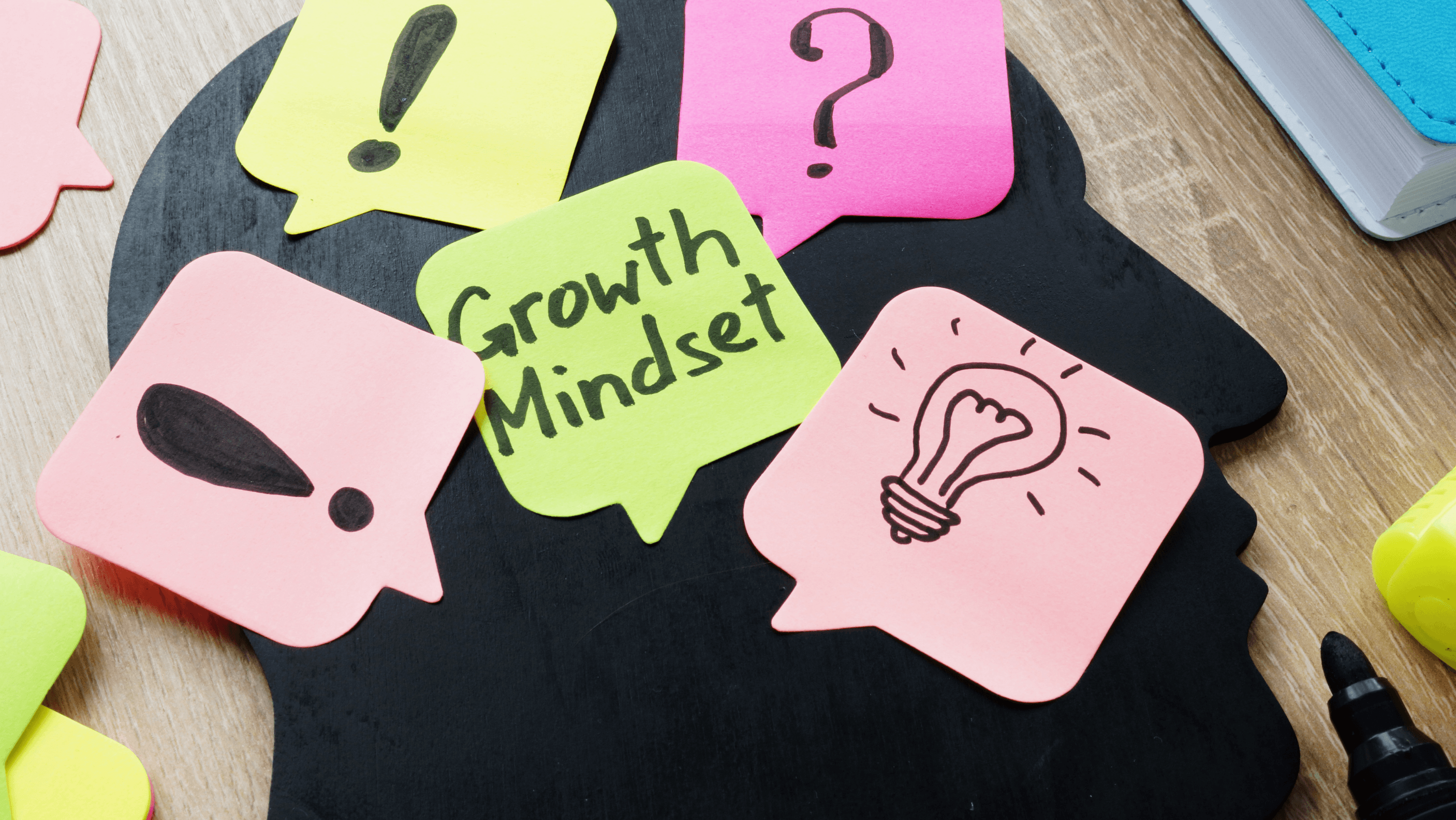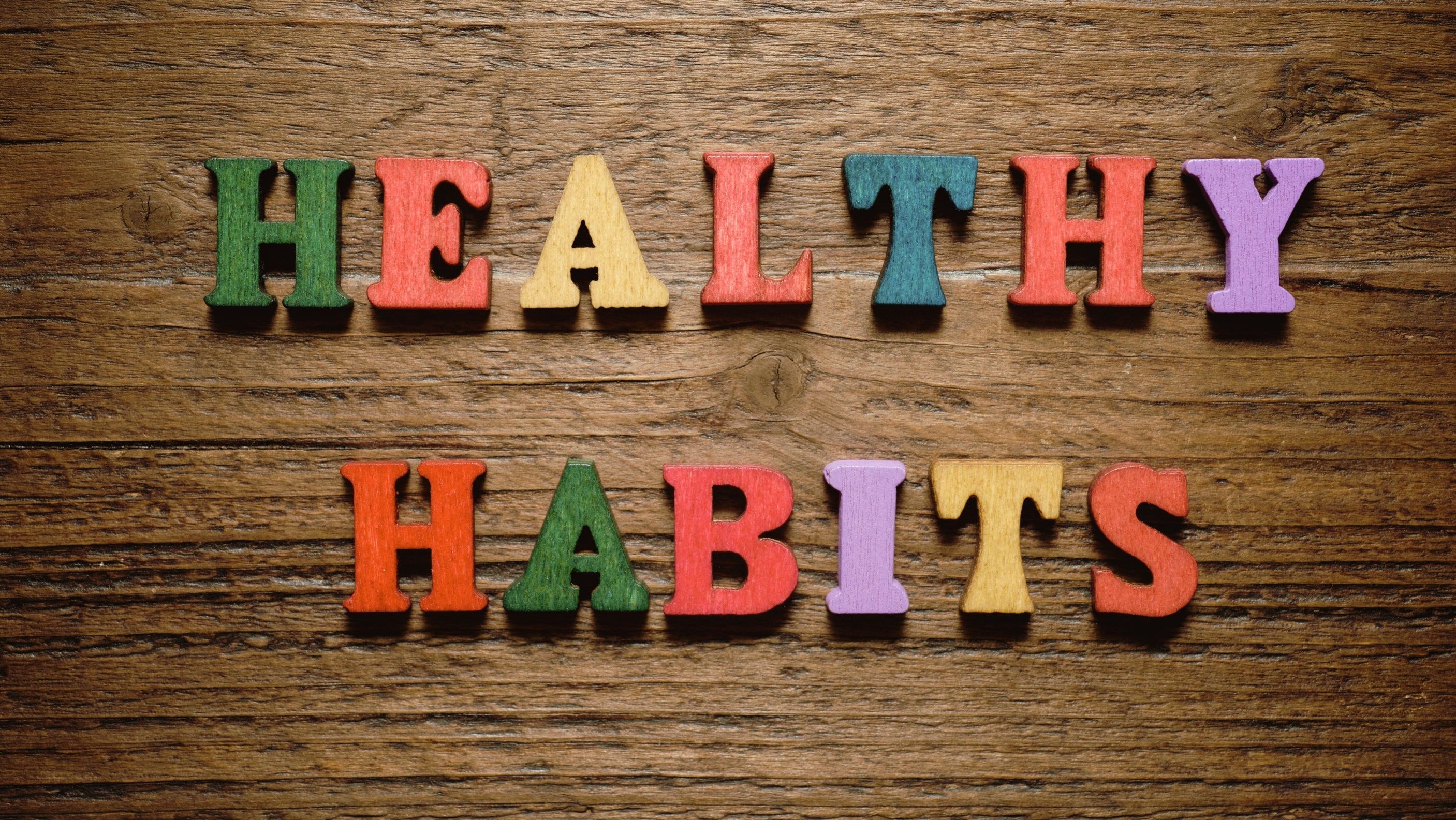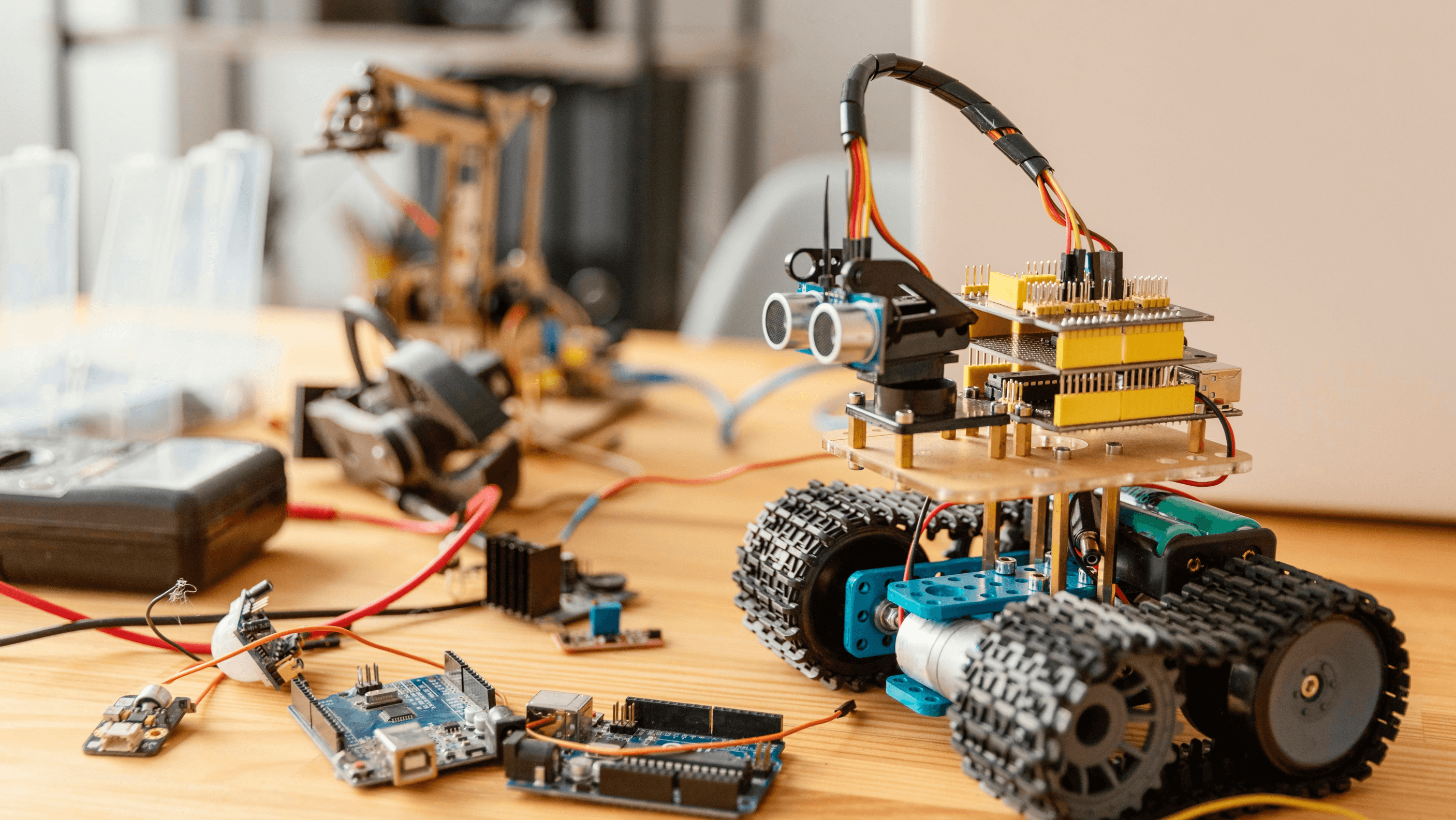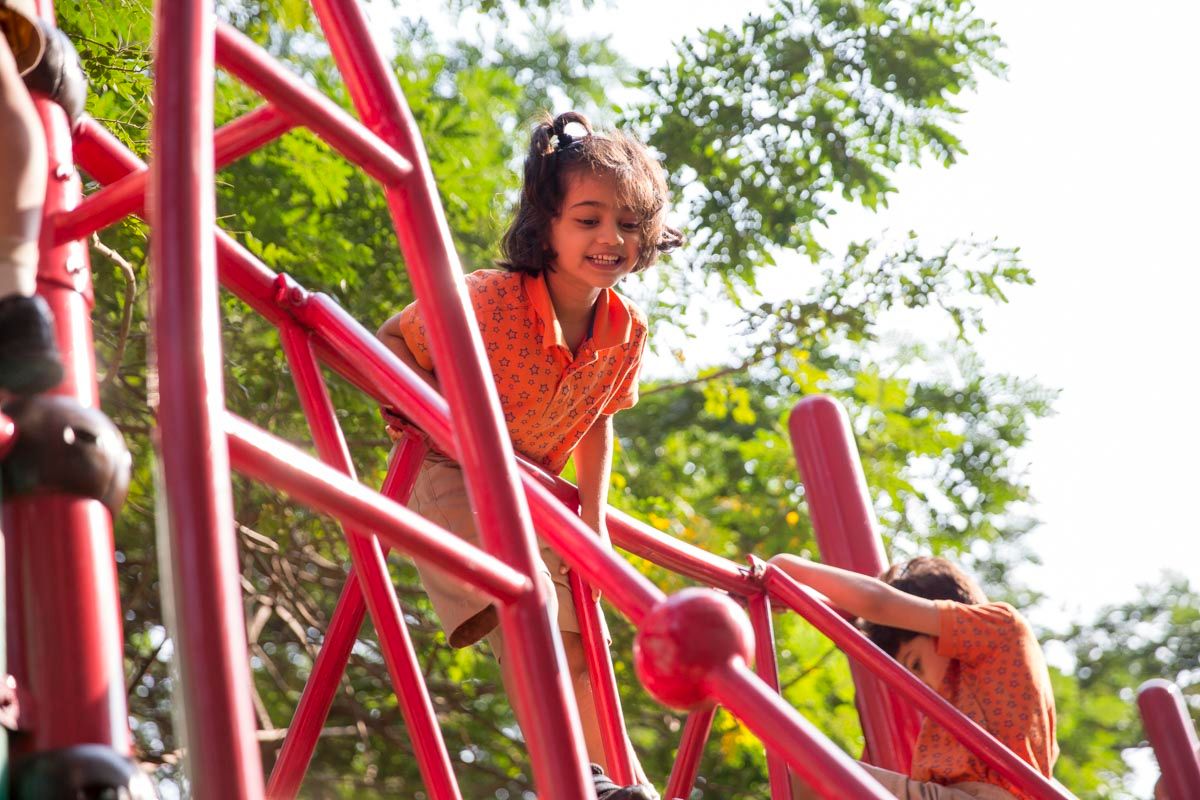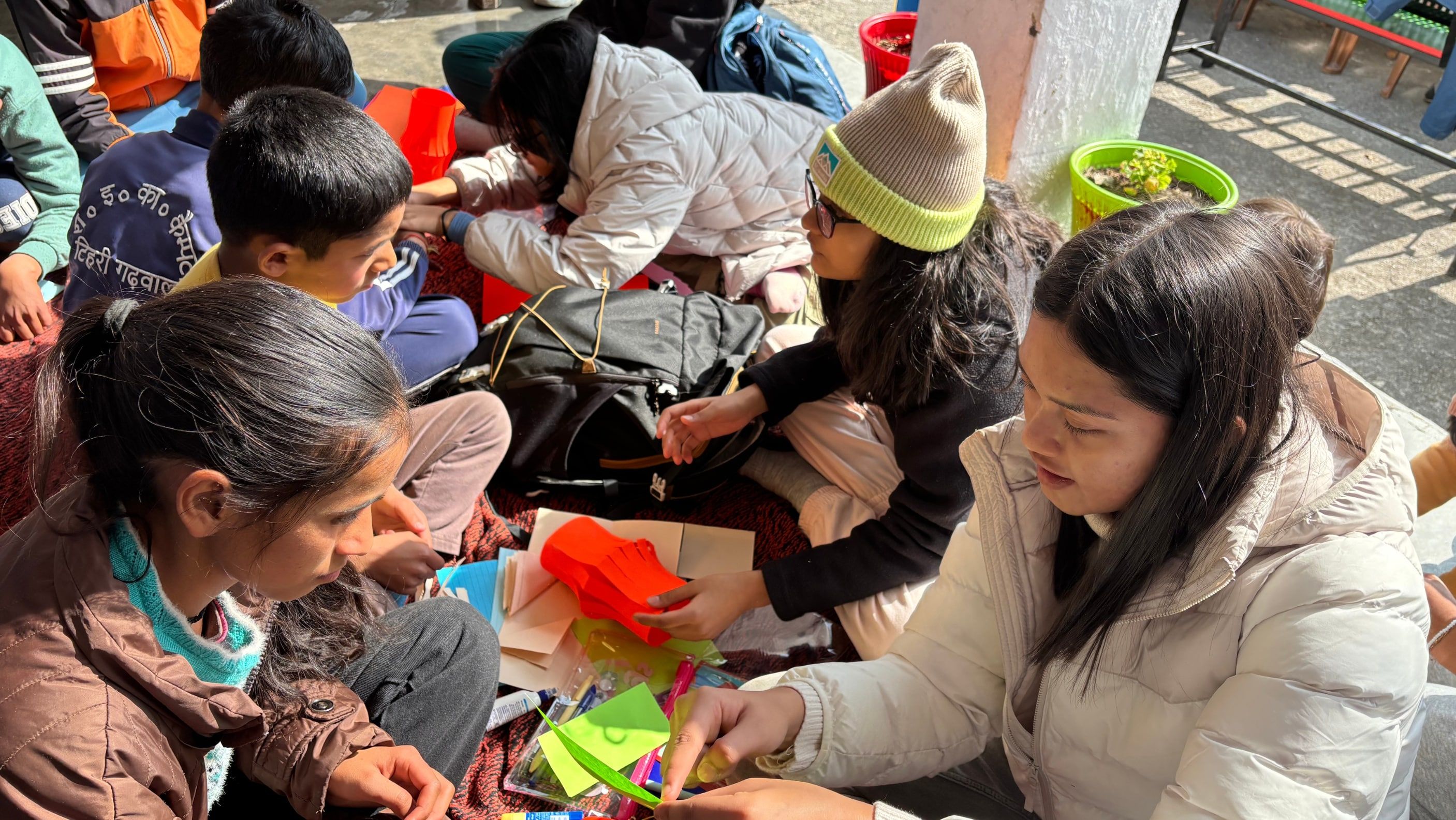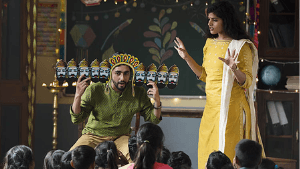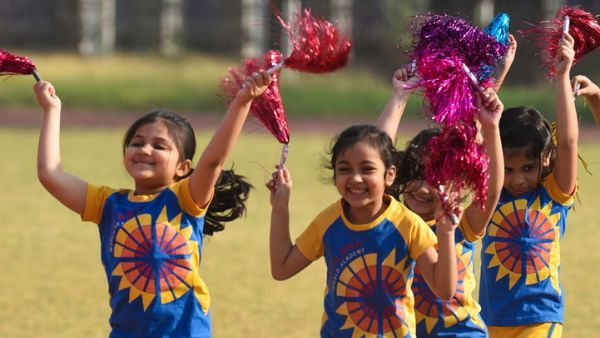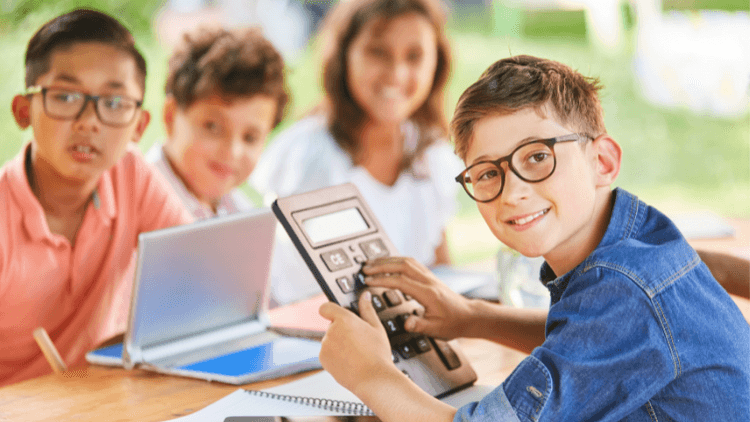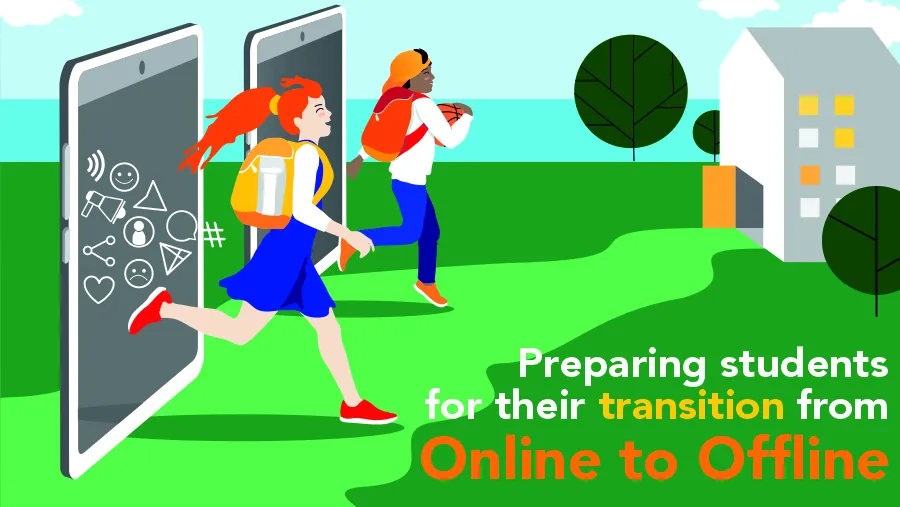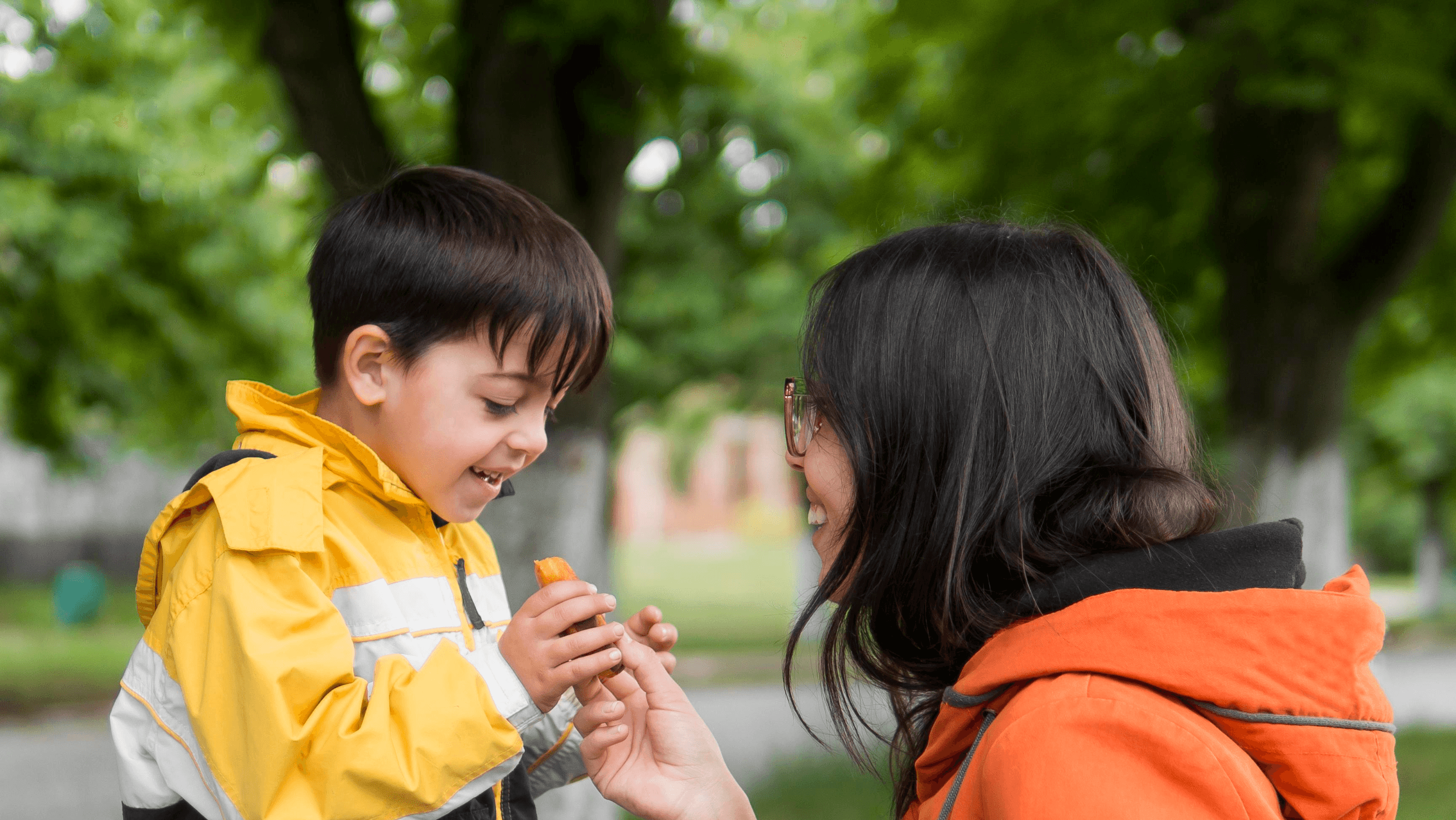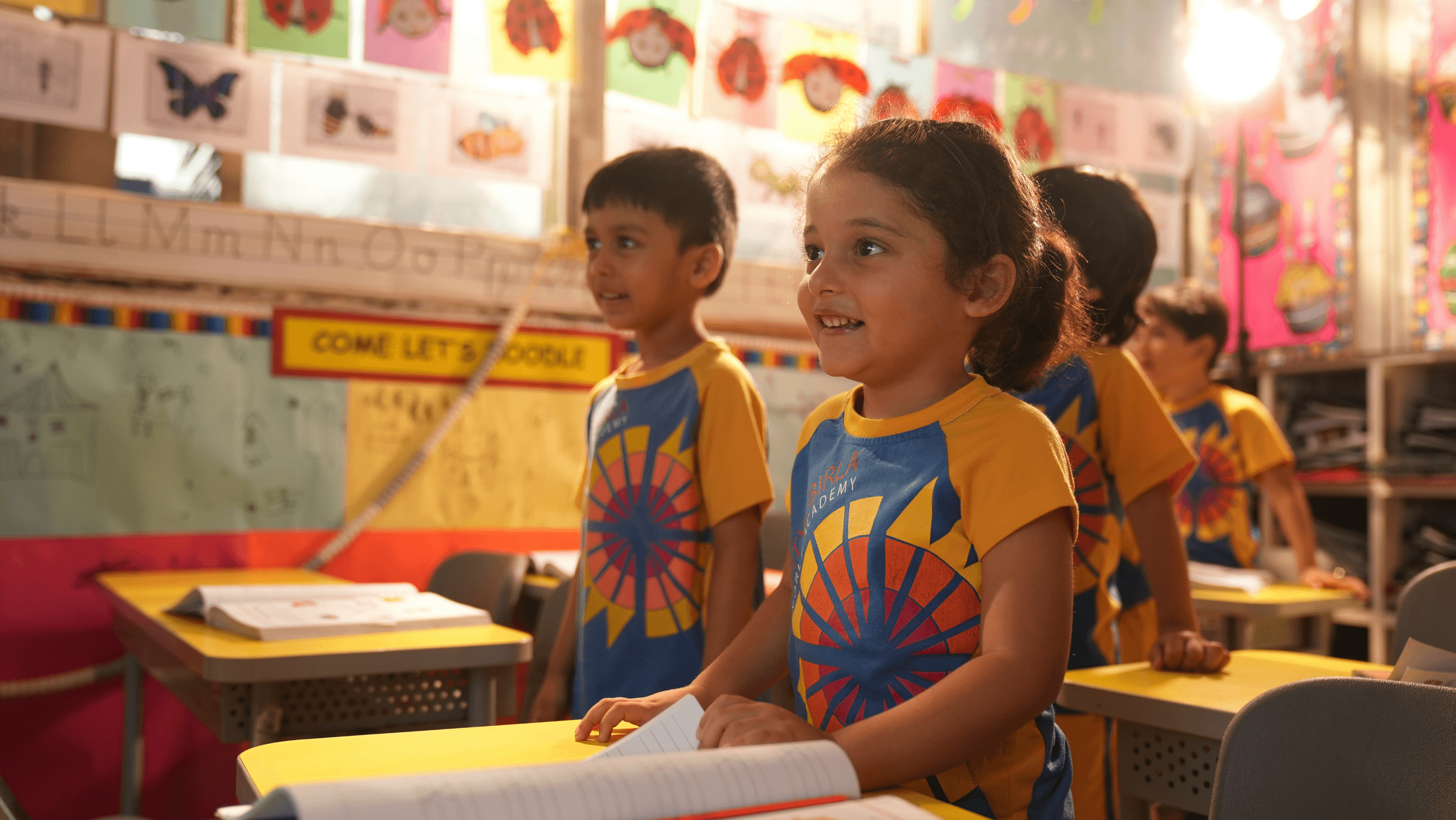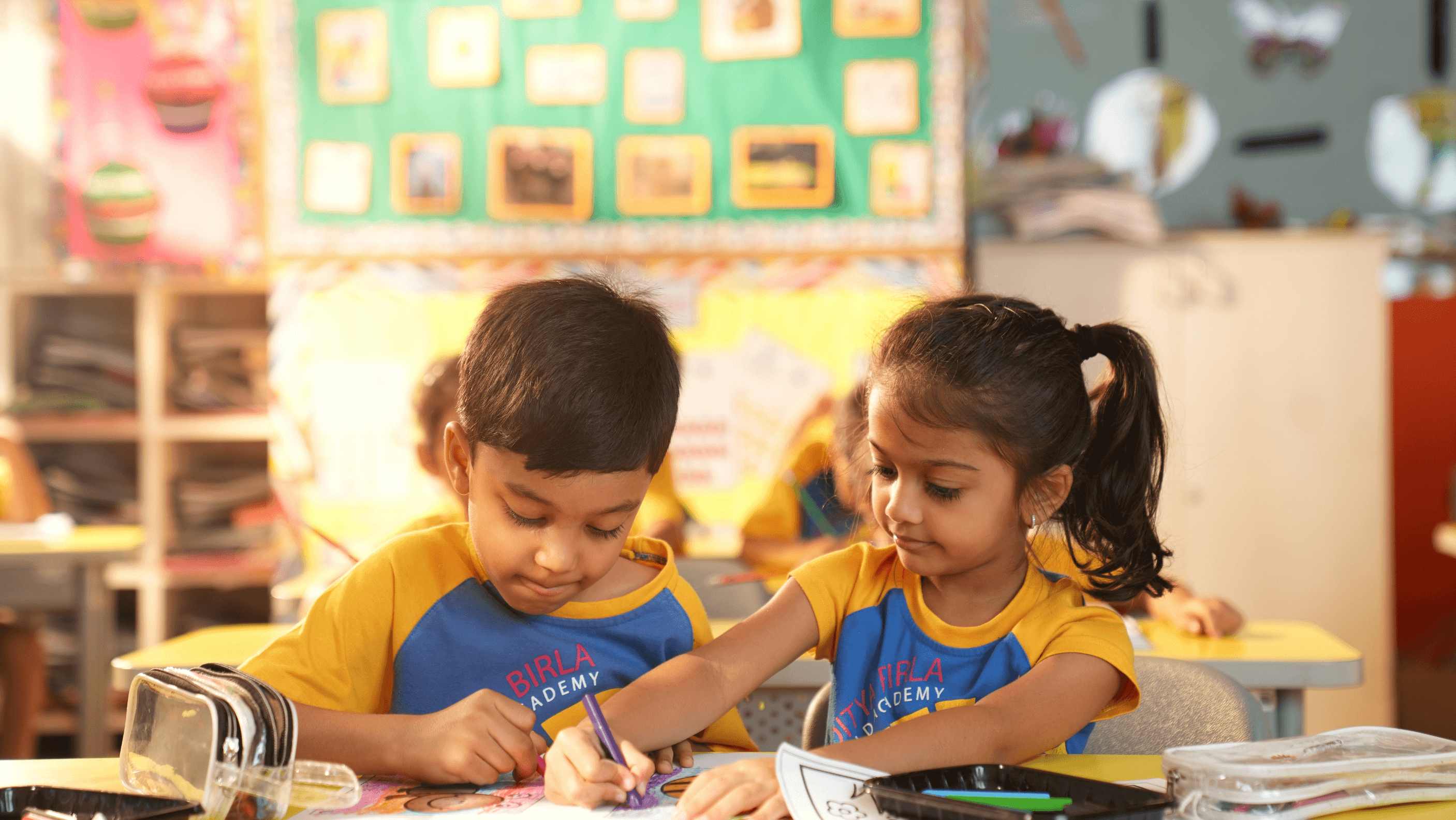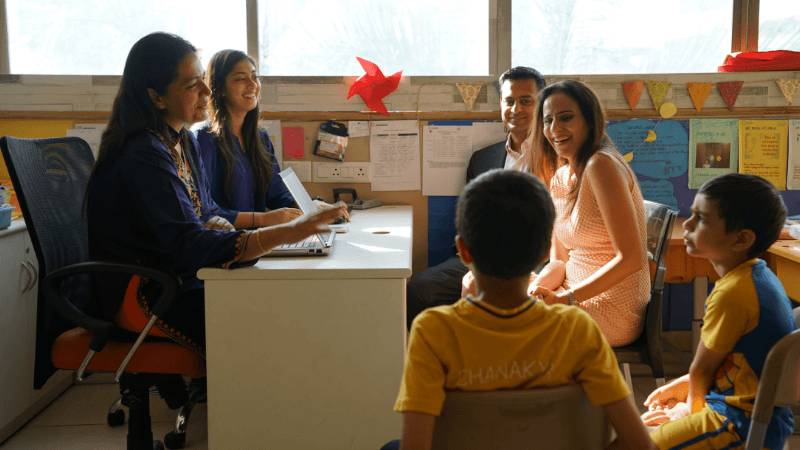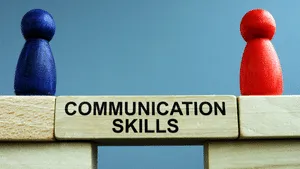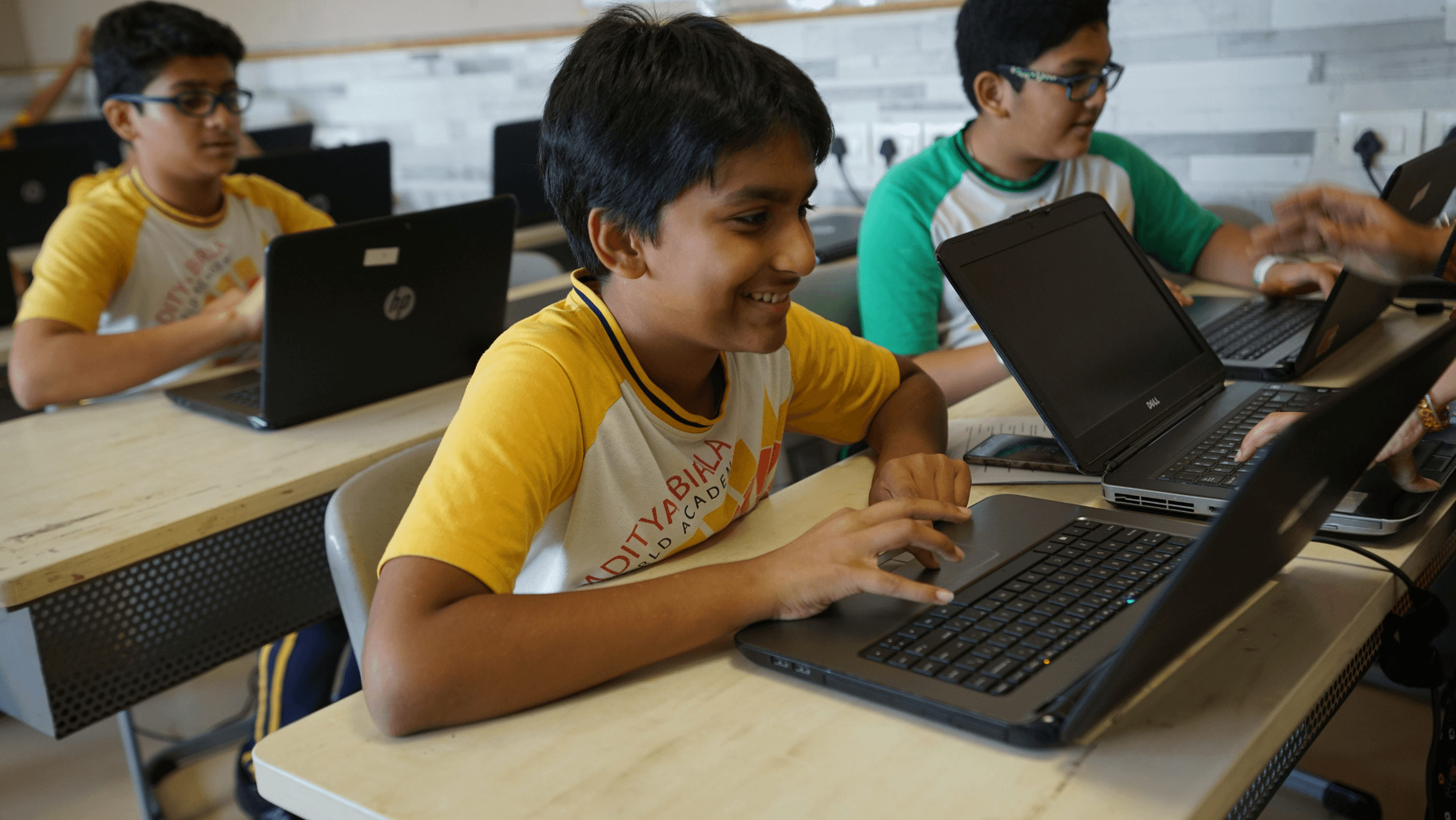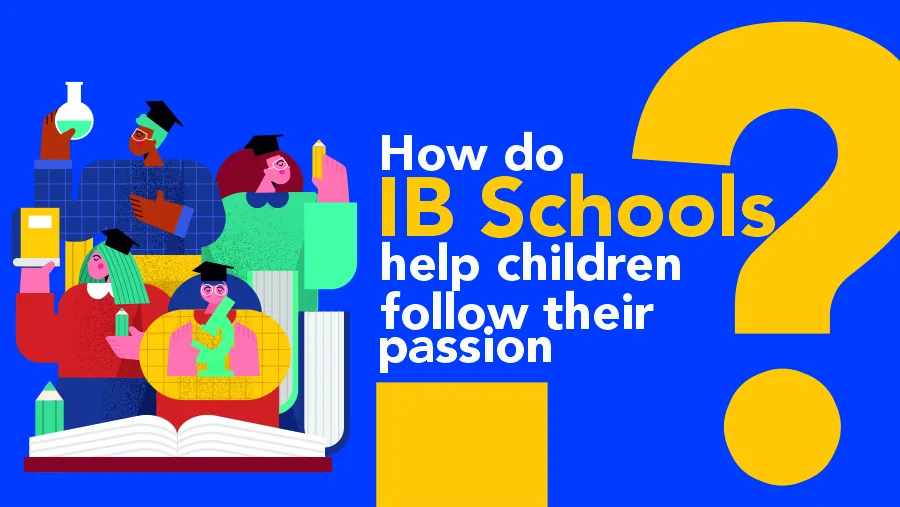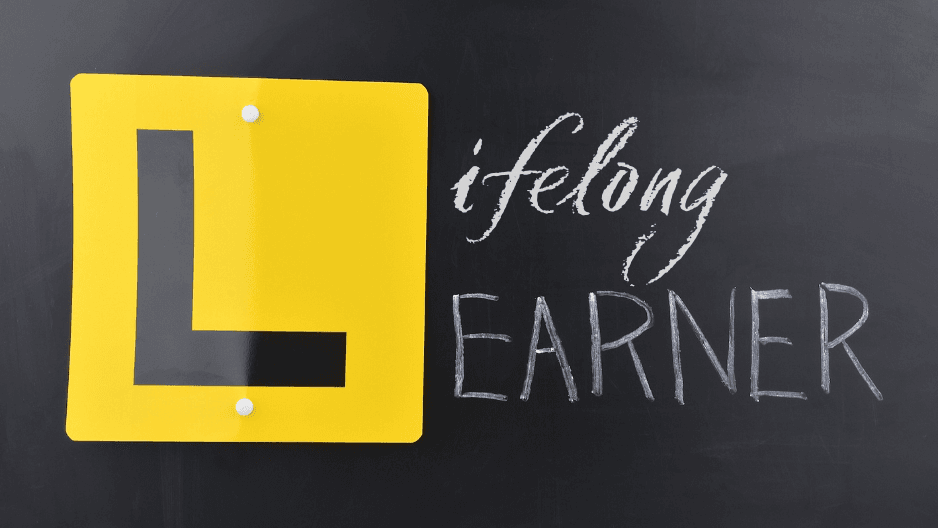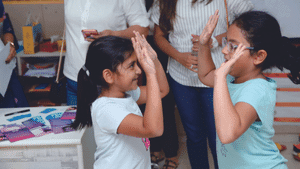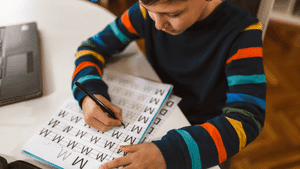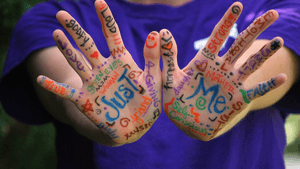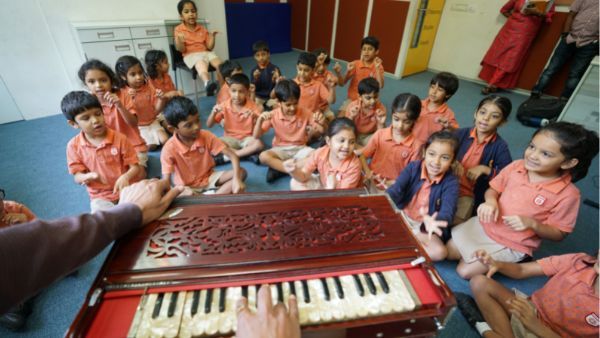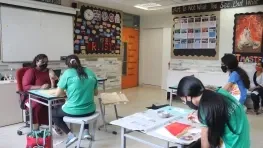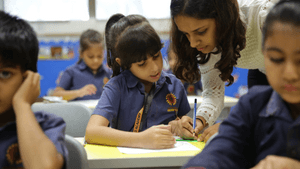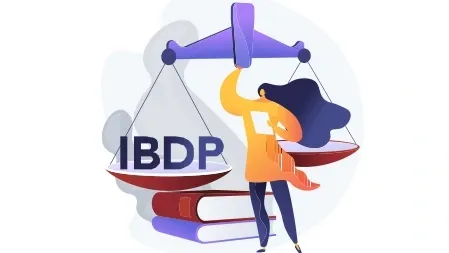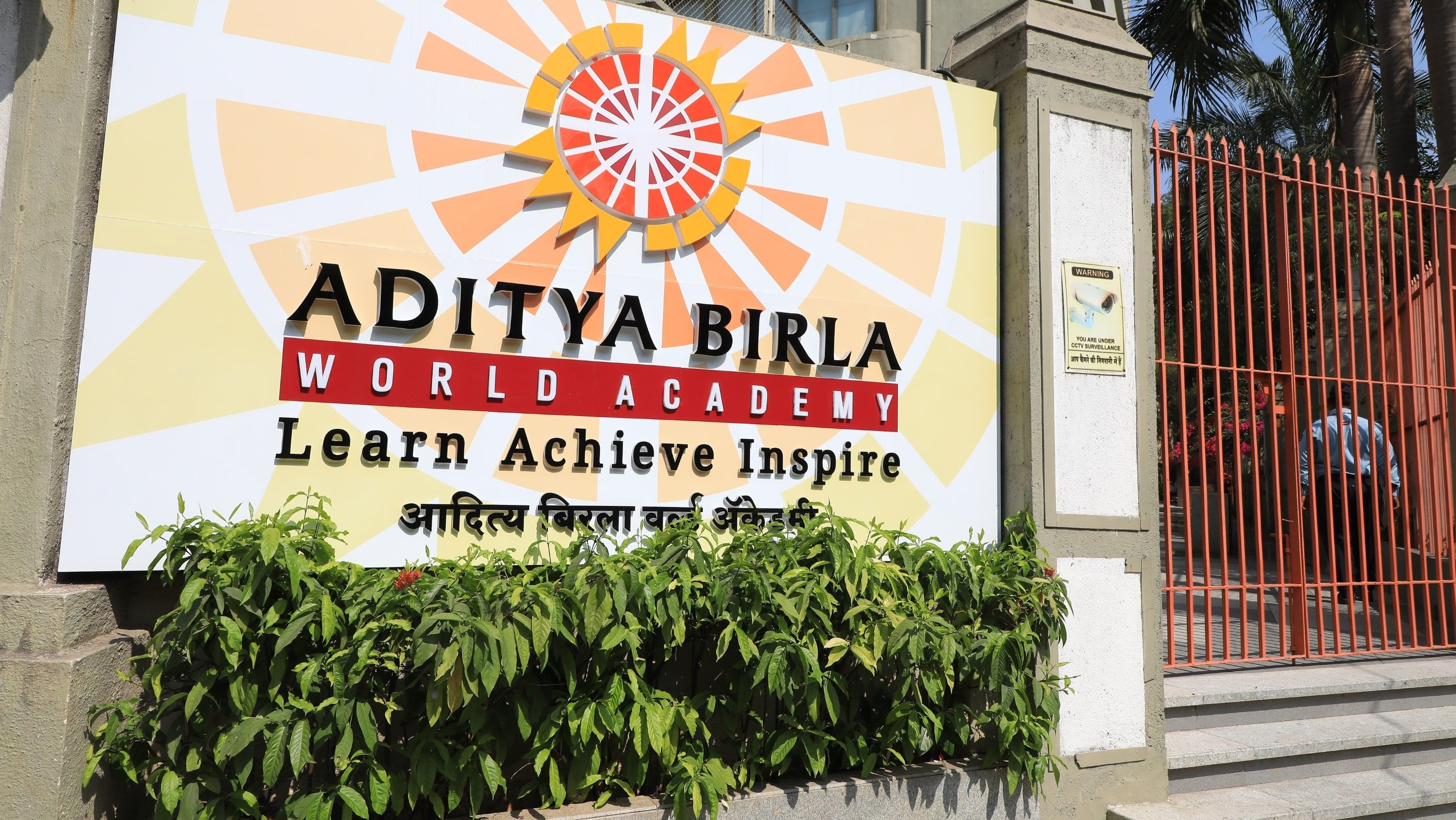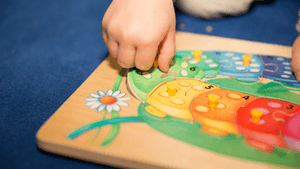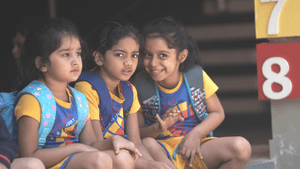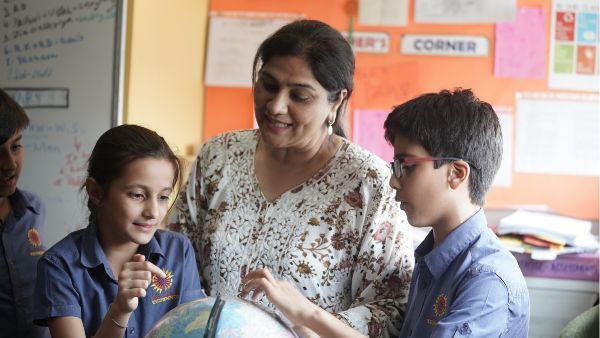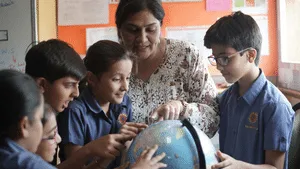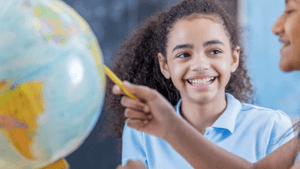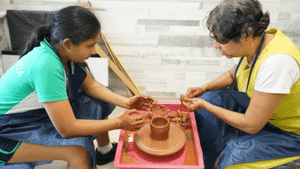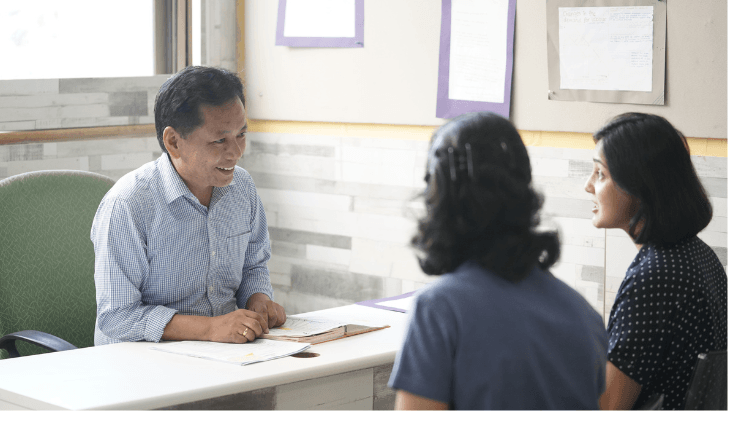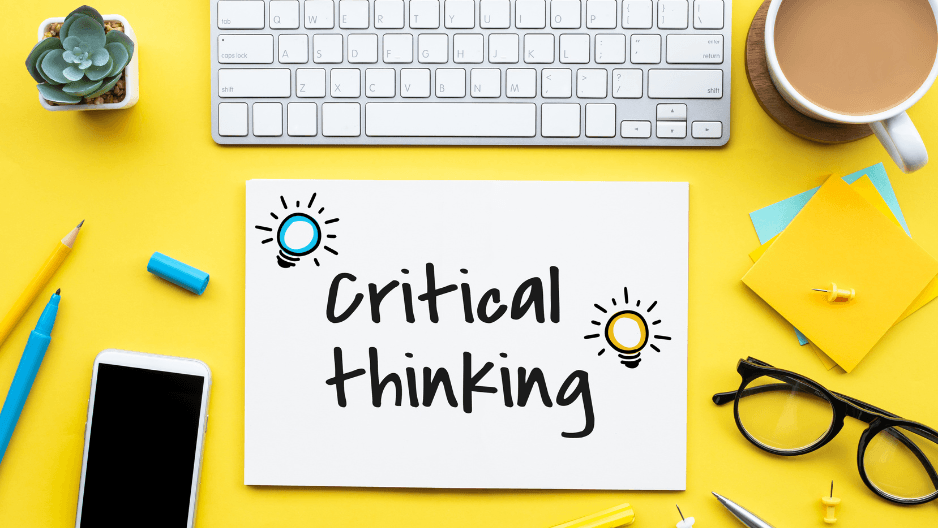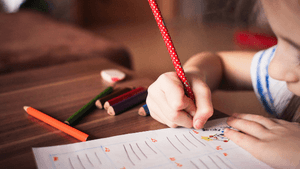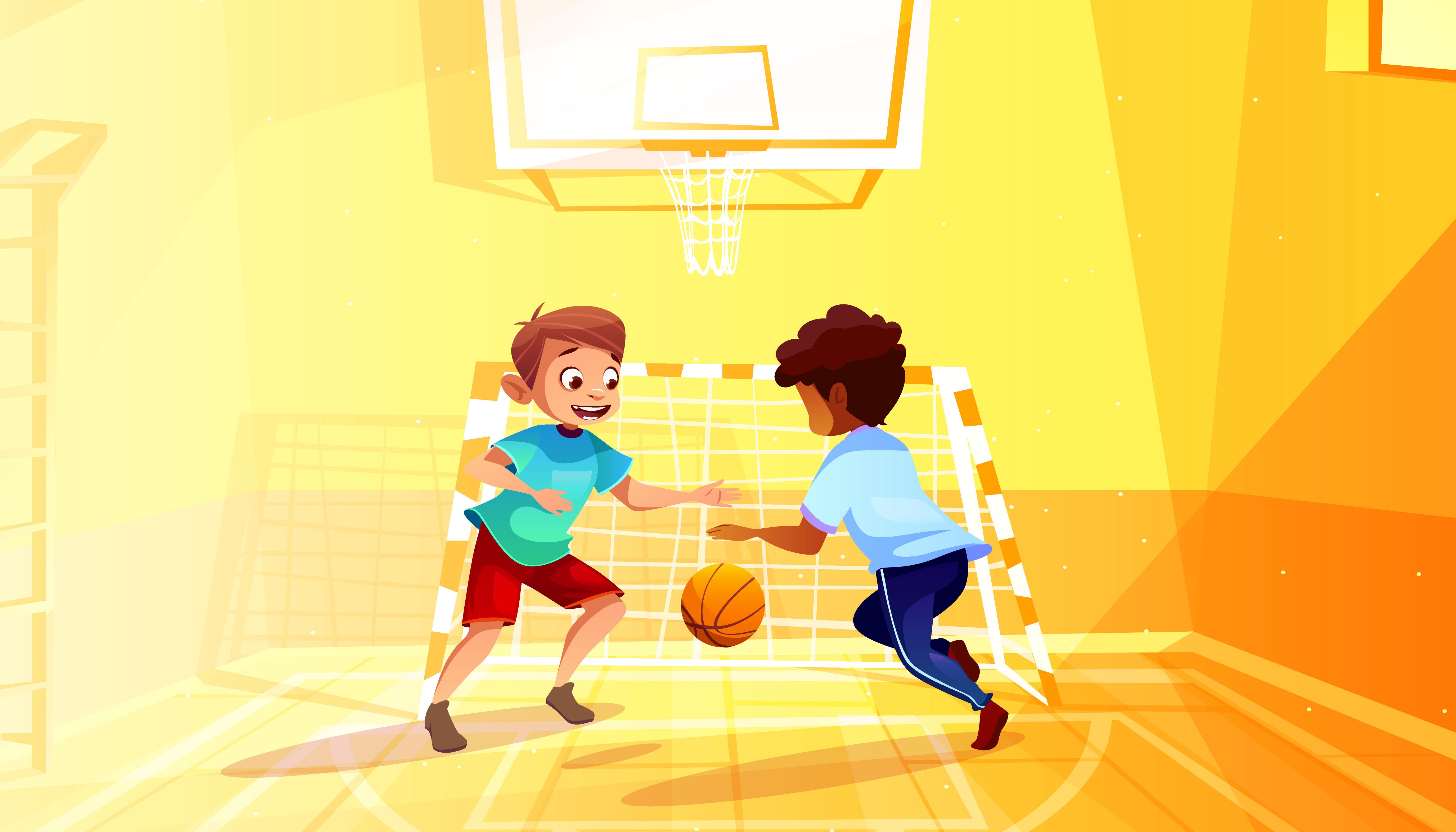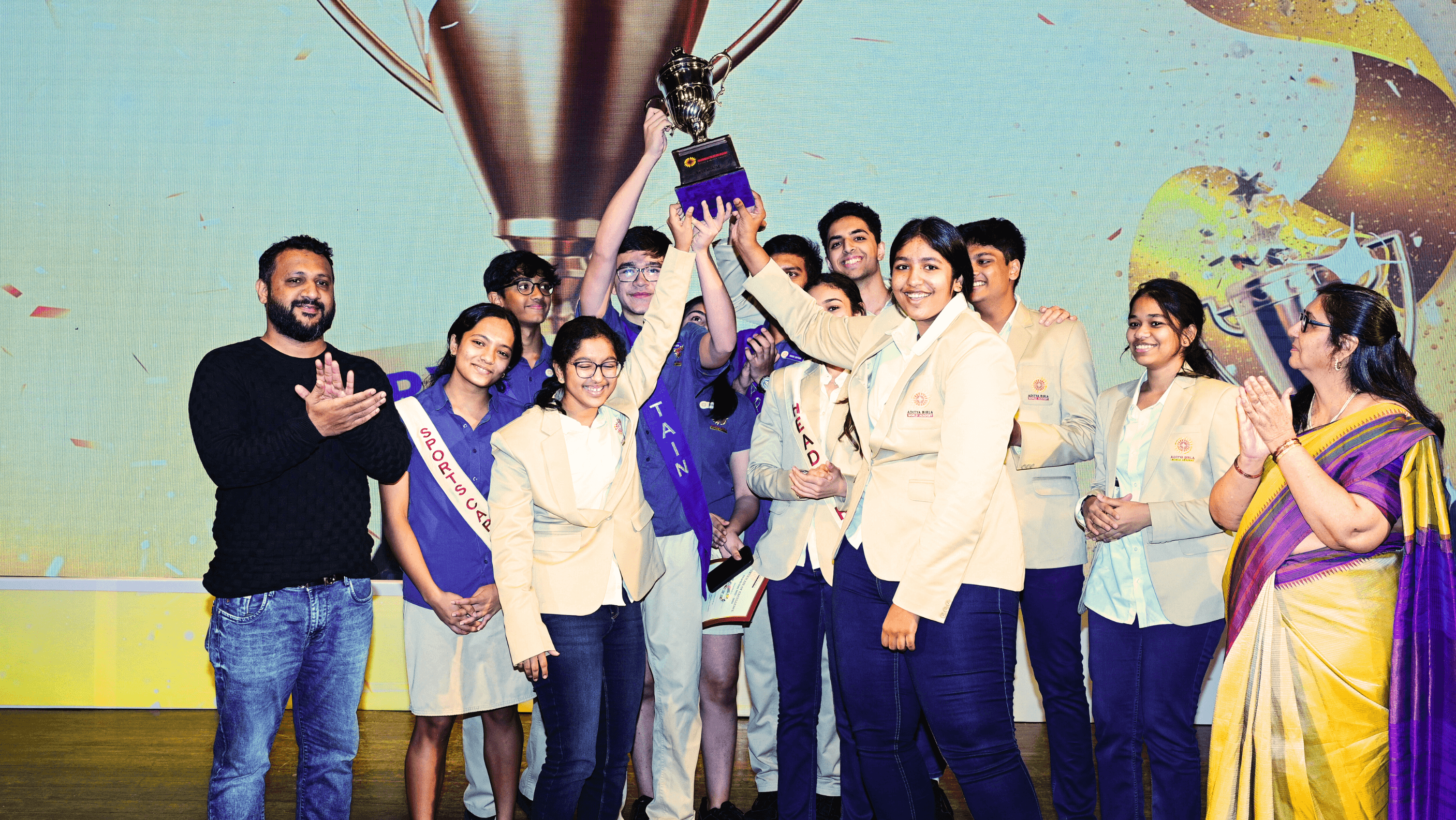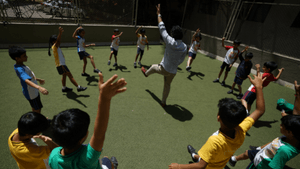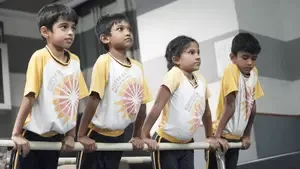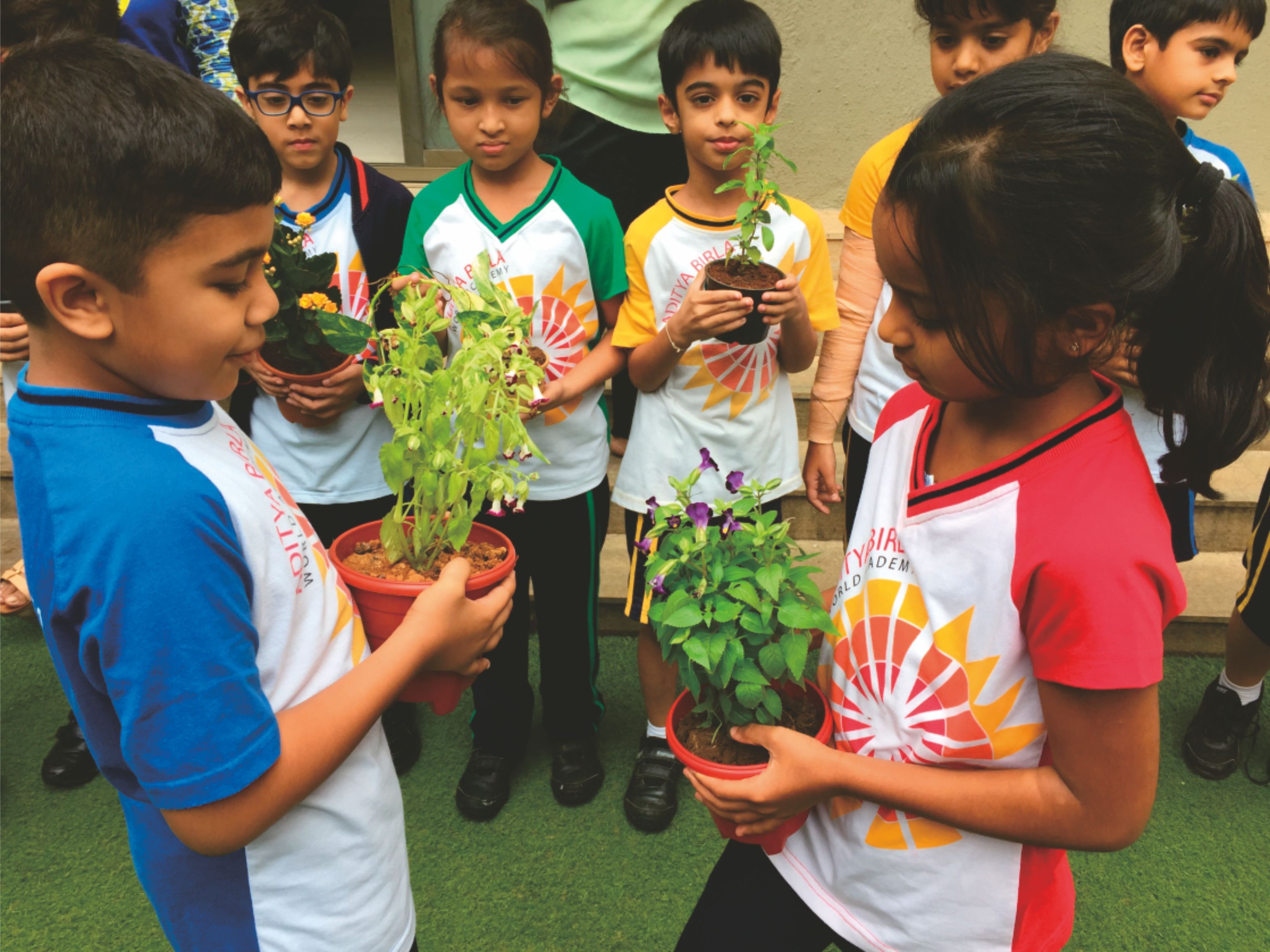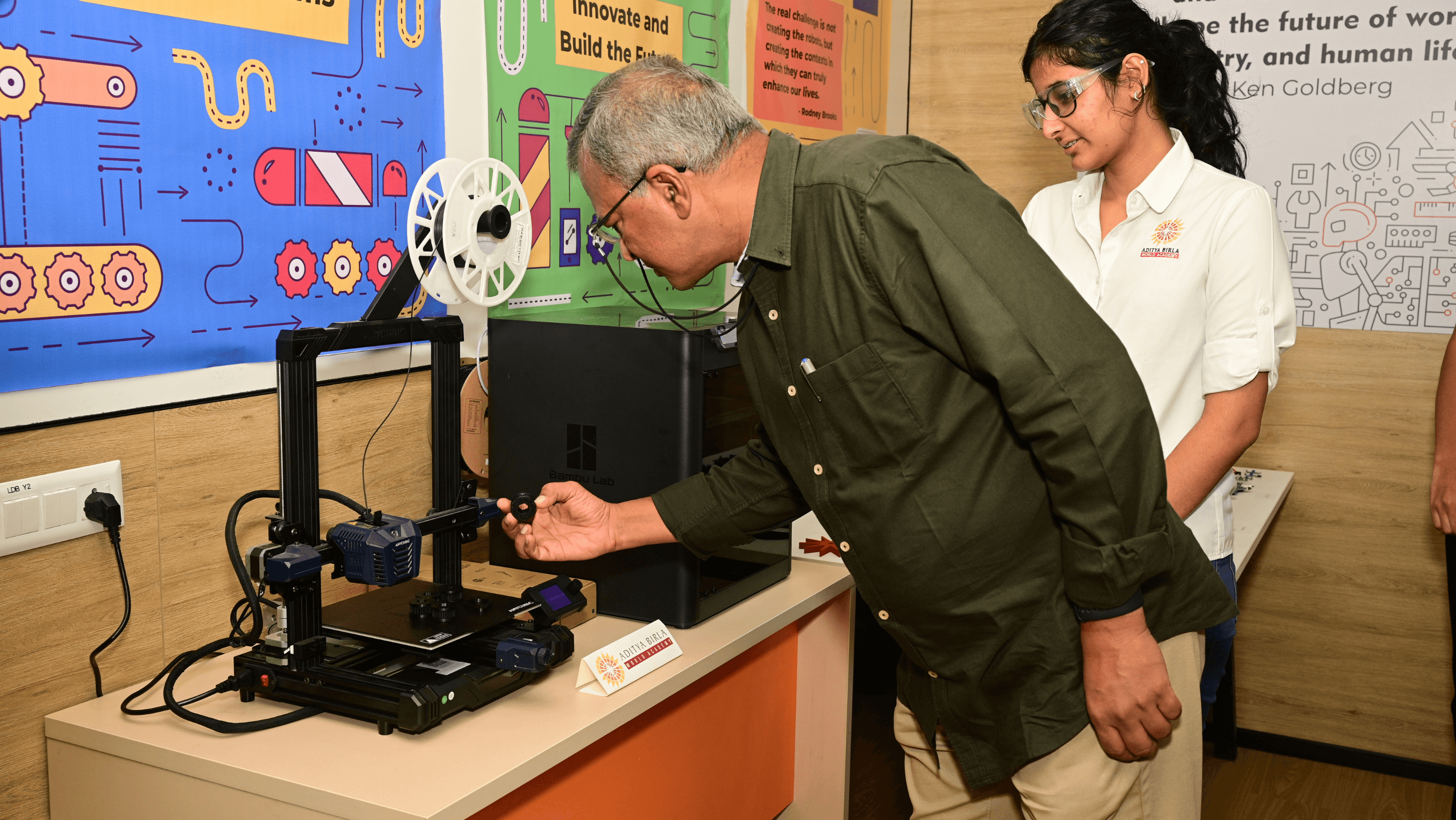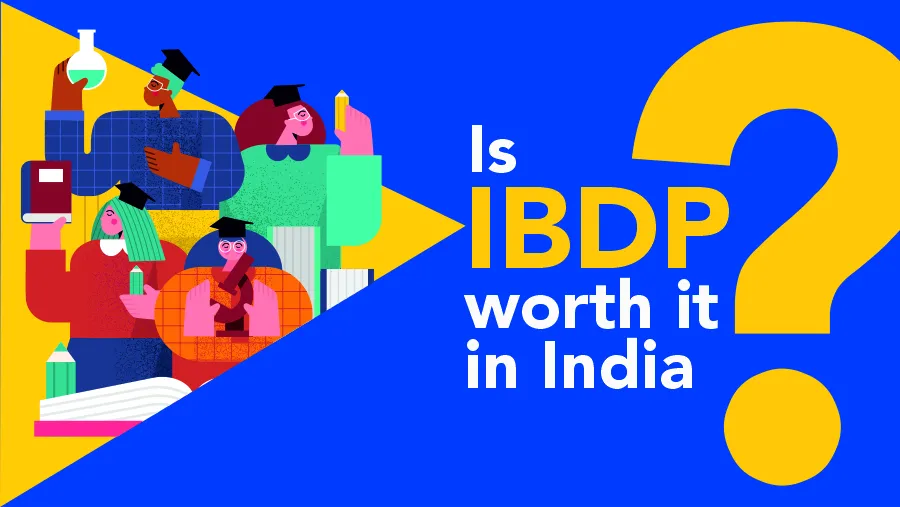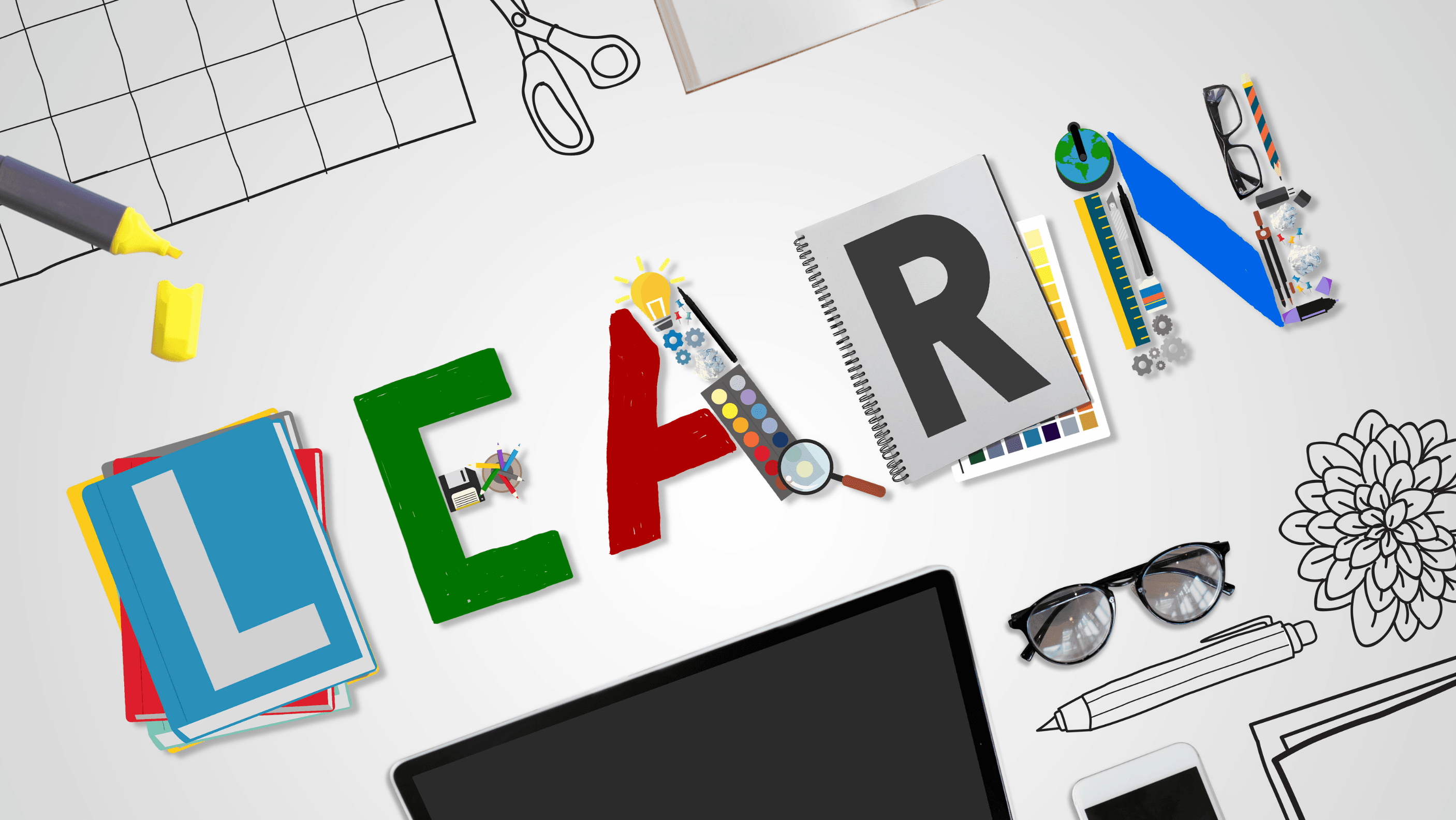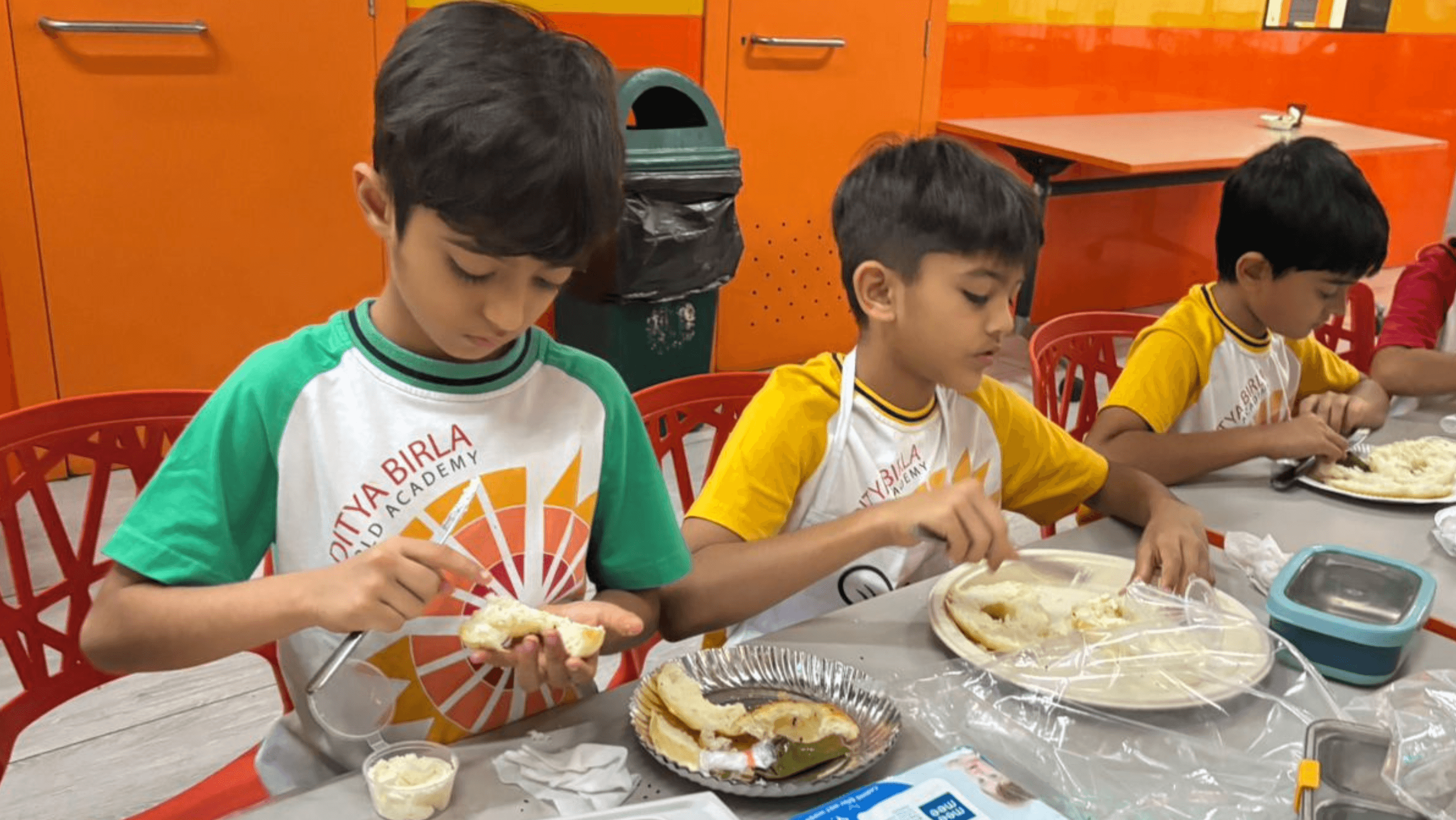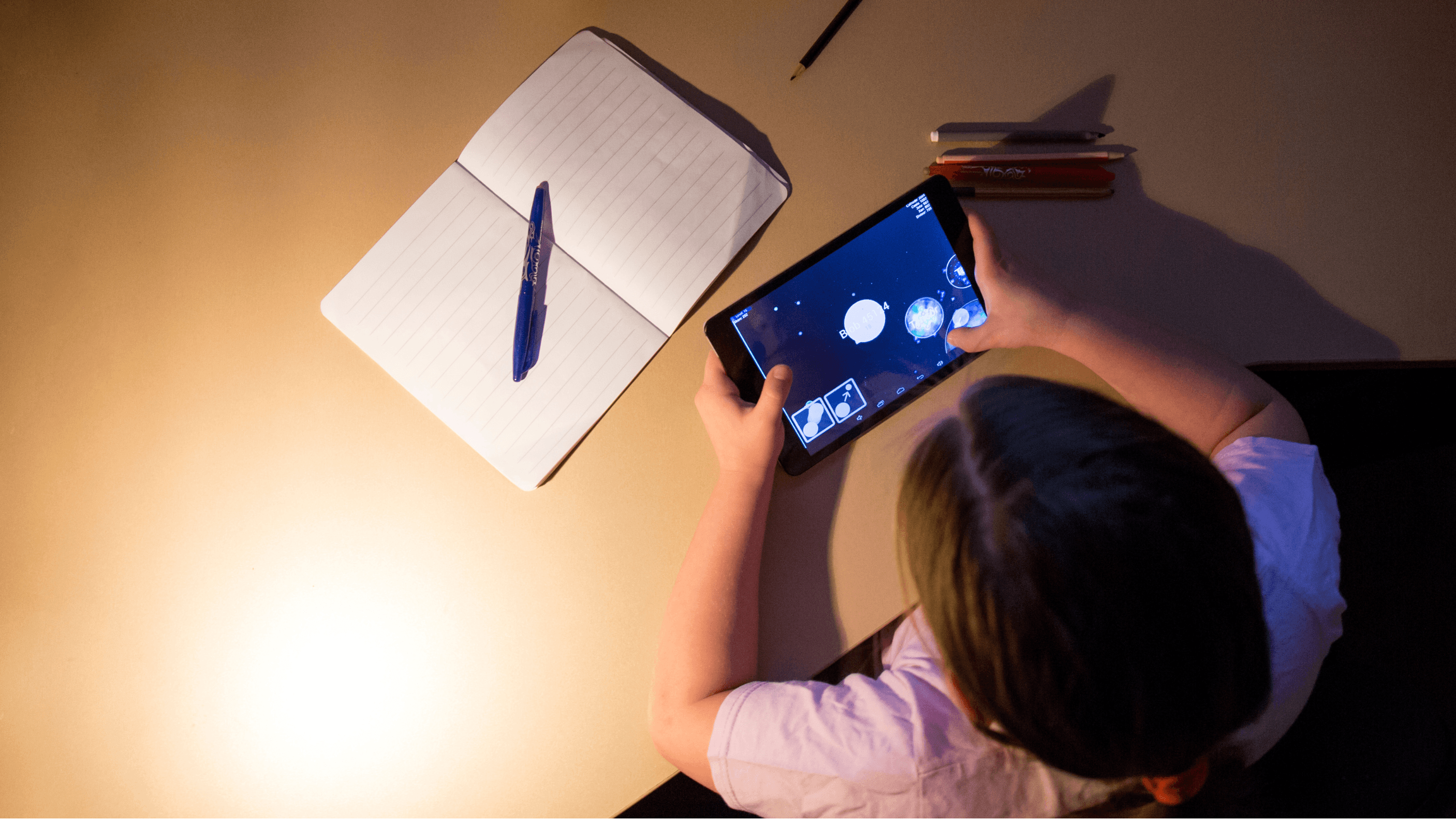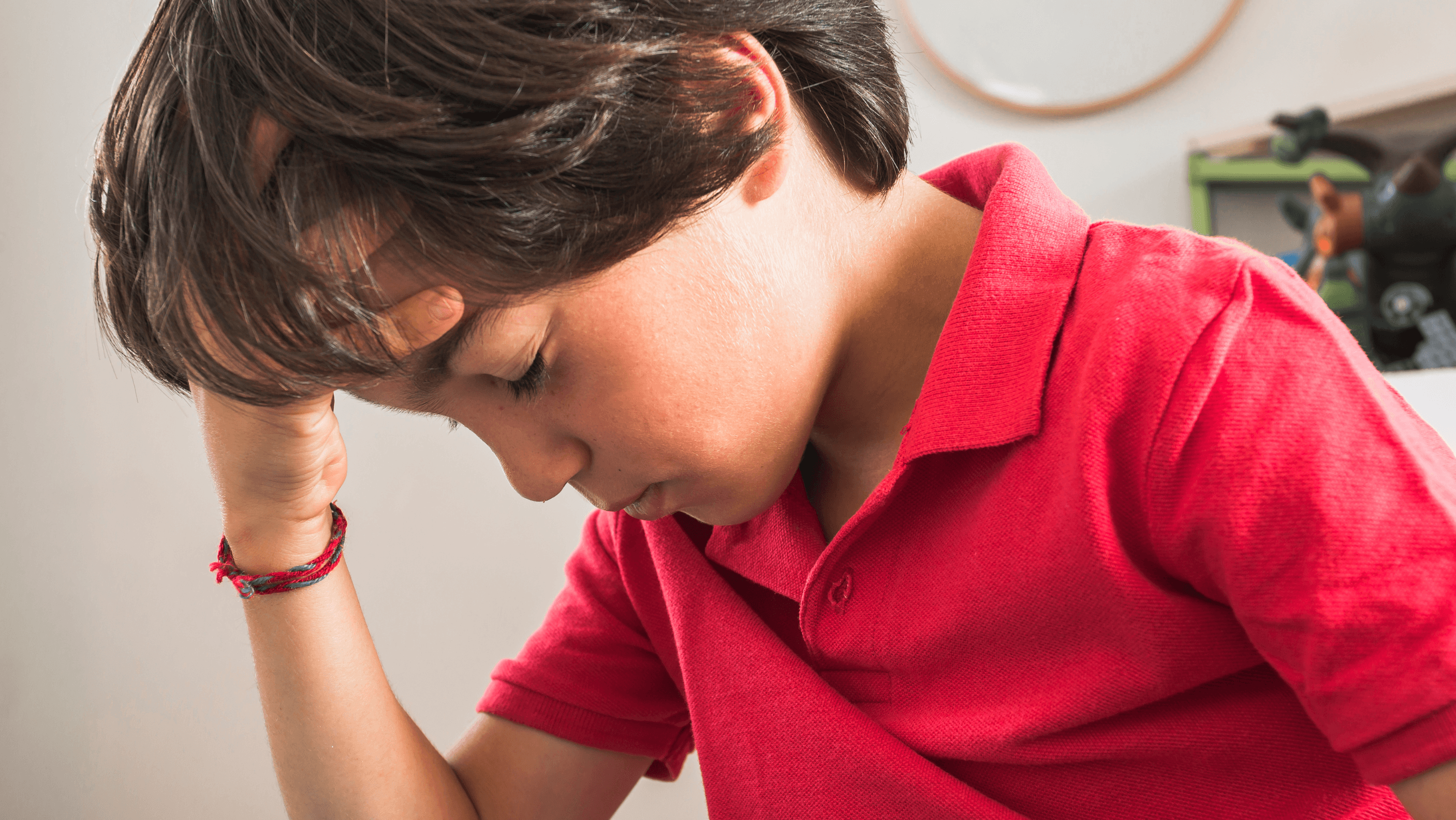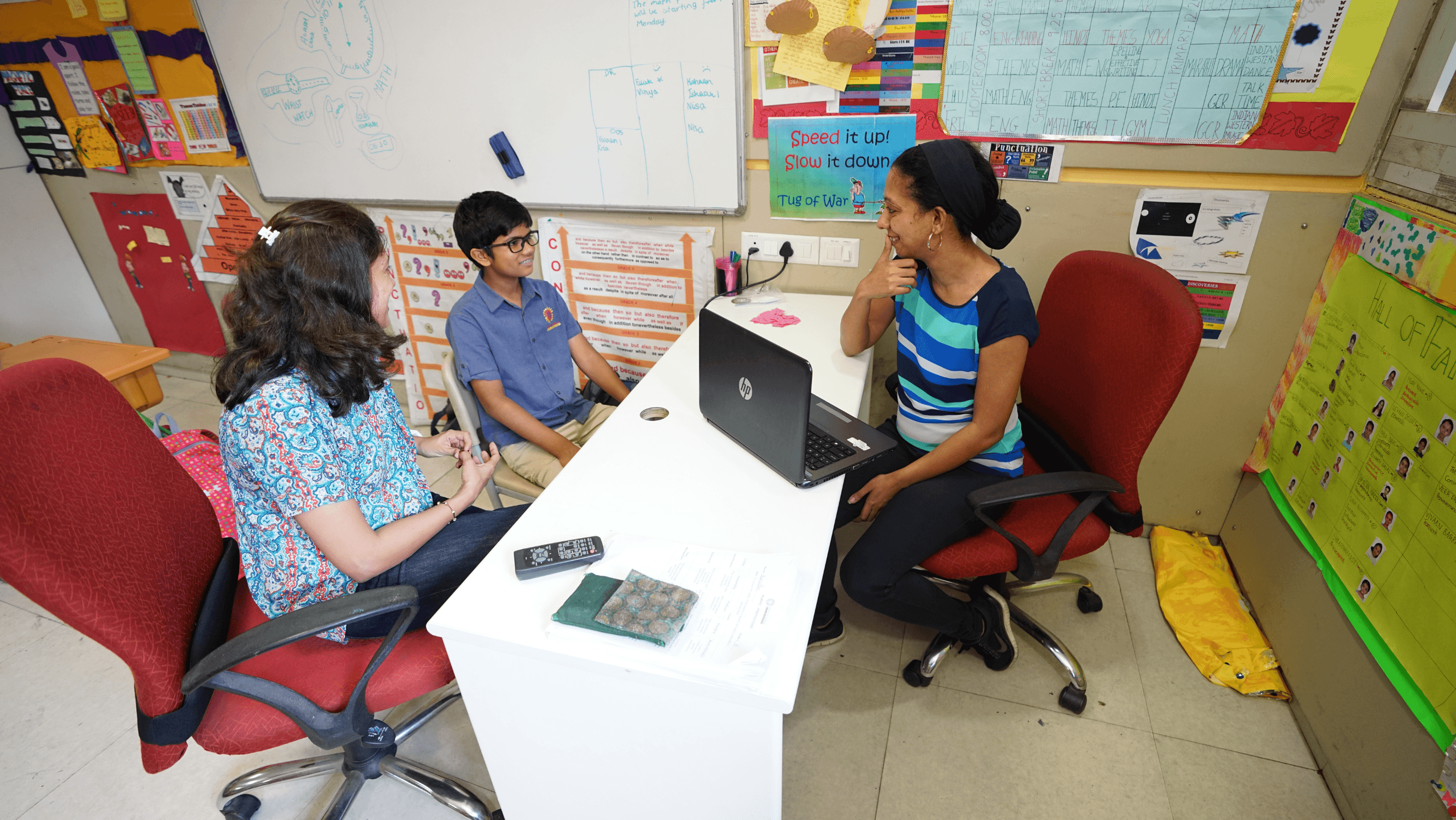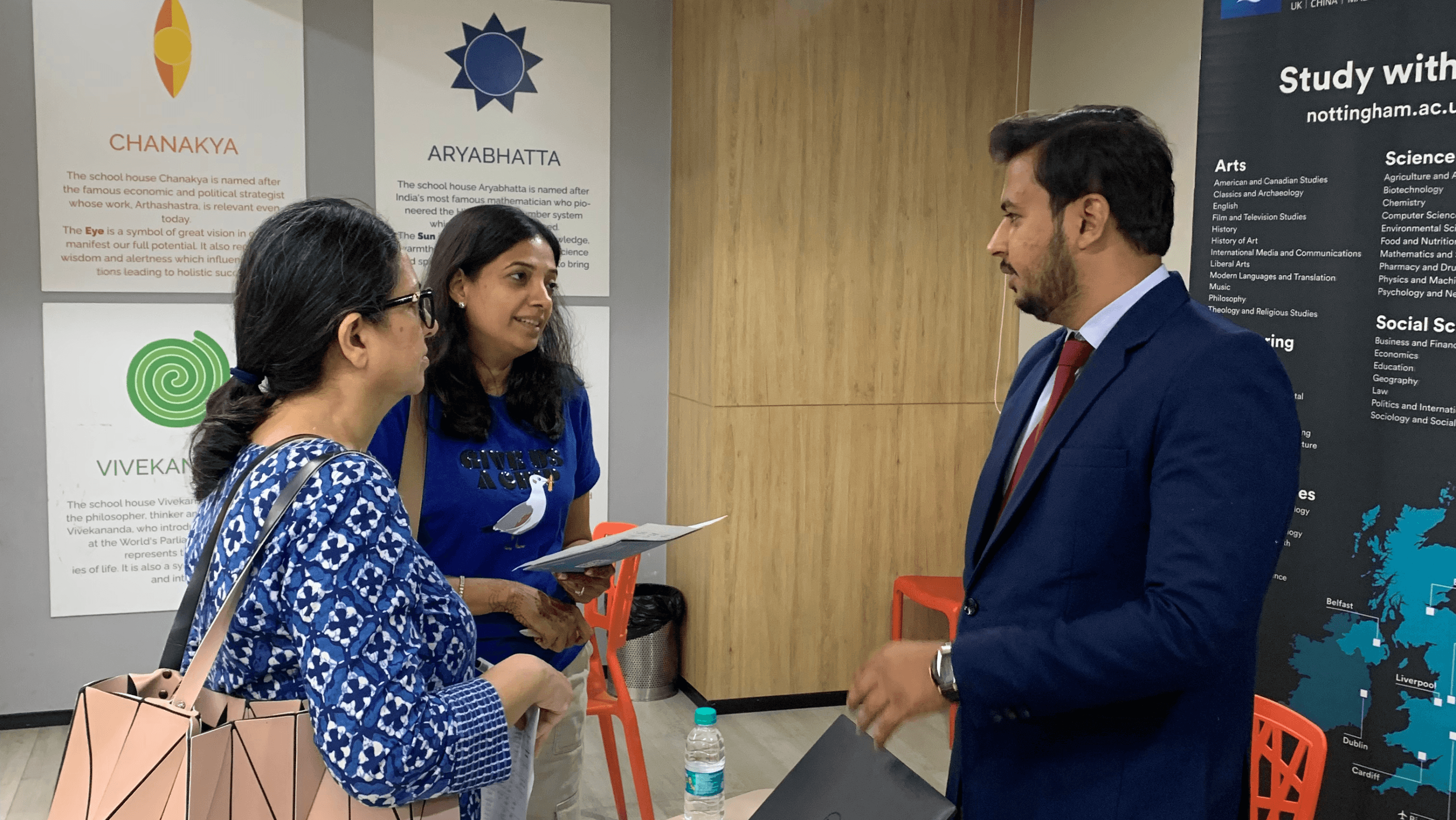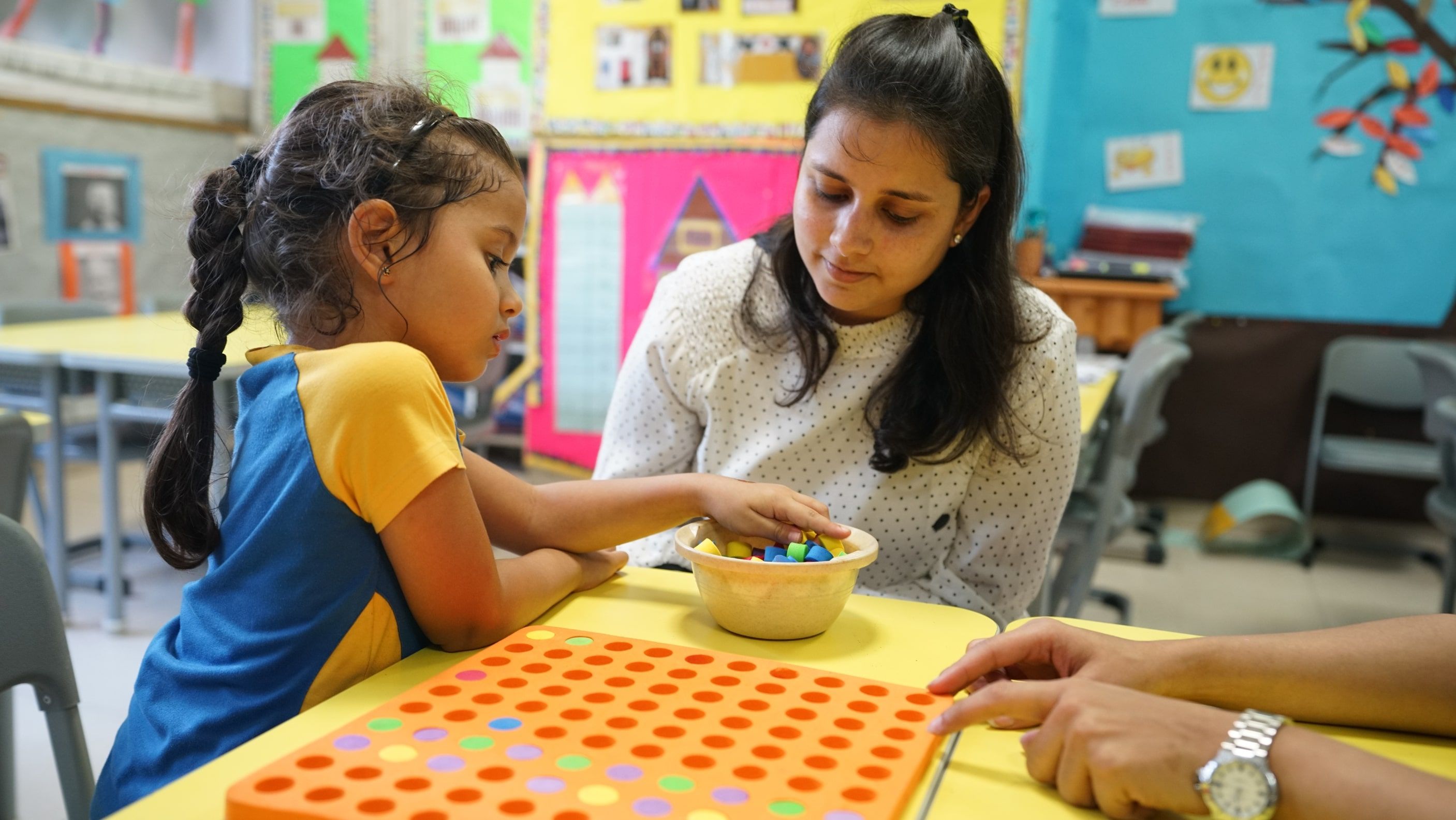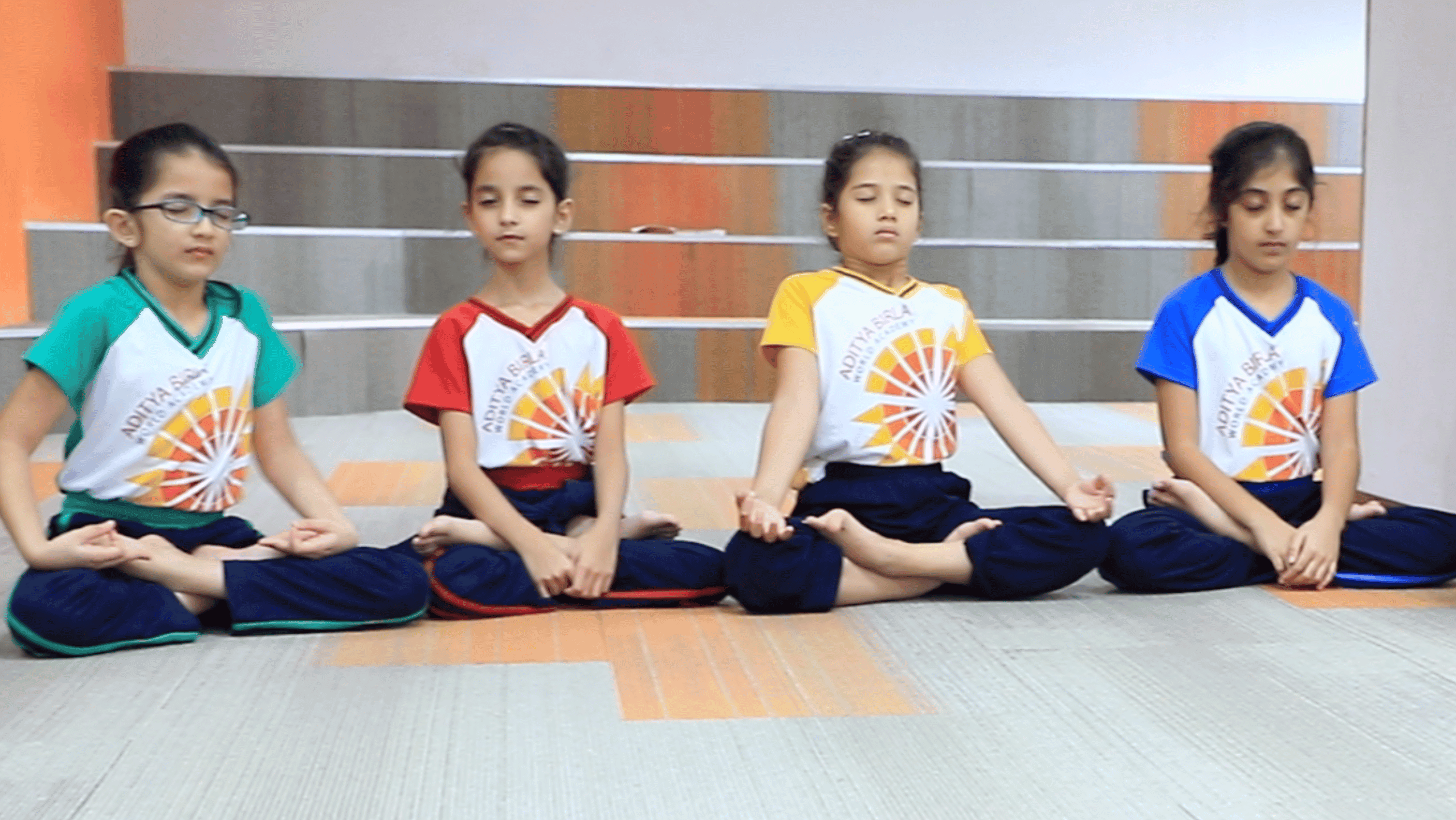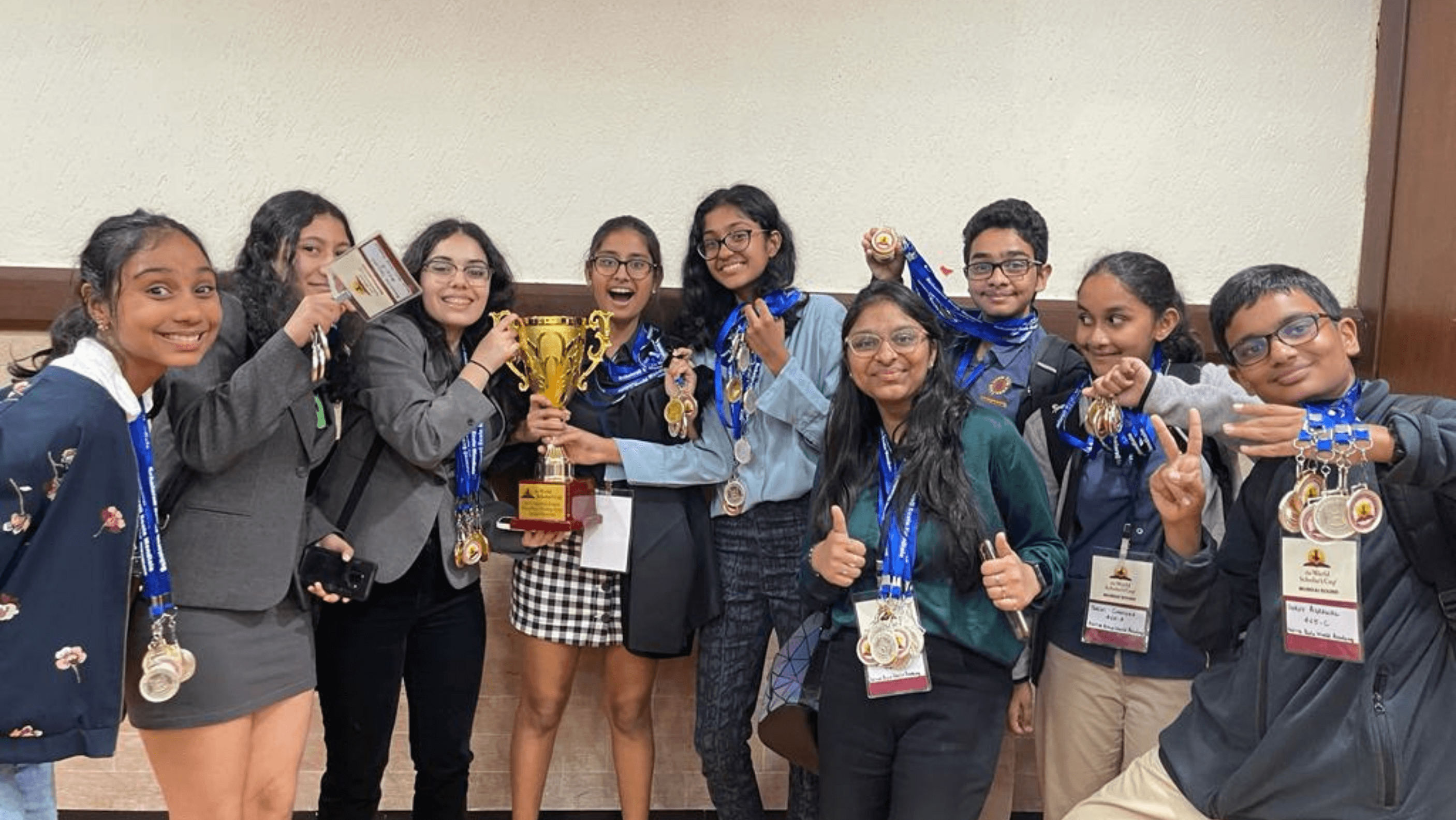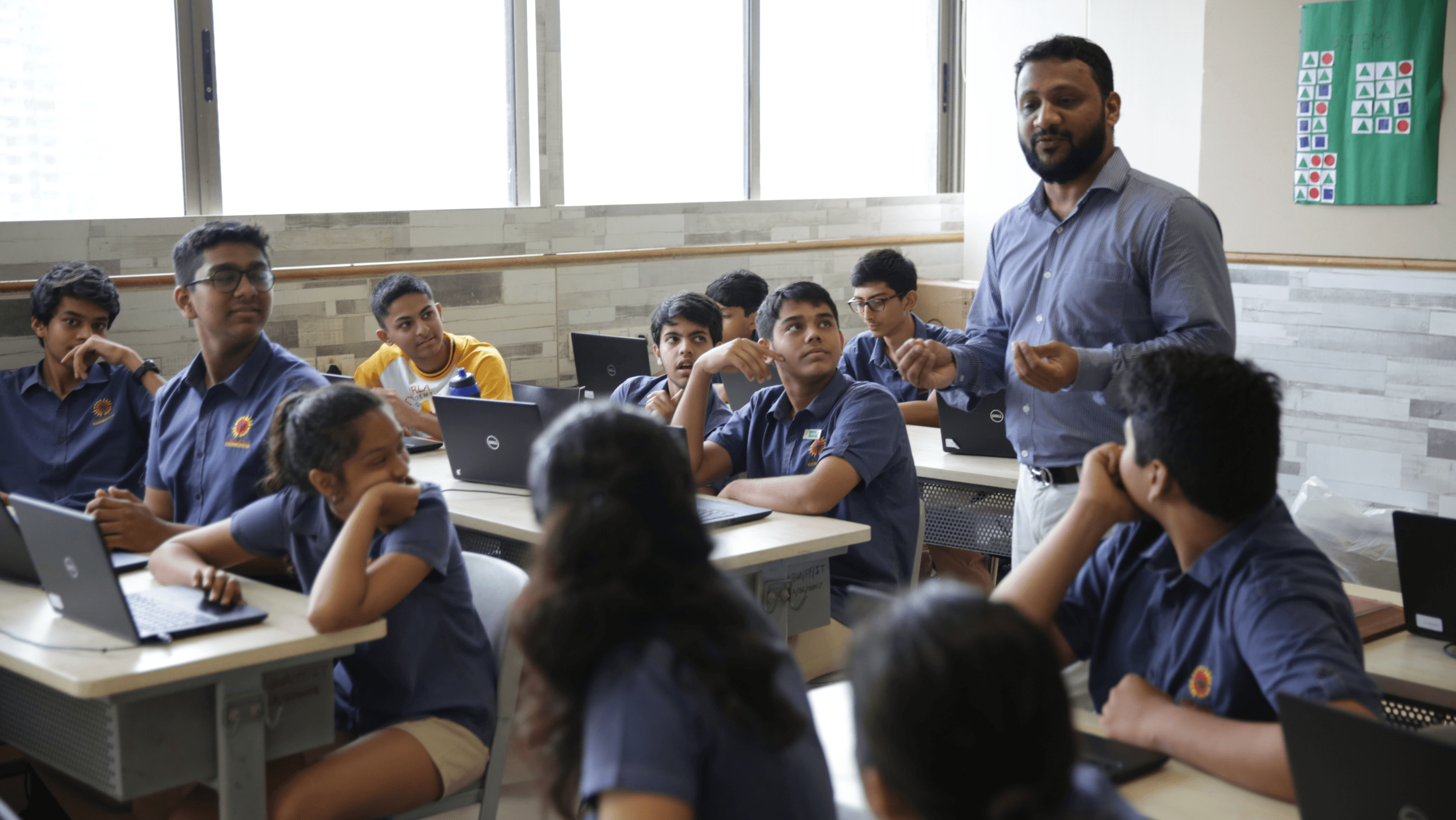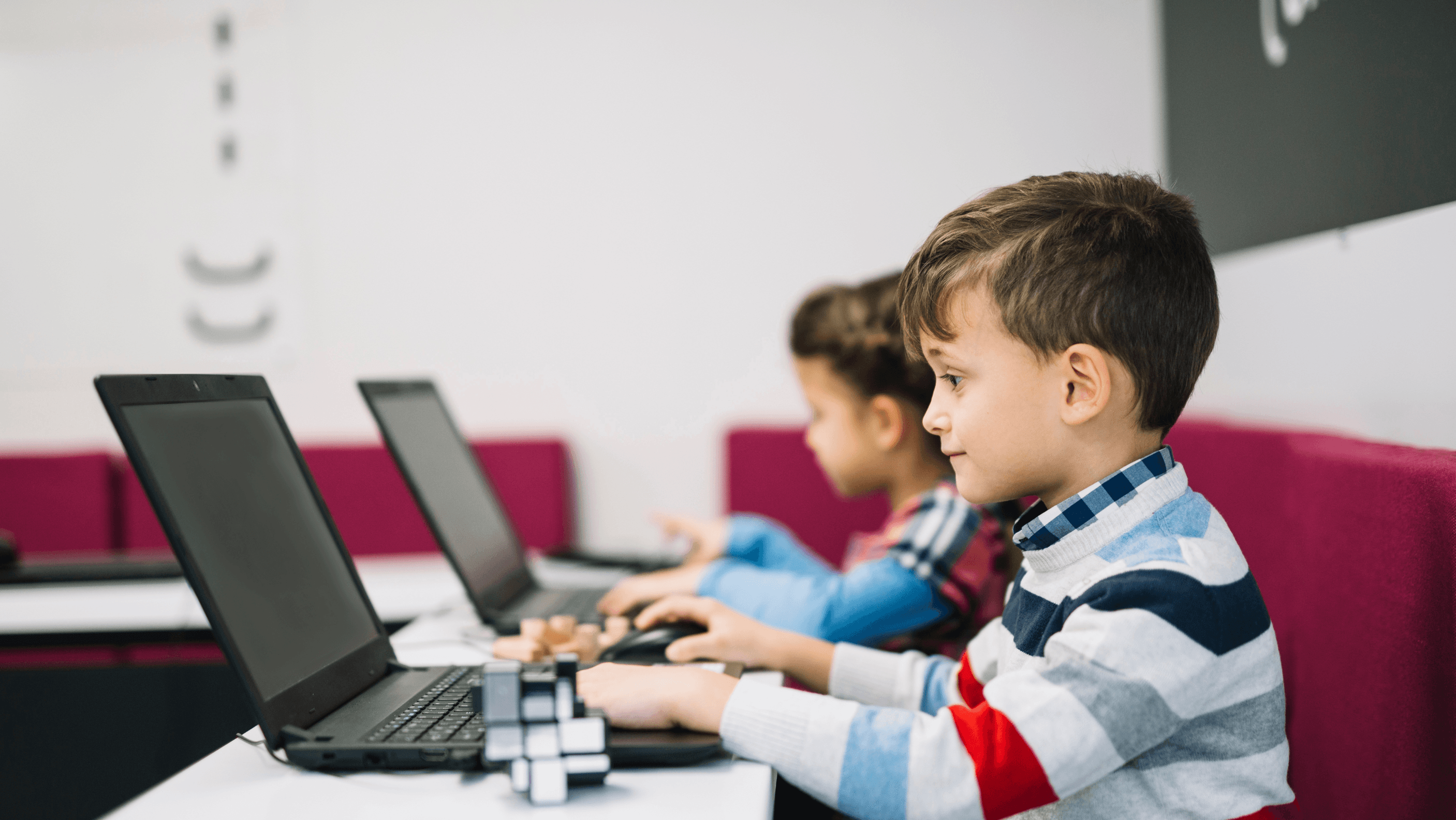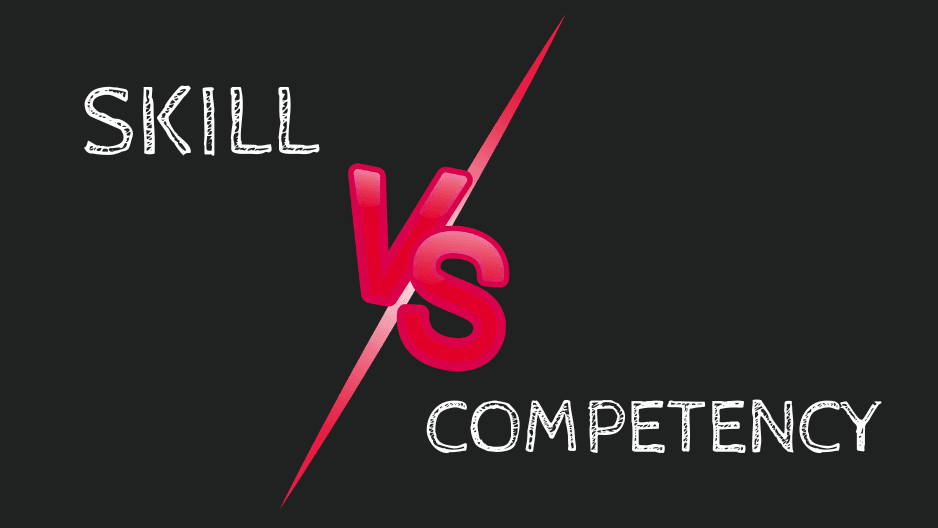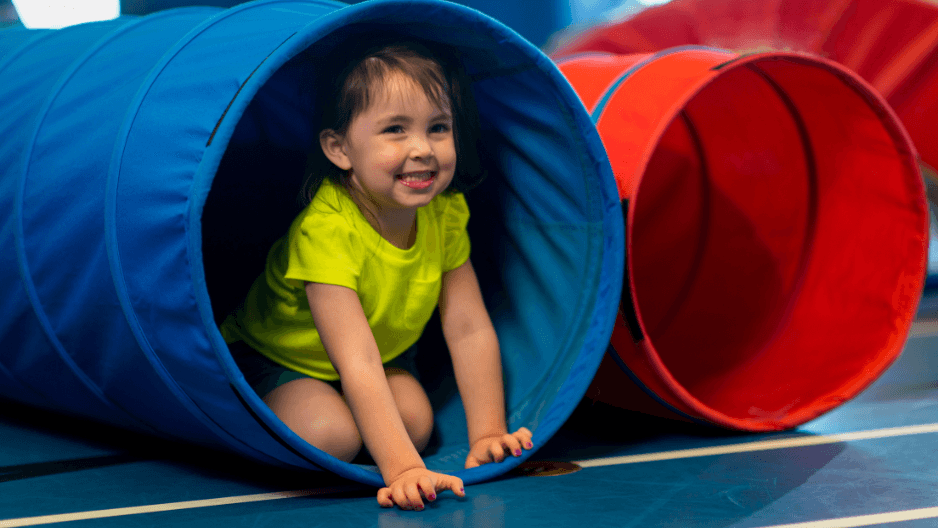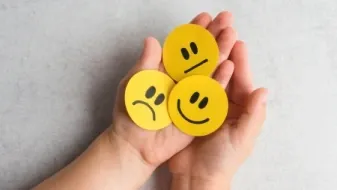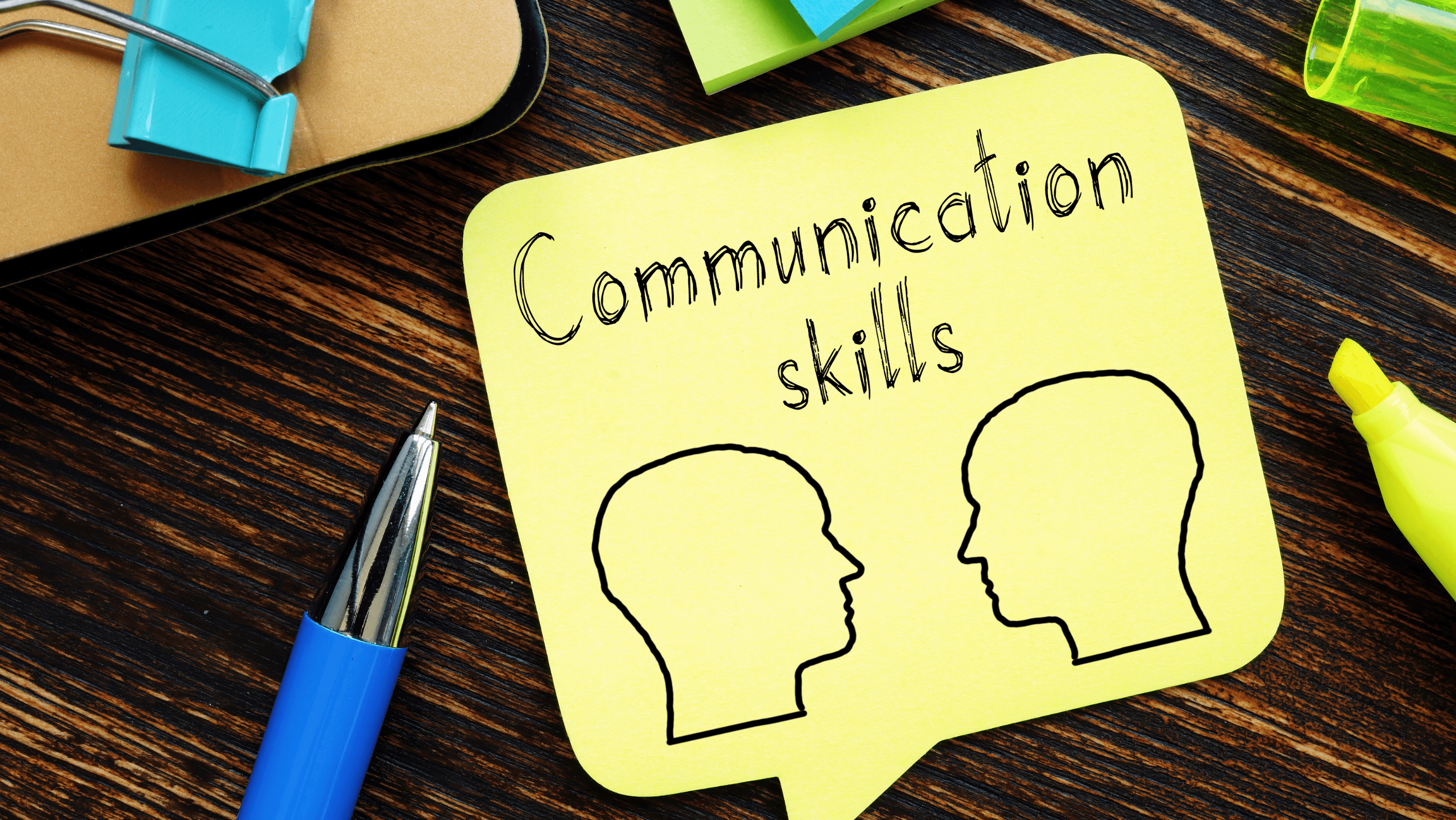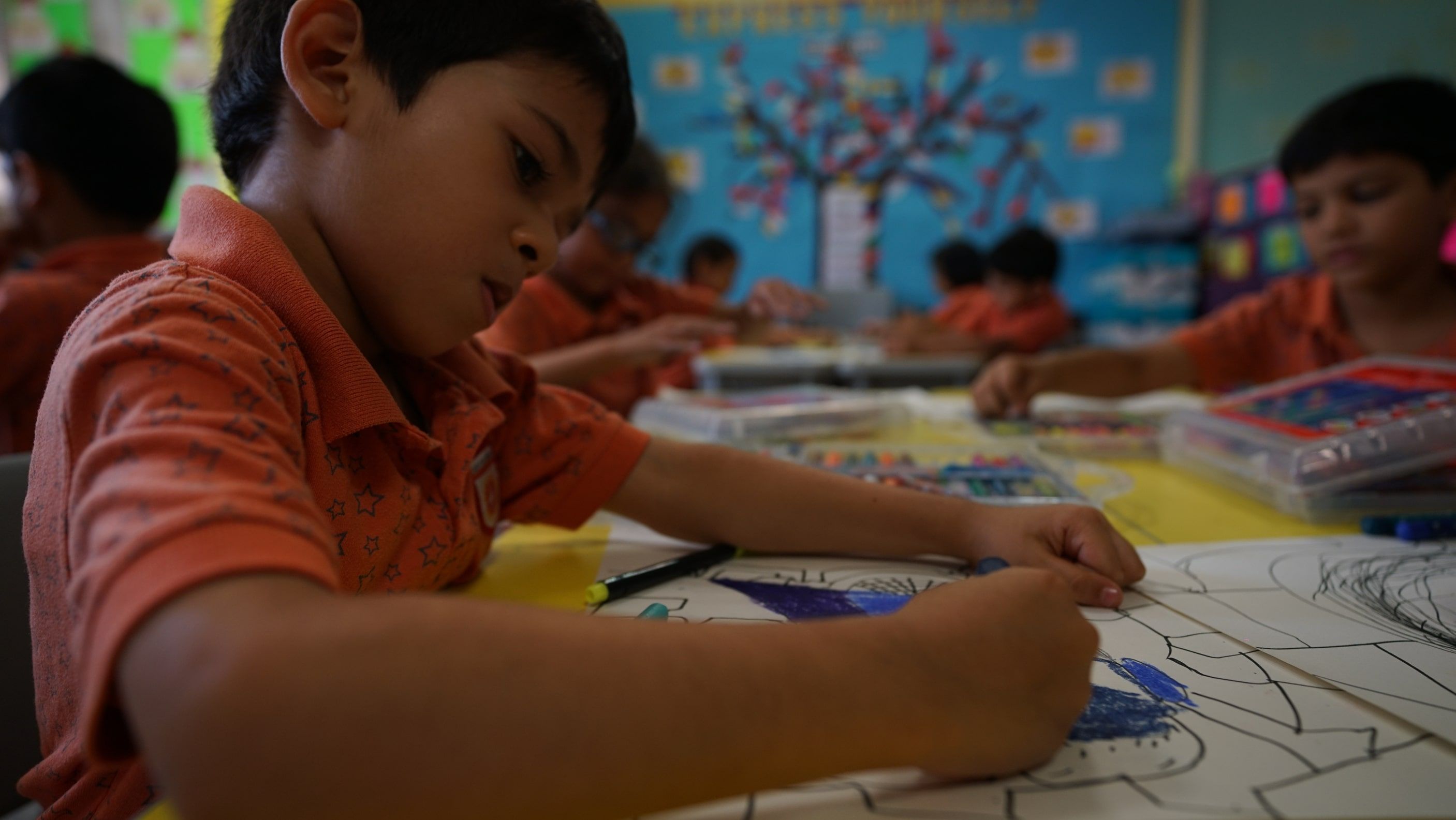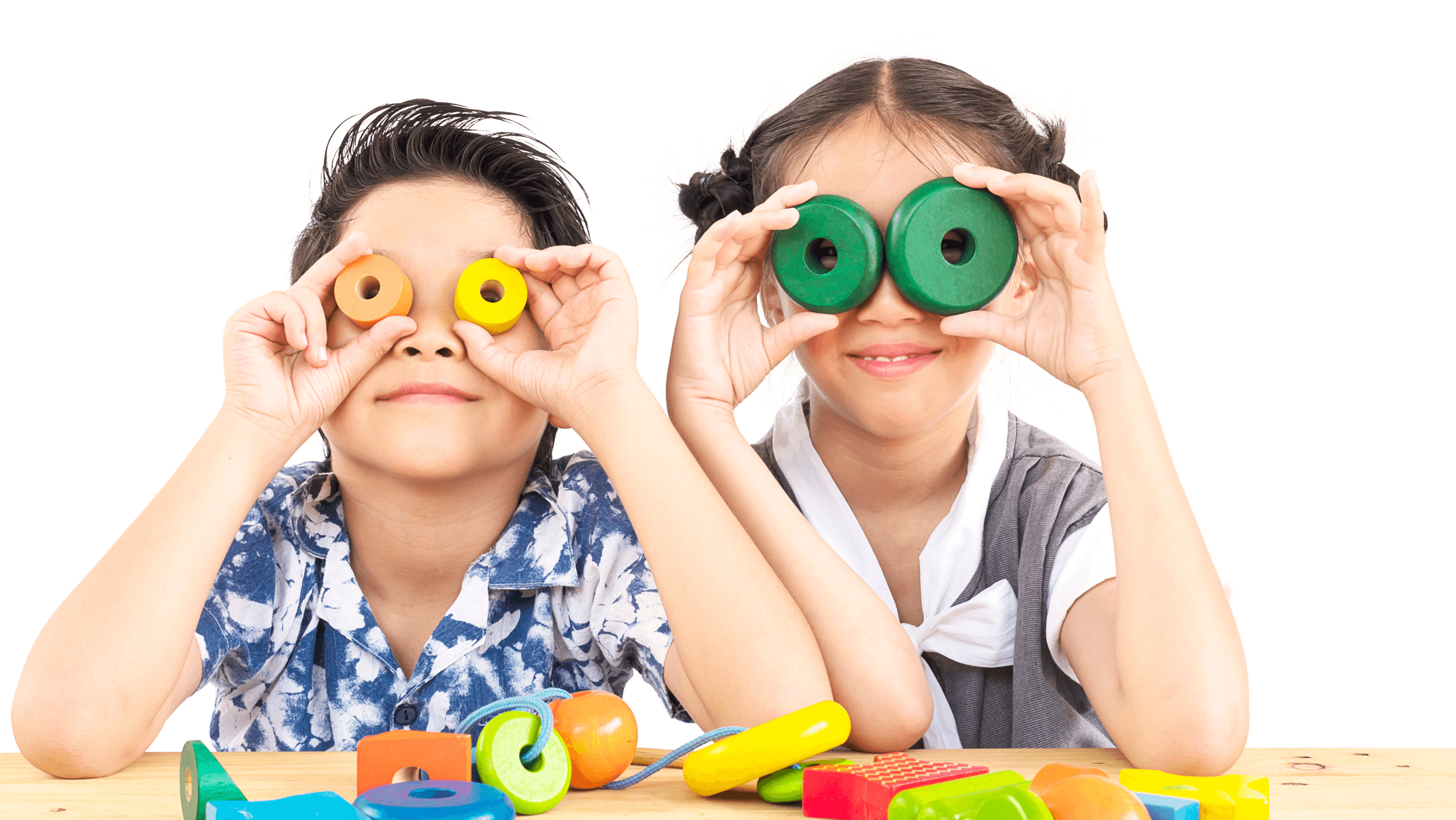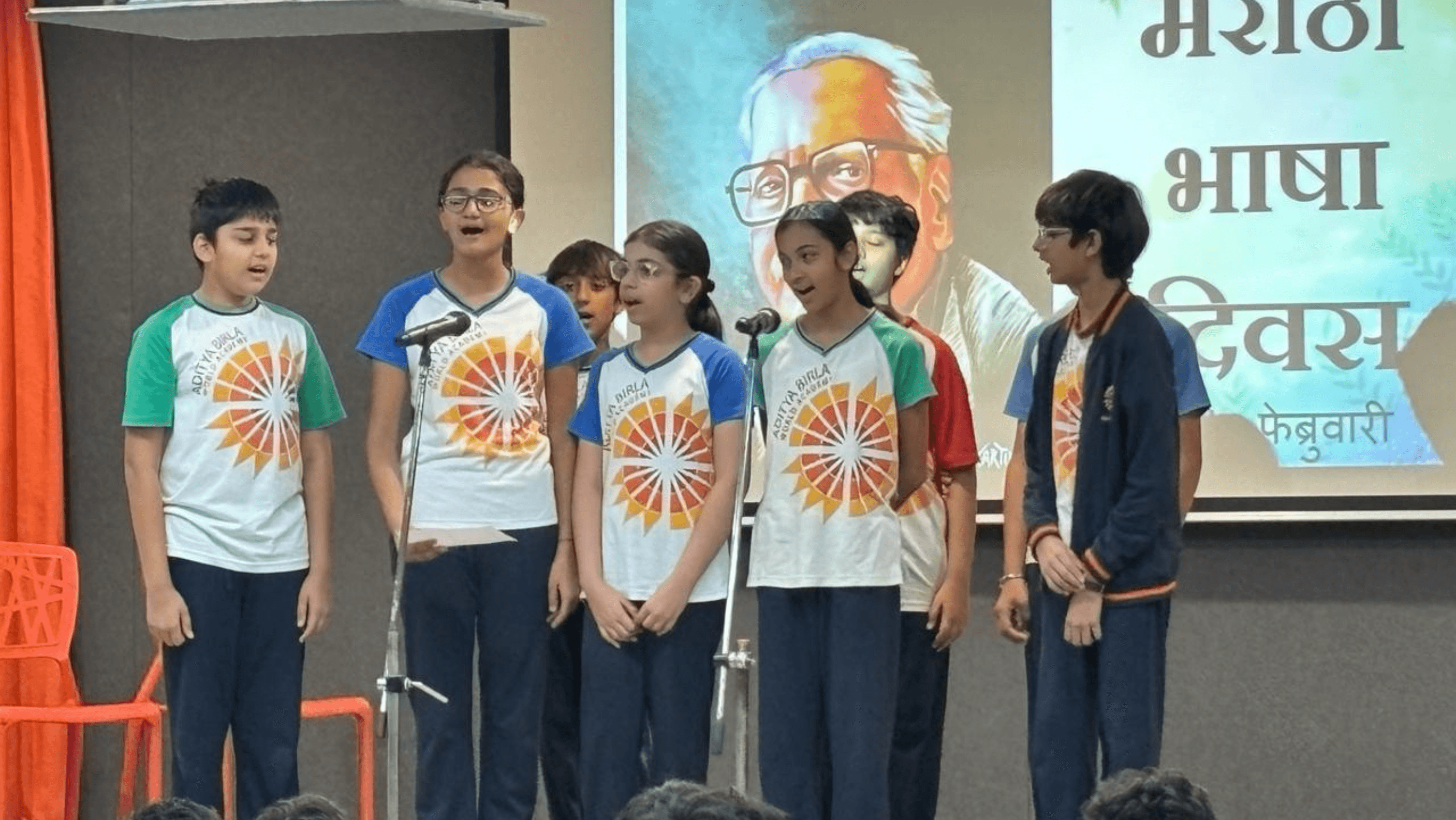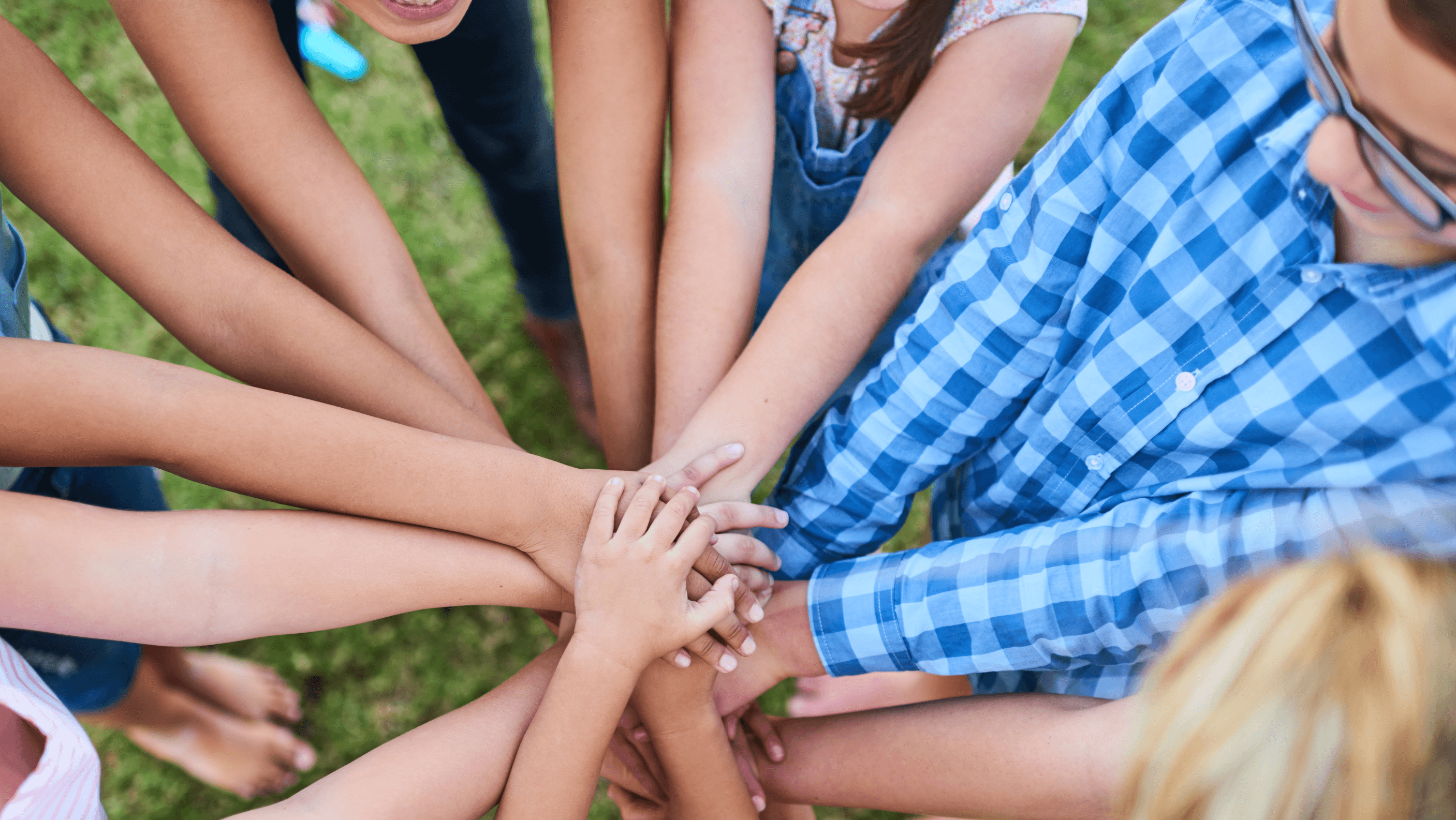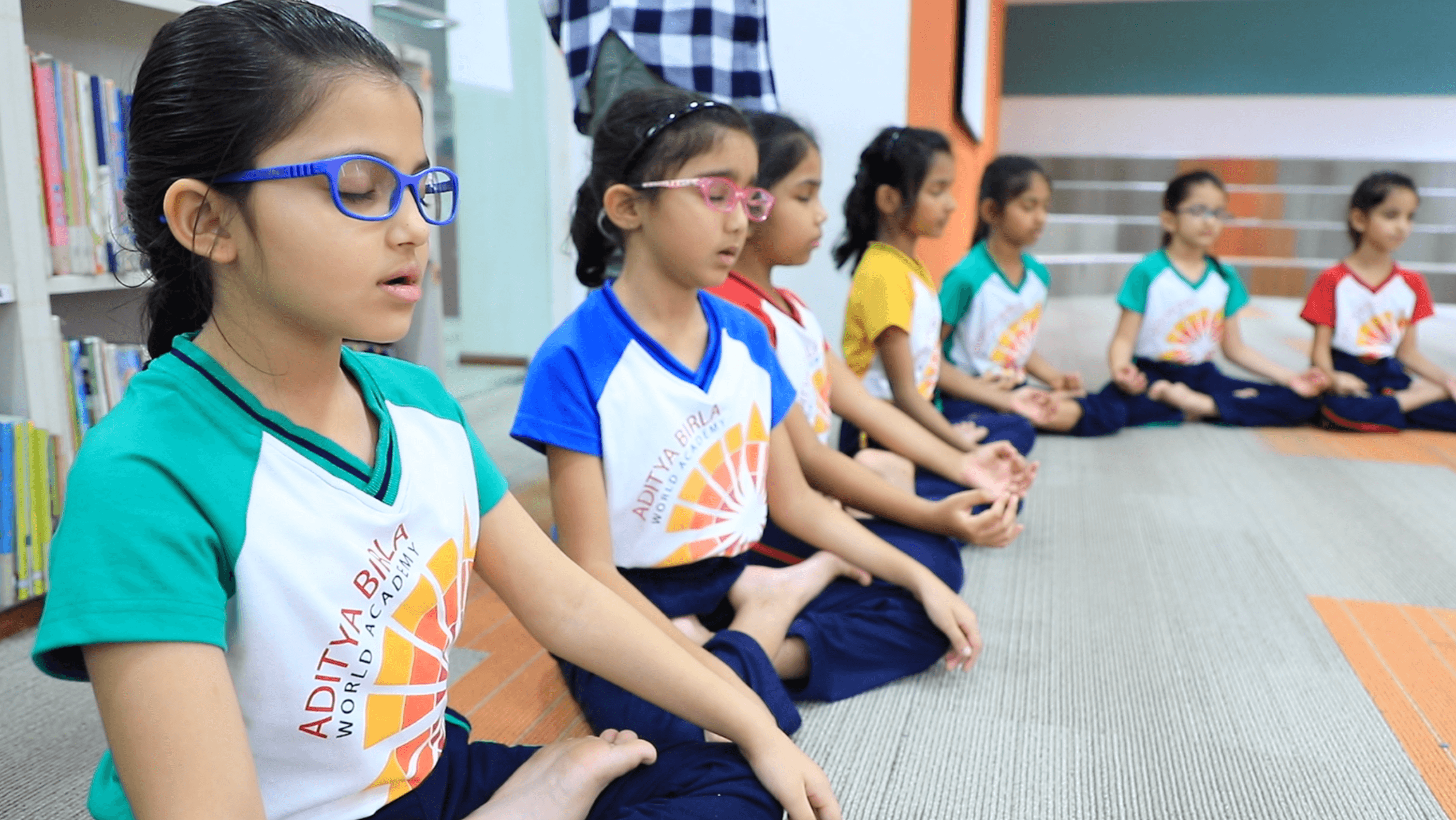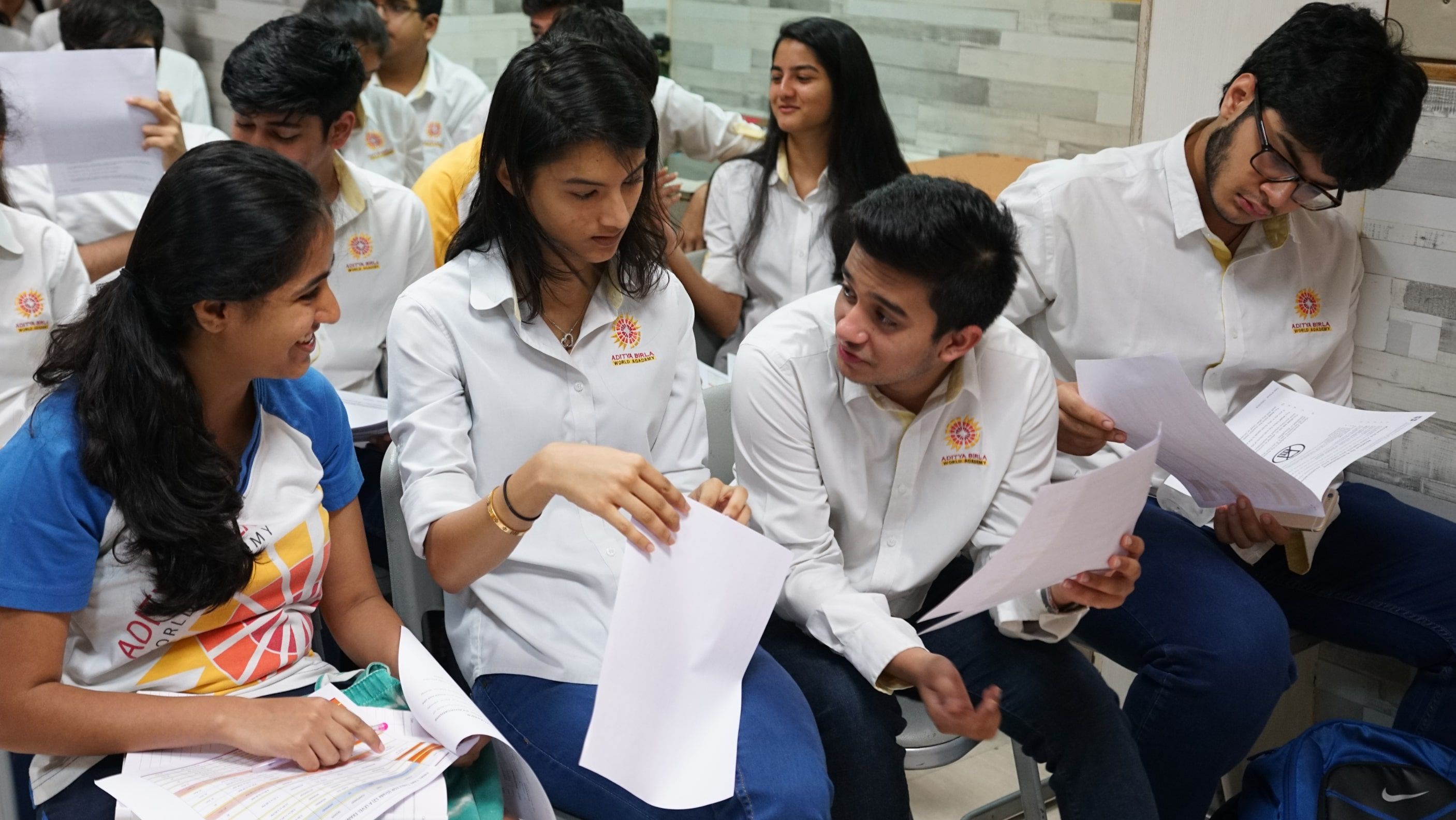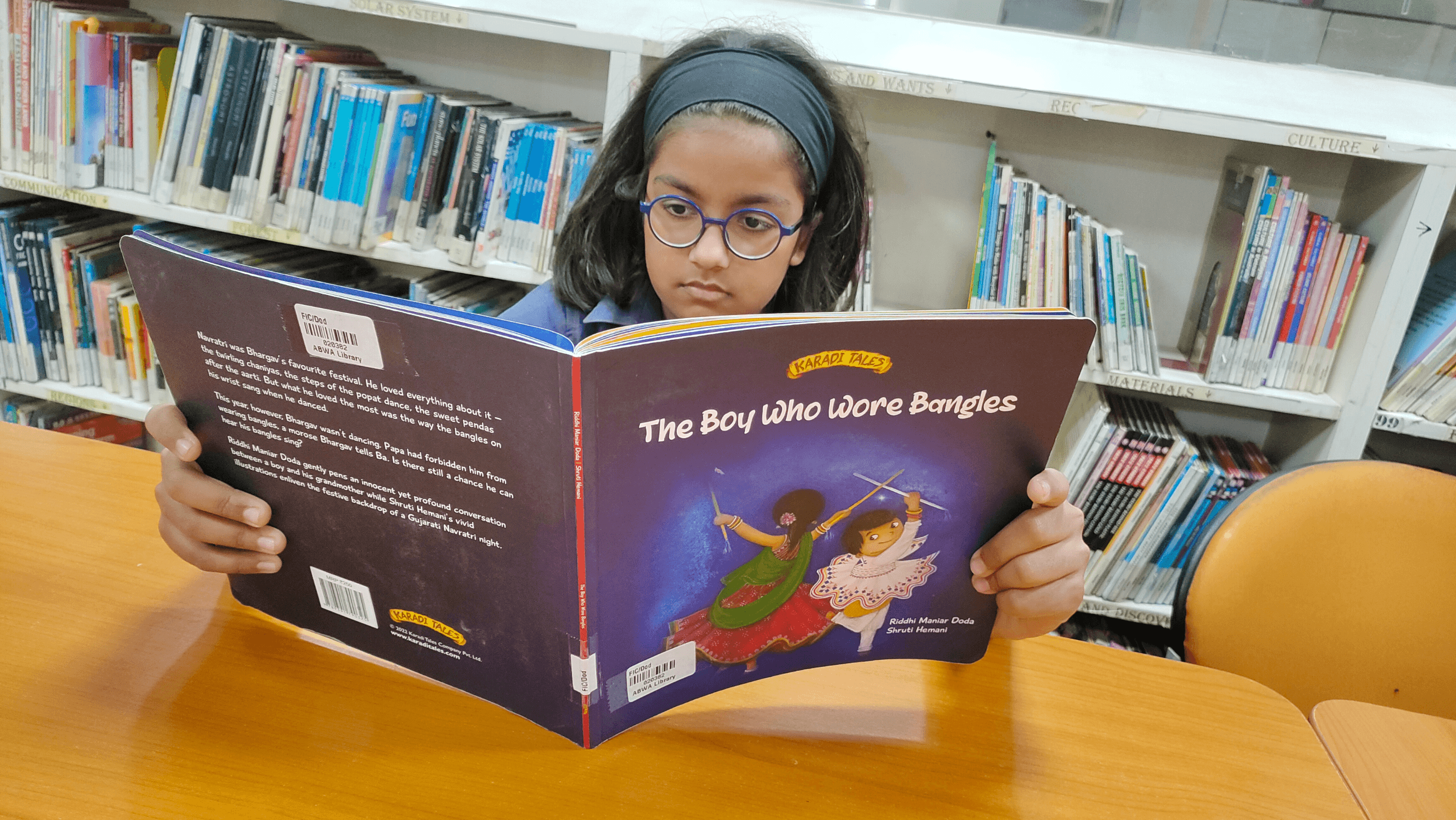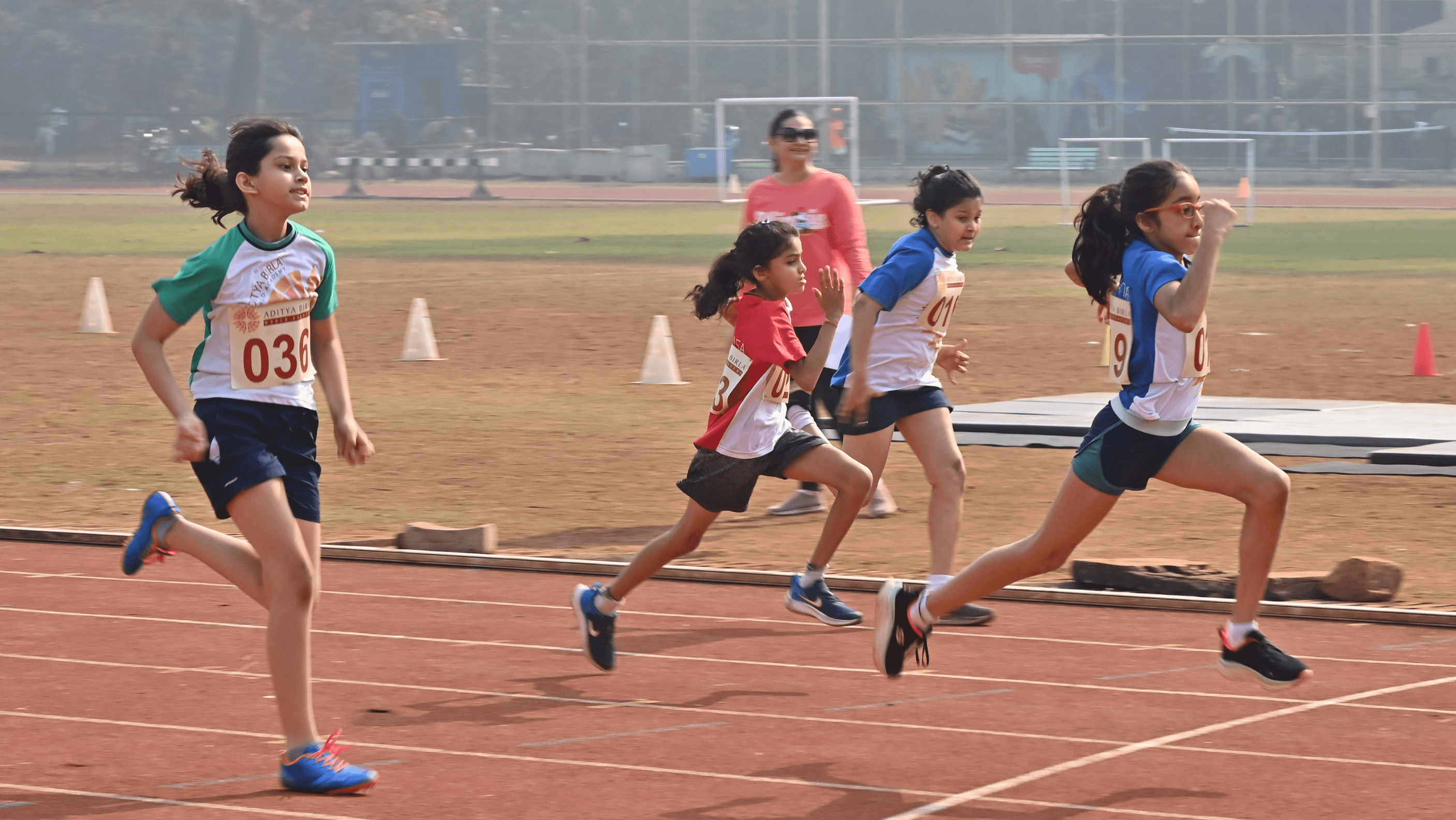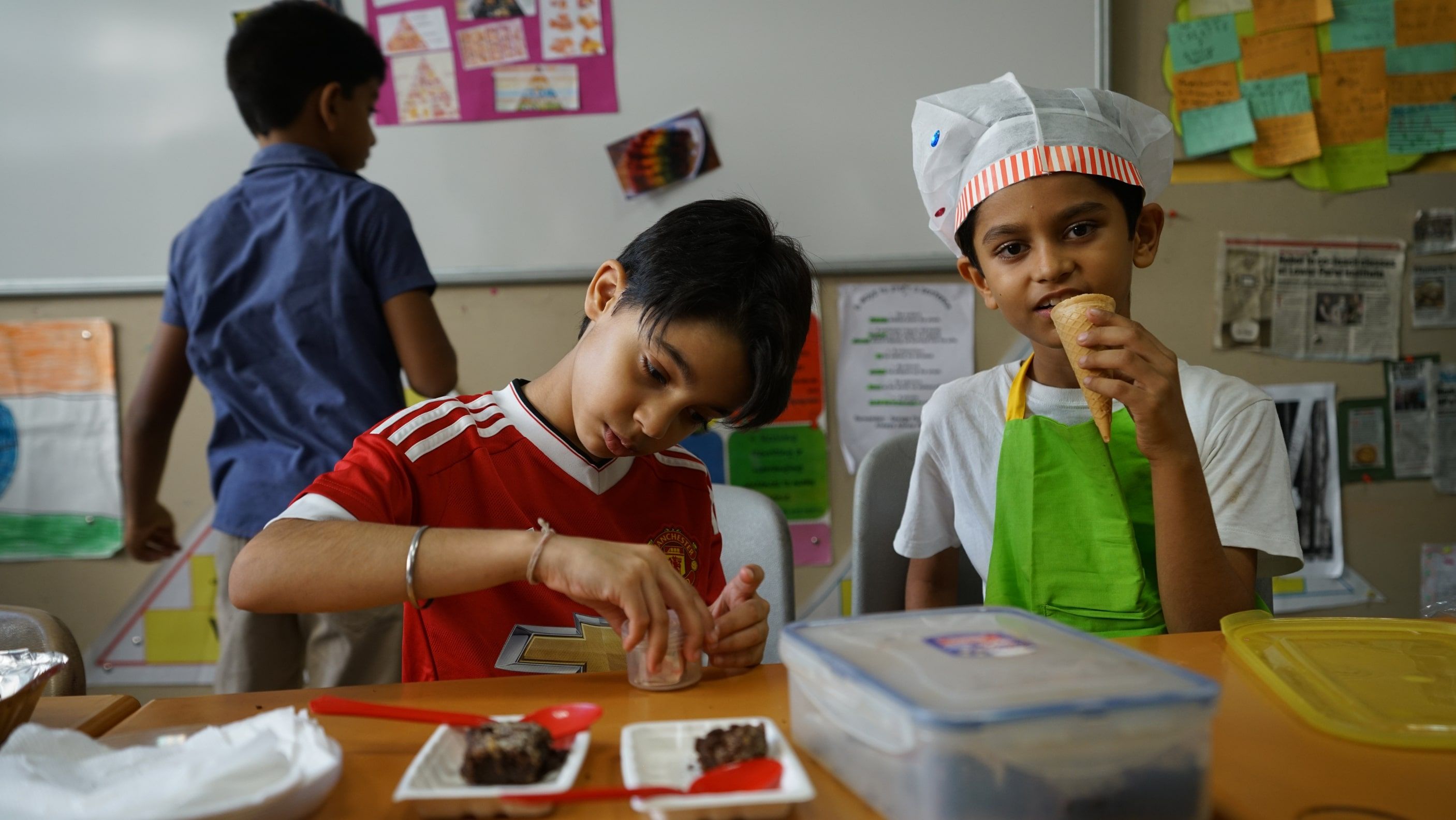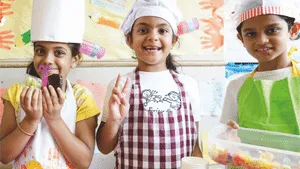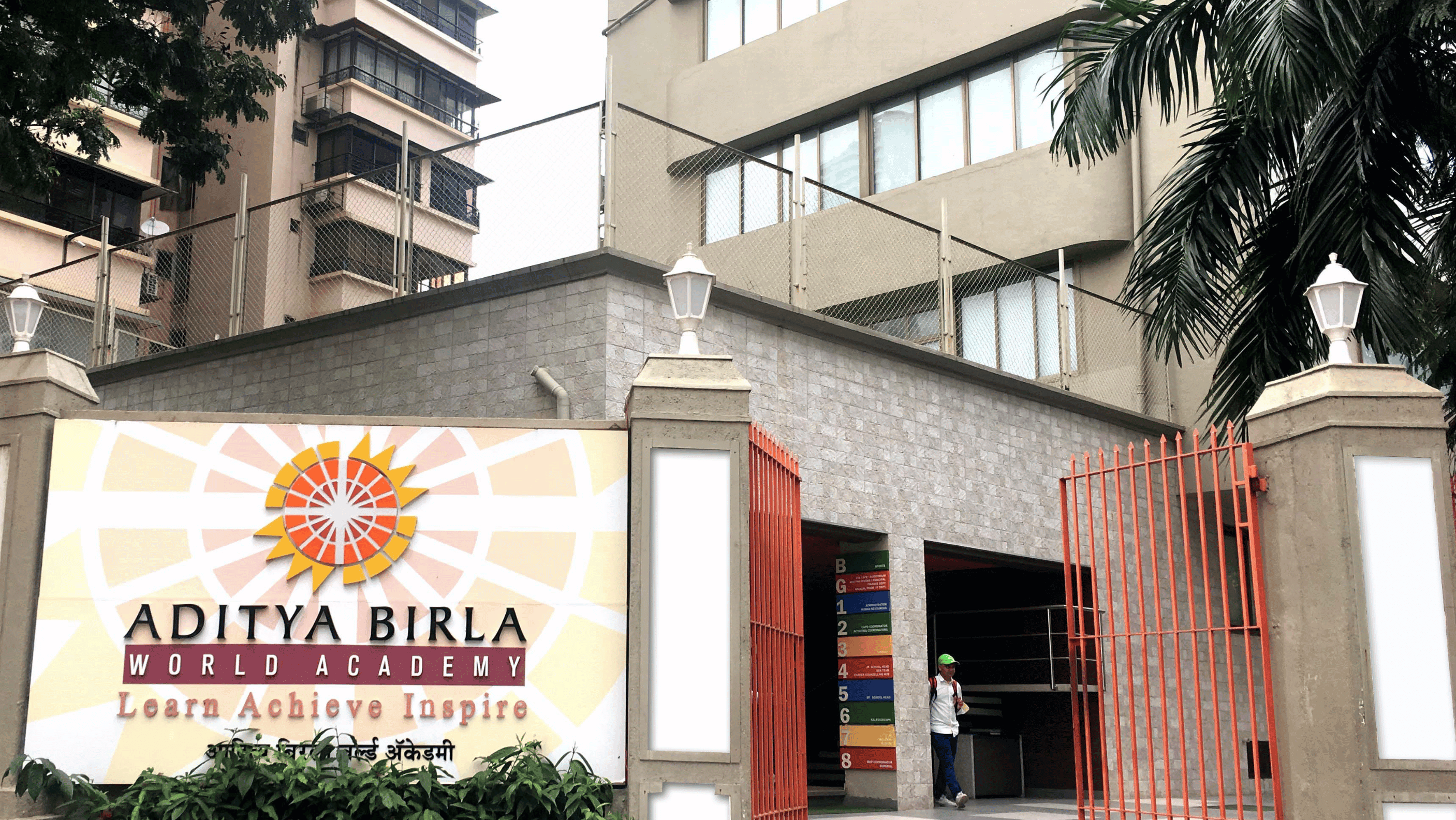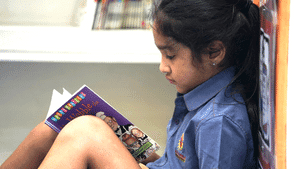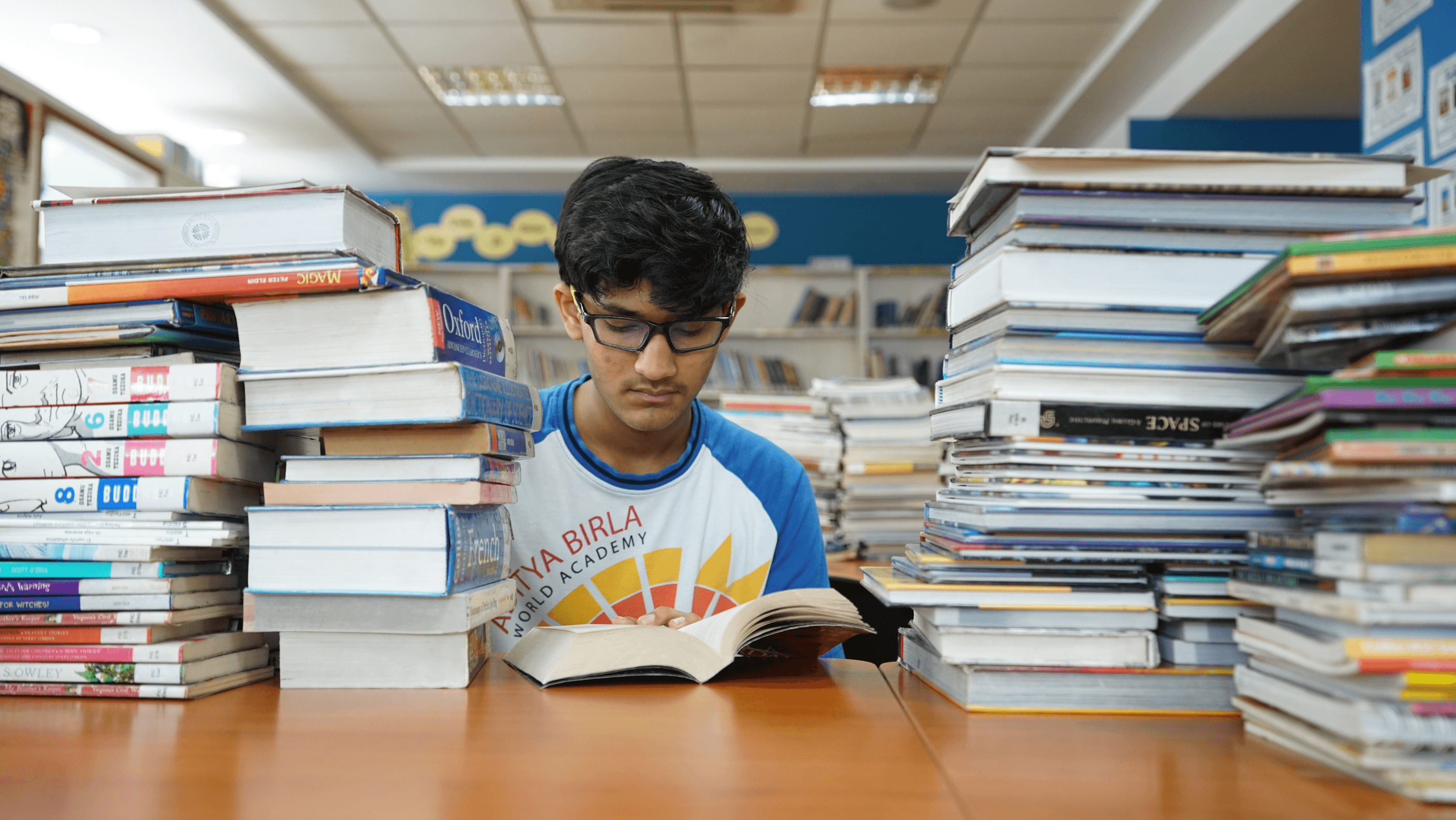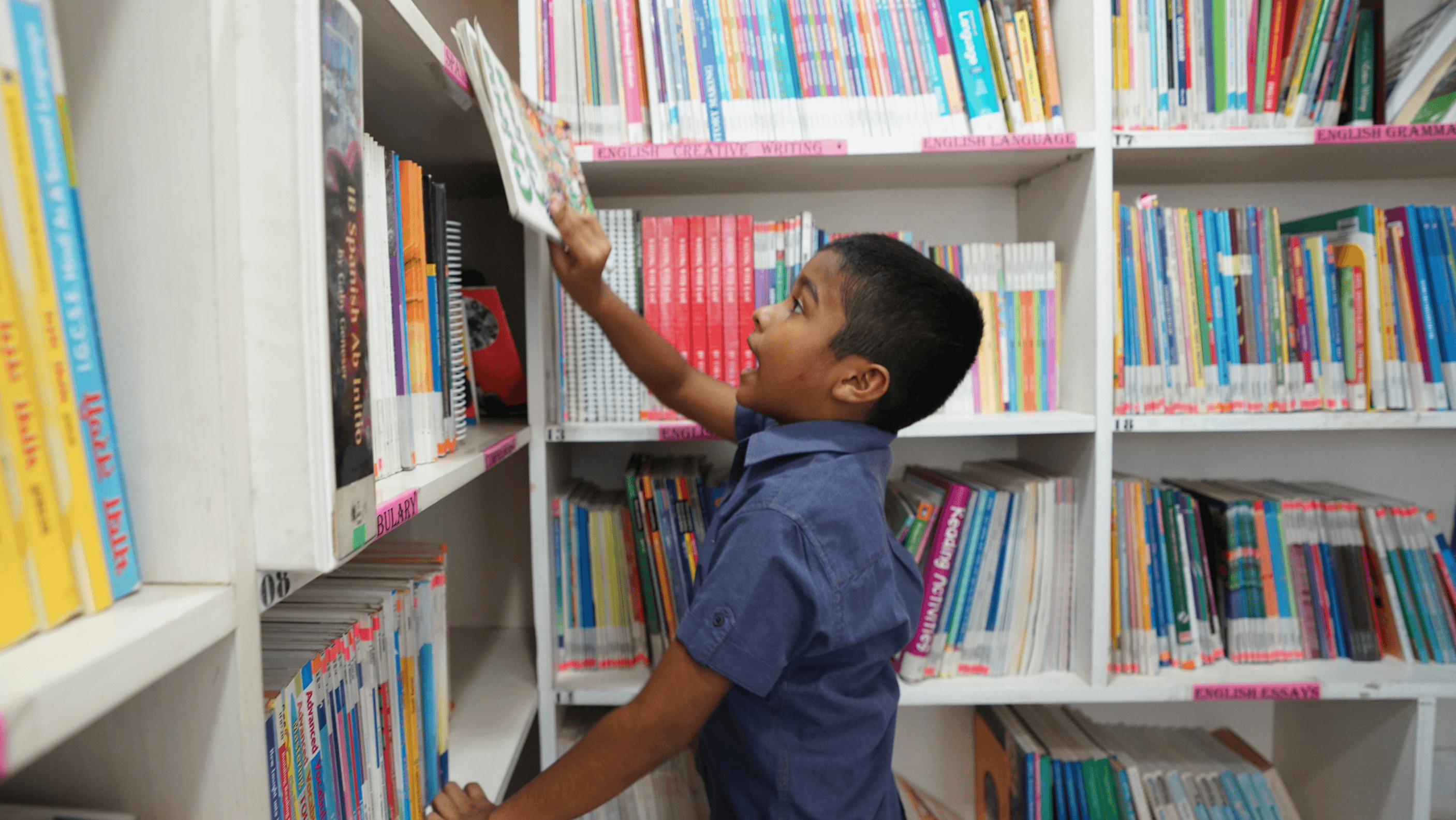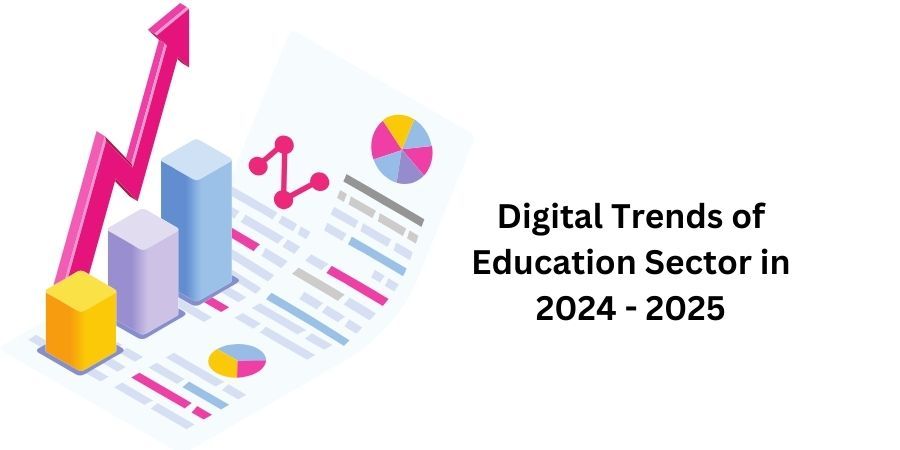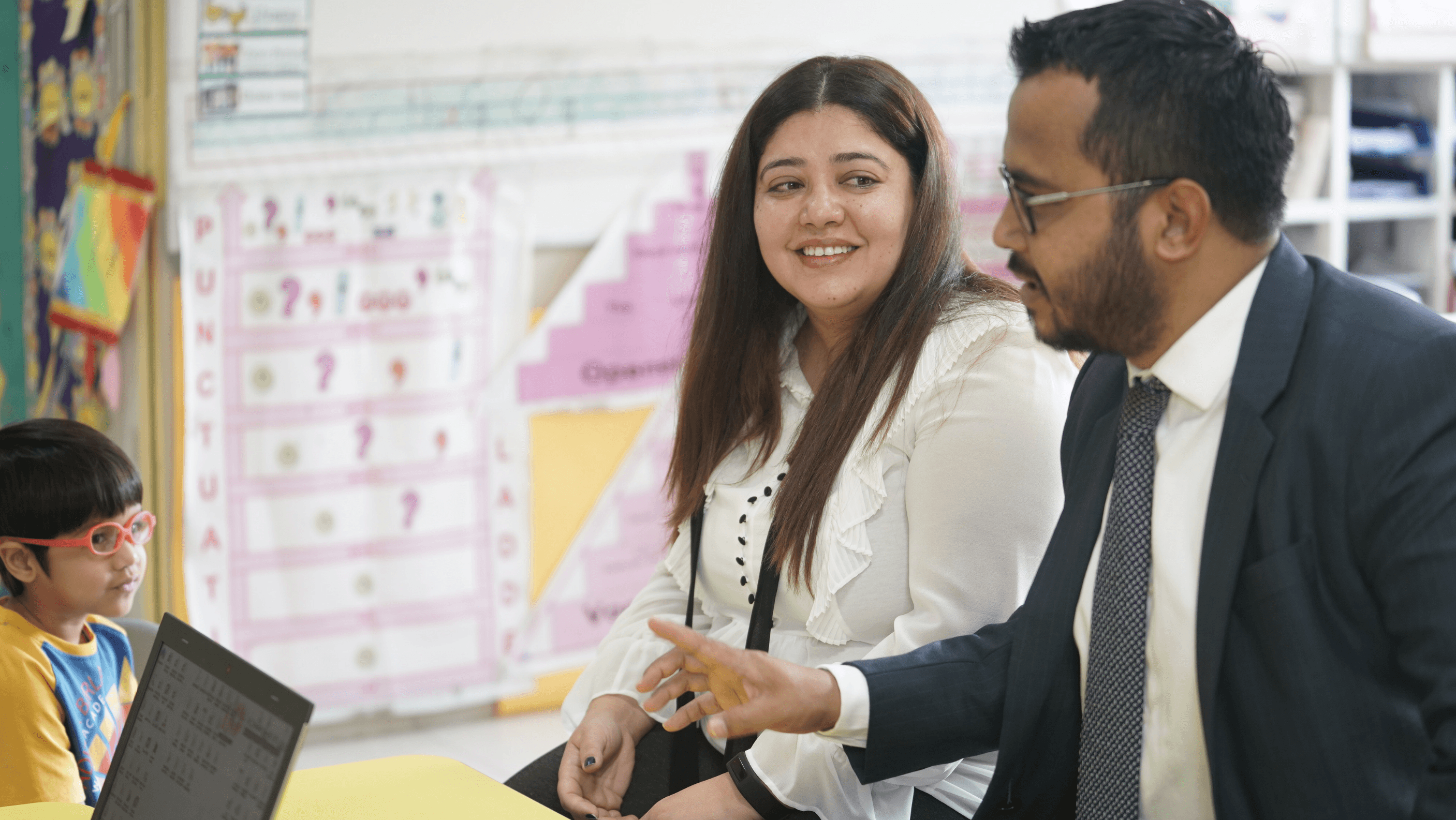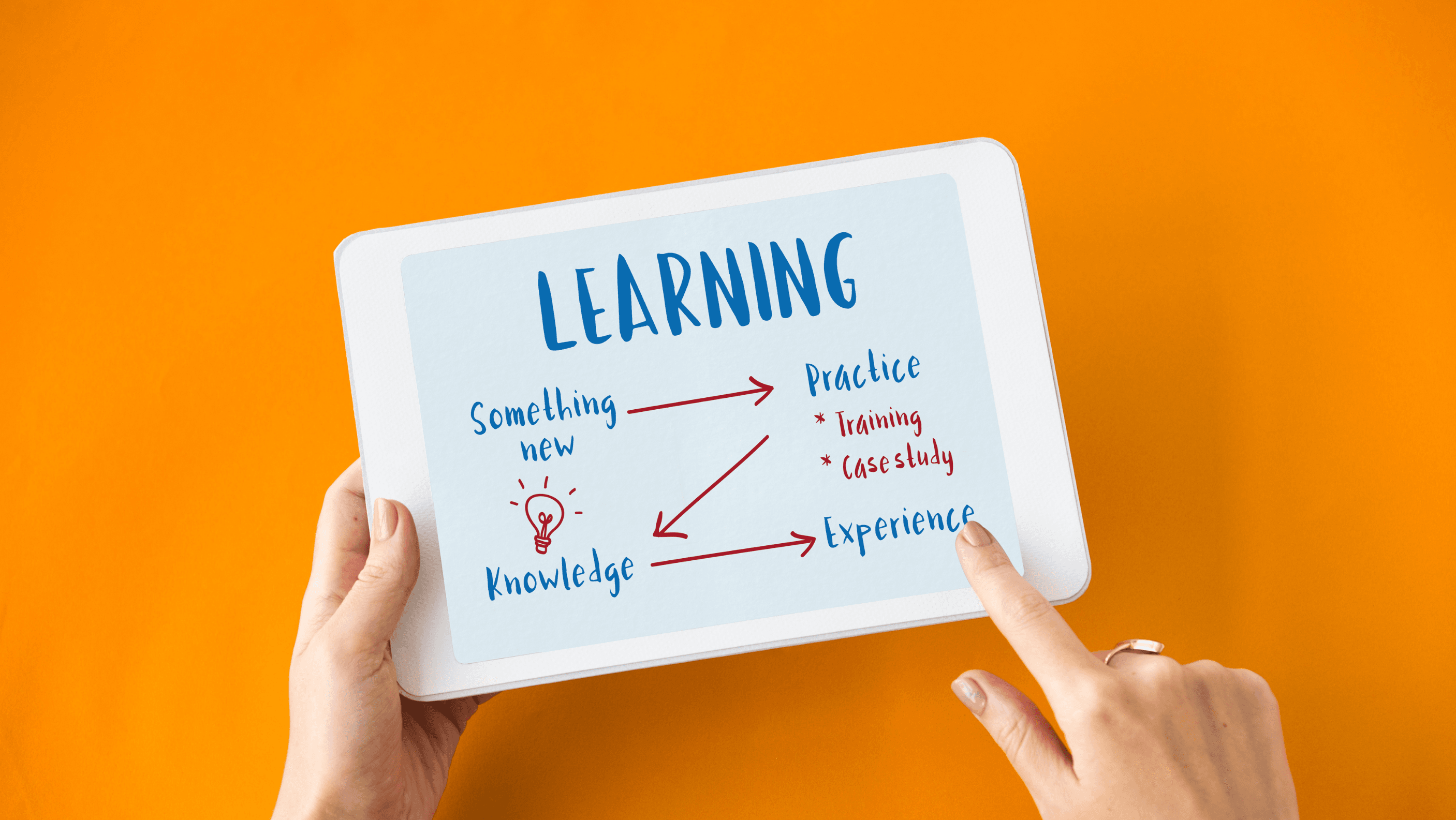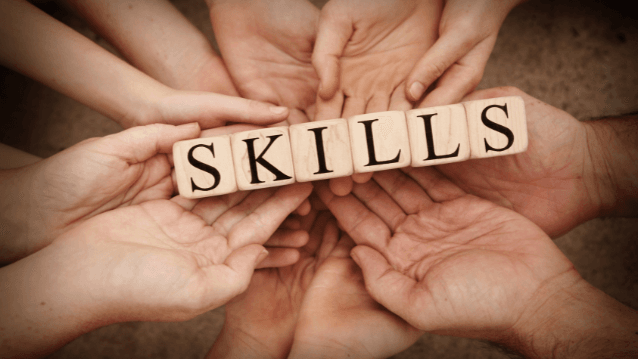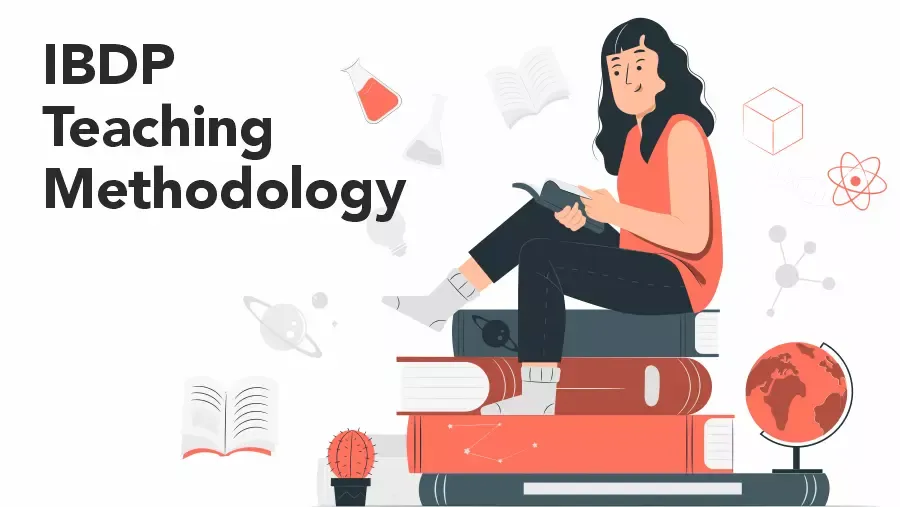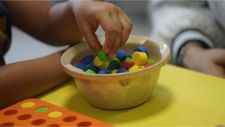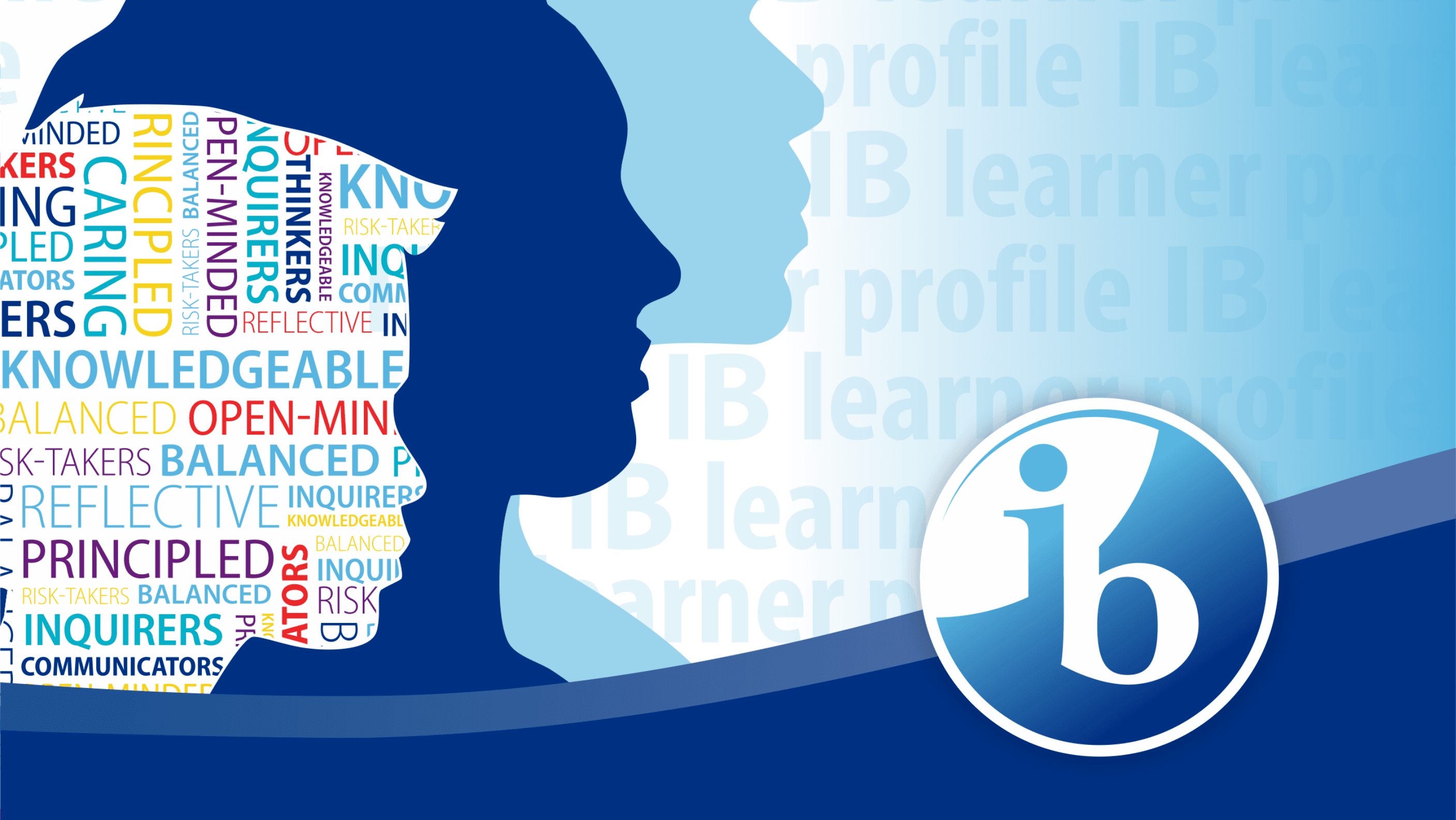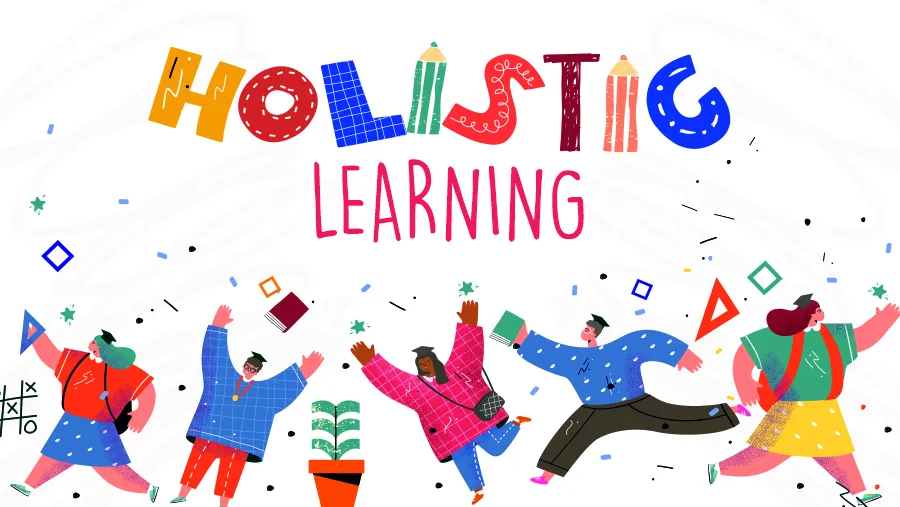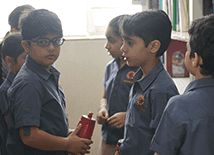Have you ever wondered how your children are going to face the challenges of the 21st century? Will your children be able to look after themselves if left alone for a while? Do you think our children are well-equipped with critical life skills to face the world? According to UNICEF, in India’s complex and diverse scenario, life skills have inherent attributes to elicit empowerment and activate participation from children and adolescents, helping them recognize their power and potential and take positive action to promote social inclusion, harmony and promote equal opportunities for all.
We at Aditya Birla World Academy work on the profound truth that all human beings have an innate desire to learn and to grow. We see this in our young children. When infants first learn to walk, for example, they take their first steps and their faces light up with joy. And from then on, we can't stop them from walking. They are trying to improve, they are trying to learn, they are trying to improve their skills.
Teaching your child psychosocial competencies can not only help them move out of bubble that they live in but it also allows him/her to feel enabled, works on socialization and reasoning, and helps develop a healthy self-esteem. Sustaining our learners’ effort when facing big challenges and equipping them with the skillsets they’ll need to prepare for the imperceptible future is a momentous task. But here at Aditya Birla World Academy, we don’t find this task daunting! Following are the 10 step guide from UNICEF that we follow as guidance to give our learners the building blocks to support themselves on their future career journey.
Also read,
What is social and emotional learning and why is it important?
https://www.adityabirlaworldacademy.com/blogs/what-is-social-and-emotional-learning-and-why-is-it-important
- Decision-Making Skills
Decision making skills are imperative in this day and age. Making independent decisions is an important skill to have so that as your child gets older, they can positively make decisions without relying on someone else. Allow younger children plenty of opportunities to make decisions like what to wear for the day, what to eat for a snack, etc. Natural consequences, such as choosing a pair of gloves on a summer day, or choosing a light snack and feeling hungry again, will help reinforce what are appropriate decisions to make. Kids like feeling in control and having choices offered to them, rather than just being told what to do. Being self-sufficient is a vital lesson that kids should learn. As heartbreaking as it is, every child has to learn flee the nest and spread their wings. By that time, they should be able to rely on doing things on their own. Independence comes in different forms like intellectual independence where they have to think for themselves. Then there is emotional independence in which you don’t need other people’s approval and attention all the time and not giving into pressure. Lastly there is tangible independence where you know how to take care of oneself financially. It is important that a child learns independence as they gain first-hand knowledge and they gain self-esteem. It’s through independence that children develop their skills, develop their personality, make decision and understand the difference between what’s right and what’s wrong.
- Negotiation-
Negotiation is a life skill. All of us do it on a daily basis. They should have the ability such as listening to others, expressing empathy, and to coming to a good compromise. They can practice this by deciding what game to play with their friends or by coming to an agreement with their sibling about who should get to play with which new toy. It is important for our children to recognize that everything in life is negotiable and always choose a win-win situation. Win-win outcomes are where both parties feel as though their needs and goals have been met. This teaches them to aim high and have sound planned strategies and tactics.
- Critical Thinking Skills
Critical thinking skills are one of the most highly valued attributes as it helps develop every child to have an active and curious mind. This helps the leaner analysis an issue or situation and the facts, data or evidence related to it. Usually, critical thinking is to be done objectively—meaning without influence from personal feelings, opinions or biases—and it focuses solely on factual information. Thus Critical thinking is a skill that allows you to make logical and informed decisions to the best of your ability.
- Curiosity and Creativity-
Curiosity means the ability and habit to apply a sense of wonder and a desire to learn more. Curious people try new things, ask questions, search for answers, relish new information, and make connections, all while actively experiencing and making sense of the world. To us, curiosity is a child’s ticket to engaging fully in learning and, ultimately, in life. This skill is, perhaps, the easiest to grasp and has the clearest connection to a young children’s learning. We all want our children to wonder, explore and drive their own learning and, better yet, to experience the world fully. Most teachers at Aditya Birla World Academy would agree that the curious children so often seem more attentive, involved and naturally get the most out of time in school.
- Problem Solving
When problems arise, don’t rush to solve your child’s problems for them. Instead, help them walk through the problem-solving steps. Offer guidance when they need assistance, but encourage them to solve problems on their own. If they are unable to come up with a solution, step in and help them think of some. But don't automatically tell them what to do. It is very important for us to nurture an Indestructible Heart! There is no society free from difficulties. Similarly, there is no life without problems. It is important to help the child learn to willingly embrace any problem or setback and make their way serenely in life with robust optimism.
- Empathy-
Valuing oneself is equally as important as valuing others. Children should understand that every human being has worth and should be treated in the manner they would like to be treated. Various positive reinforcement methodologies are used at Aditya Birla World Academy to teach our learners to not make fun of their classmates and that everyone should be treated the same. Empathy relates to how you interact for others. They should know how to socialize and makes friends. At Aditya Birla World Academy, we expose them to an environment at that is conducive to socializing.
- The importance of environmental preservation
Instilling the value of environmental preservation and sustainability in our children at a young age will encourage them to be more caring for the environment. Make simple lifestyle changes at home to teach them why environmental protection is important. Encourage children to be environmentally conscious in everything they do. You can even compel them to participate in environmental activities such as gardening and rubbish collection for disposal. Give them a section of your yard to plant and help them in sow seeds. You can always use planting pots if you don't have access to a yard.
- Self-Awareness
Self-awareness and critical thinking are important for our children to successfully navigate education opportunities and develop the skills they need for the future. Self-awareness includes self-esteem, self-care and dignity affirmation. Self-worth, self-respect and have positive self-image are fundamental values that can contribute to a child’s happiness and success. Children should be aware that they should be treated with a certain level of respect that every human being is entitled to. Thus they should not feel they are worthy or good enough. It is not just about self-confidence, it also about having a sense of pride, self-respect and belief in themselves. A child who feels good about themselves and view themselves with a positive attitude will always feel capable of handling situations both a home and at his/her work place. Speaking to them with the respect and praising your child will always boost their self-confidence.
- Communication-
It is of paramount importance that our children learn that if they don’t know something they can ask and reach out to their teachers and parents. The kids’ hobbies and academics should be discussed and parents should encourage and be part of them. Our children can express themselves clearly to get their ideas across to other people and to be understood by others. At Aditya Birla World Academy, we ensure that we teach them not only to communicate effectively but also respectfully.
- Resilience
Our children should know that life is mix of good and bad experience and that if you focus on the positive side, life isn’t that bad. We encourage them to be positive and optimistic in any given situation. Resilience includes skills of coping with stress and coping with emotions, perseverance, trust and relationship building.
These habits stick as they grow and become a part of their lives. Kids do and say things that they see and hear from those around them and therefore it is crucial for parents to be aware of their activities and conduct around them. Since our children spend most of their time at school so it is imperative to align yourself with a school that emphasis on developing these crucial life skills in them. These skills will help them manage their stress of growing up. It’s our job as teachers at Aditya Birla World Academy is to nurture these skills and help them pursue them.
Also read, Thematic learning program of ABWA. How are international schools beneficial for the holistic learning of students?
https://www.adityabirlaworldacademy.com/blogs/thematic-learning-program-of-abwa-how-are-international-schools-beneficial-for-the-holistic-learning-of-students
Why is holistic learning important? Which IB schools in south Mumbai offer holistic learning?
https://www.adityabirlaworldacademy.com/blogs/why-is-holistic-learning-important-which-ib-schools-in-south-mumbai-offer-holistic-learning
10 benefits of joining an international school in Mumbai.
https://www.adityabirlaworldacademy.com/blogs/10-benefits-of-joining-an-international-school-in-mumbai
Is IBDP worth in India and what are the advantages of studying in IBDP?
https://www.adityabirlaworldacademy.com/blogs/is-ibdp-worth-it-in-india-and-what-are-the-advantages-of-studying-in-ibdp
Why should parents consider IB schools for their kids?
https://www.adityabirlaworldacademy.com/blogs/why-should-parents-consider-IB-schools-for-their-kids






